How to work
No word better sums up the complex conflict situation of the Corona pandemic and the concomitant restrictions on public and private life than the word “together”, which encapsulates both our danger and our opportunity. Only together can we fight the pandemic; at the same time, togetherness in the sense of physical proximity must be avoided at all costs. This is therefore reflected in the title of the semipublic research festival held at the end of June 2020 as a collaboration between the Experimental Design studio under Prof. Jesko Fezer with the Kunstgewerbemuseum of the Staatliche Museen zu Berlin as part of the series of events entitled Design Lab. It is this “togetherness” that forces itself into the foreground: (How) do we (want to) work (together) (as (socially engaged) designers (students and neighbours)) (in neoliberal times)? Here, also, the students, guests, and interested parties were only able to come together for rounds of talks, presentations, debates, and workshops at a safe distance, enabled by digital platforms – this had all the usual advantages and disadvantages of technology, and presumably also led to the rather restricted number of participants.
The festival ran online for three weeks. It proved its worth most of all in terms of uniting theoretical discourse with concrete and even personal aspects. This manifested itself both in the content and in the fine details that appear to be part and parcel of the new normality (Lucy Kimbell, for instance, had to end her lecture promptly in order to put her child to bed at the regular time). In dialogue with Guy Julier, Professor for Design Leadership at Aalto University, the director of the Institute for Social Design of the University of Arts London had previously spoken about realities, opportunities, and possibilities of social design, taking into account the different situations for students and designers in Great Britain and Finland.
A week previously, Valentina Karga and Jesko Fezer had described the German perspective in their evening talk, entitled “Discussing Towards an Ethics of Care”. Based on a paper composed by Esteve Corbera Elizalde, Isabelle Anguelovski, Jordi Honey-Rosés, and Isabel Ruiz-Mallén, it was concerned with how, under the circumstances created by the pandemic (which – as Karga affirmed – has only made visible the fears and crises already present) one might deal with production pressures, precarious livings, and individual and structural problematic situations.
In the wider context, this and other lectures included a focus on the conditions of (invisible) care work, both private and professional. Contexts in which this appeared included the talk by Felix Vogel; here, it was supplemented by the fundamental question of how one distinguishes between productive and reproductive work and an analysis of the neoliberal mechanisms of knowledge production. In this context, social design has the opportunity to highlight abuses and, in the best instance, to contribute to change, or – and this was also frequently discussed – to do the opposite and, through intelligent solutions, to contribute to stabilising, rather than changing, inherent structures of injustice.
What social design might look like in the context of care was illuminated in, for instance, the lecture by HFBK graduate Skadi Sturm. In her video talk, she opened up the Archiv der Begegnungen (archive of encounters). This consisted of eight cases filled with artistic interpretations created in a number of workshops held at the M.1 in Hohenlockstedt under the curatorship of Sascia Bailer for people who undertake care work, either professionally or in a private capacity. These cases can now be borrowed from the community library, making them the best example of the essential elements required in order for social design to succeed: accessibility, ease of understanding, and inclusion.
Week #1: Creative Work and Exhaustion, Pelin Tan (Architektin, Kunsthistorikerin, Mardin), Silvio Lorusso (Künstler, Designer, Forscher, Rotterdam), Dr. Claudia Banz (Design Kuratorin Kunstgewerbemuseum Berlin), Velvetyne Type Foundry (Grafiker*innen Paris), Airi Triisberg (Kuratorin, Autorin und Pädagogin, Tallinn), IG Bildende Kunst (Wien), Designers + Cultural Workers Union (Artiusts, Designers, London), Hans-Christian Dany (Künstler, Autor, Hamburg), Brave New Alps, Martina Dandolo, Flora Mammana (Designer*innen, Forscher*innen, Rovereto), Arts of the Working Class (Obdachlosenkunstzeitschrift Berlin), Nobody is an island (Designer*innen, Wien), Florian Schmidt (Professor für Designkonzeption und Medientheorie, Dresden), Sebastian Schmieg (Künstler, Berlin) , Angela McRobbie (Department Media, Communications and Cultural Studies, Goldsmiths University of London)
Week #2: Care Work and Precarity, Studiengruppe Informationsdesign (Burg Giebichenstein, Halle), Vivian Tauchmann (Social Designerin, Leipzig), Onomatopee (Amy Gowen & Joanette van der Veer, Kuratorinnen, Publizistinnen, Eindhoven), Prof. Valentina Karga (HFBK Hamburg), Felix Vogel (Kunsthistoriker, Basel), Manuela Zechner (feministische Kulturarbeiterin und Forscherin), Emma Dowling (Sozilogin, Ökonomin, Universität Wien) , Lisa Baumgarten (Designerin, Berlin), Poliklinik Veddel (Mediziner*innen, Sozialarbeiter*innen, Aktivist*innen, Hamburg), Silvia Federici (Philosophin, Aktivistin, New York)
Week #3: Collaborative Work and Exploitation, Silke Helfrich (Autorin, Forscherin Aktivistin, Jagsttal ), Peter Kuchinke (Glasmacher Derenburg), In the Meantime (HFBK Hamburg), Lucy Kimbell (Social Design Institute, Central Saint Martins, London) & Guy Julier (Professor of Design Leadership Aalto University, Helsinki), Experimentelle Klasse (HFBK Hamburg), Klasse Johanna Dehio (Gastprofessorin Design HFBK Hamburg), Vio.me (besetzte Seifenfabrik, Thessaloniki), Madygraf (arbeiter*innengeführte Druckerei, Buenos Aires) Harald Trapp (Soziologe, Architekt, Wien), Rosario Talevi (Architektin, Parastic reading room, Berlin), Casco Art Institute & The Outsiders (Designer*innen, Künstler*innen, Utrecht, Stavros Stavrides (Nationale Technische Universität Athen)
Text: Beate Scheder
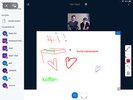
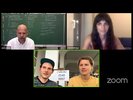

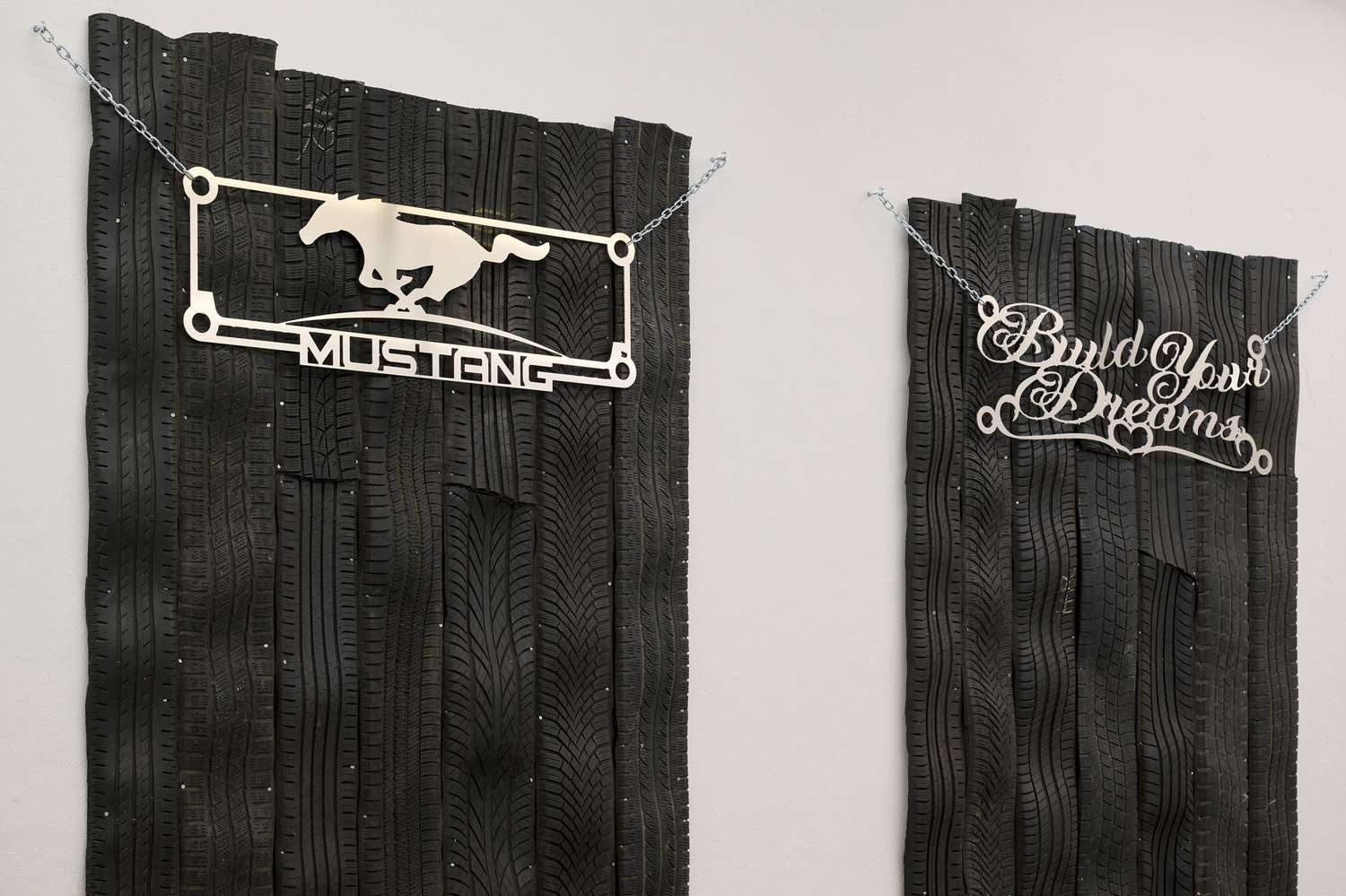
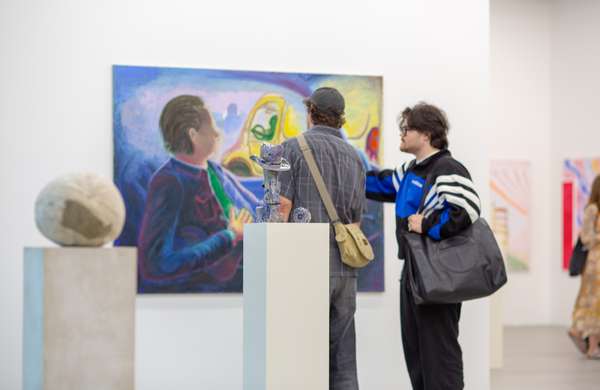


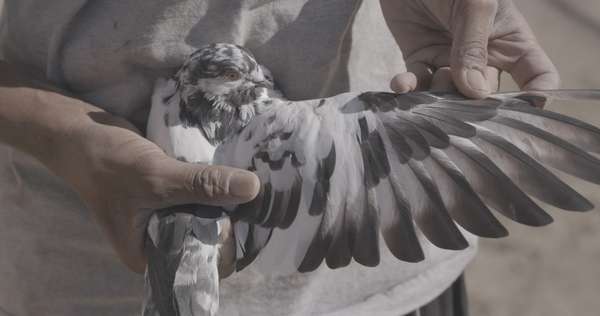
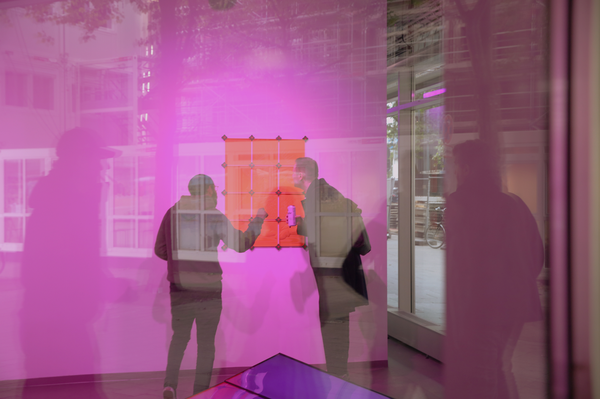
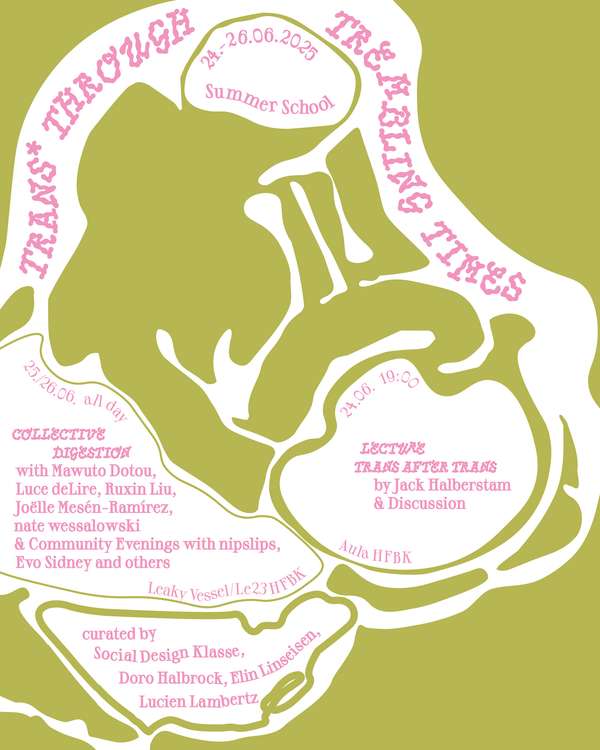
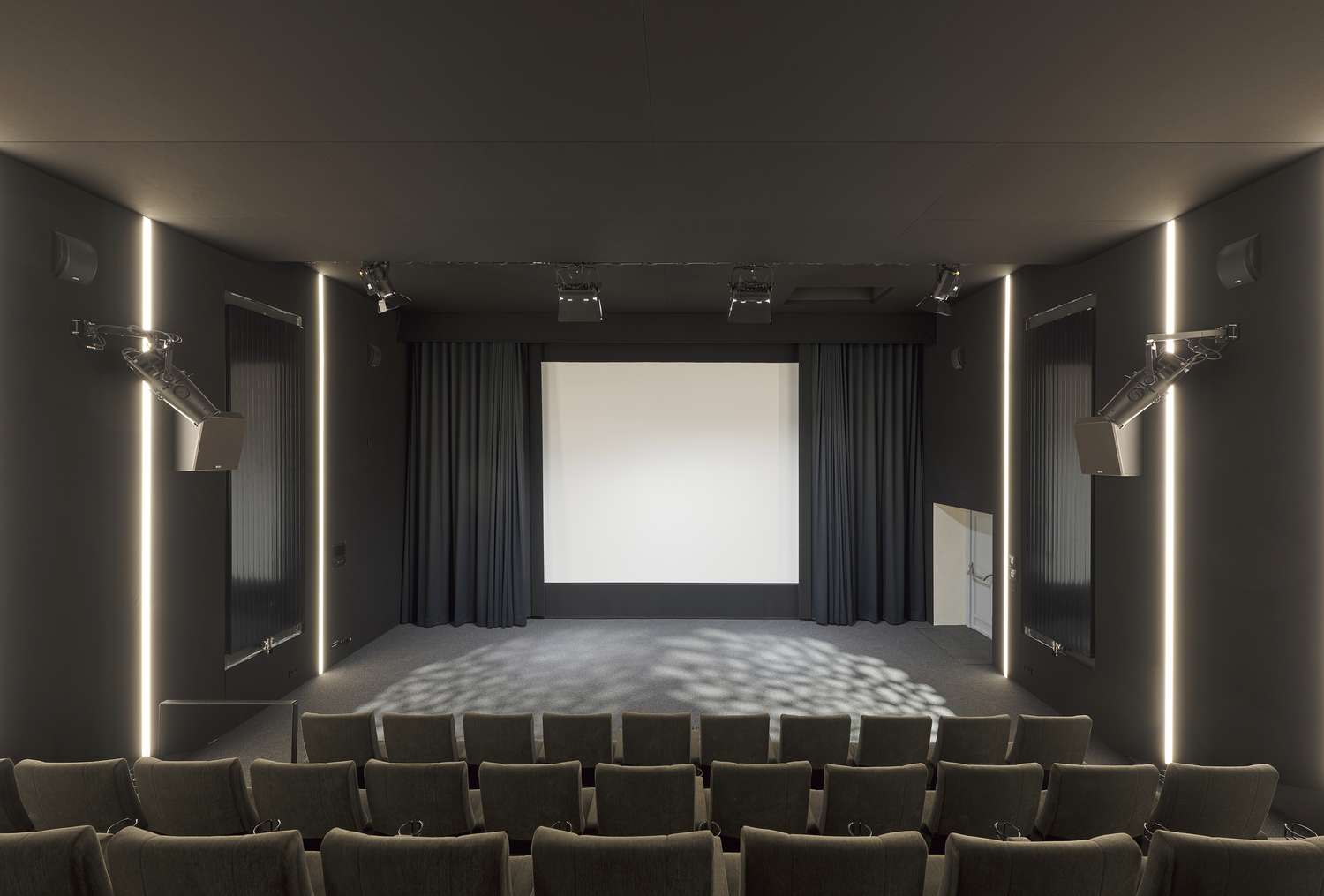
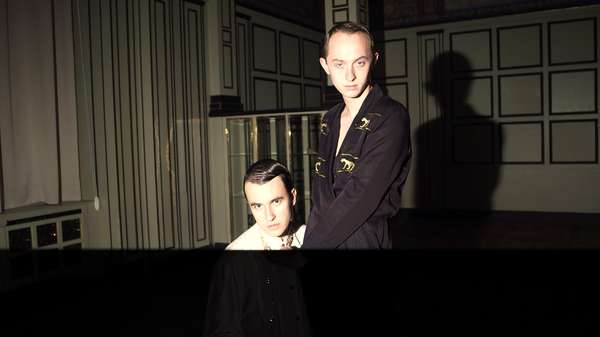
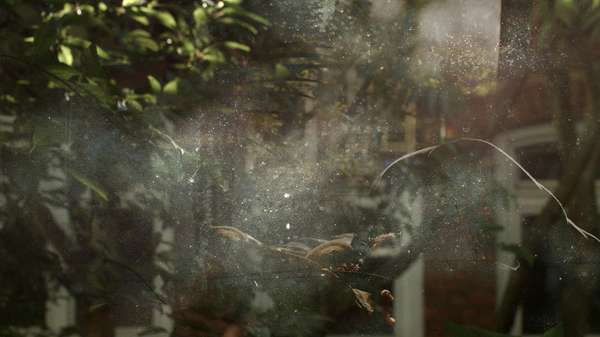
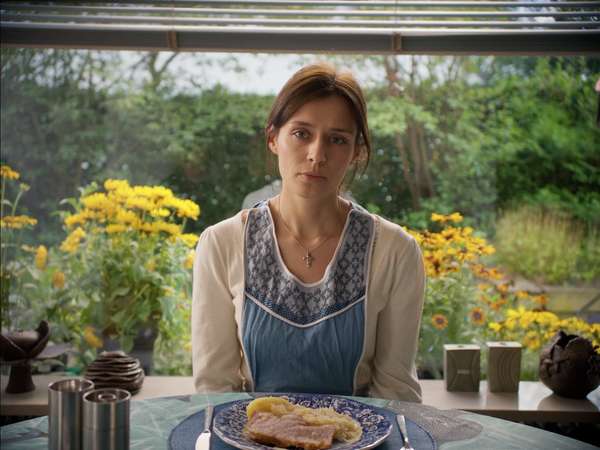
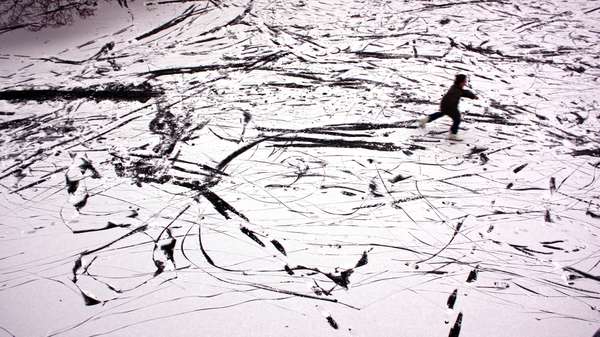
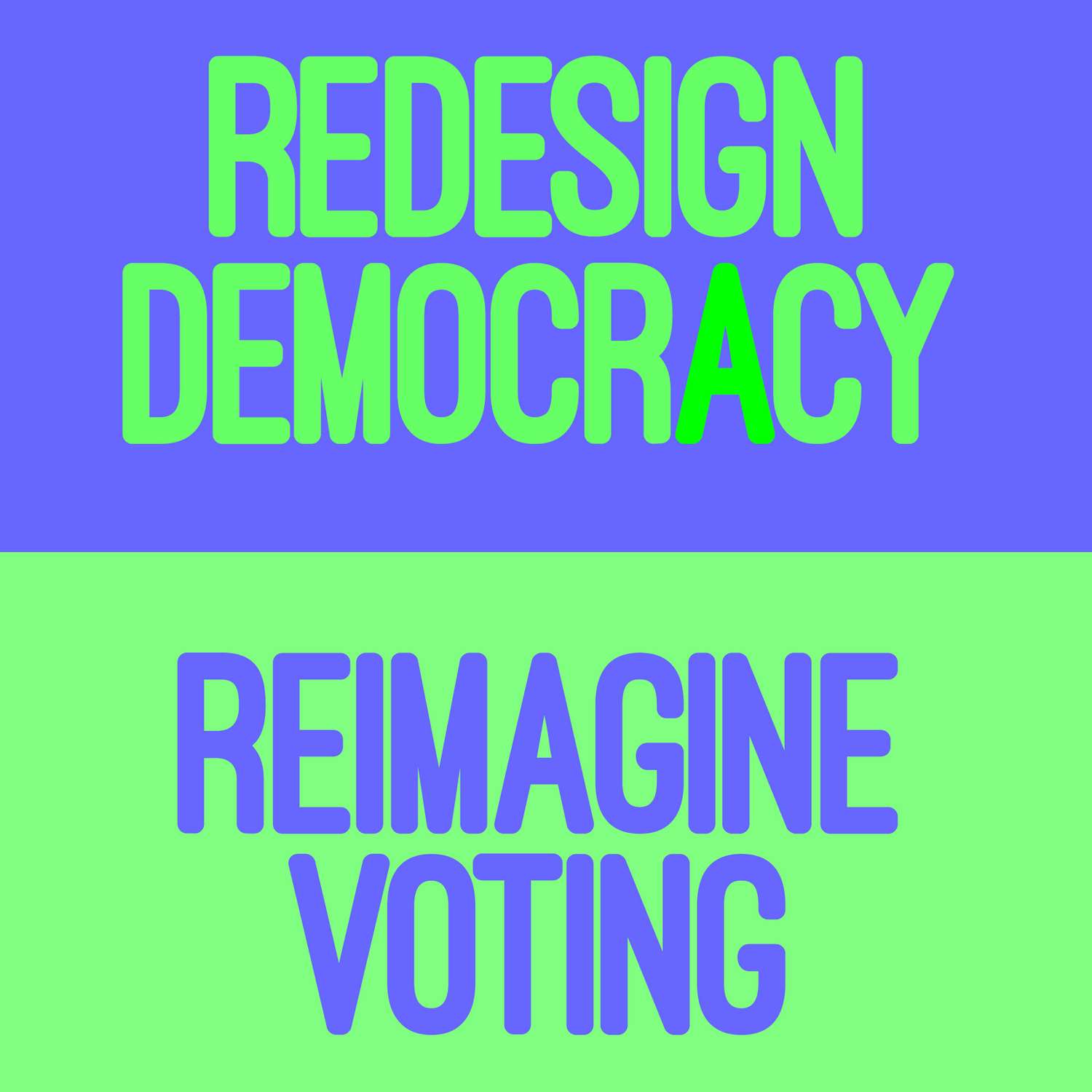
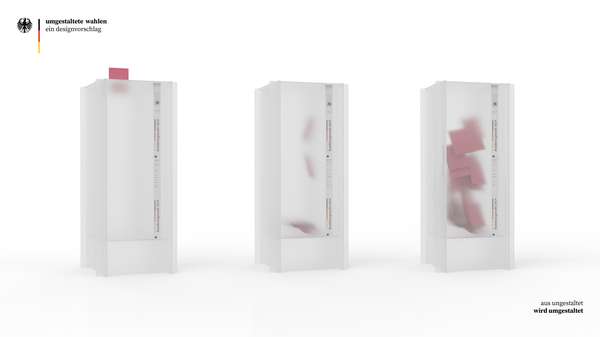
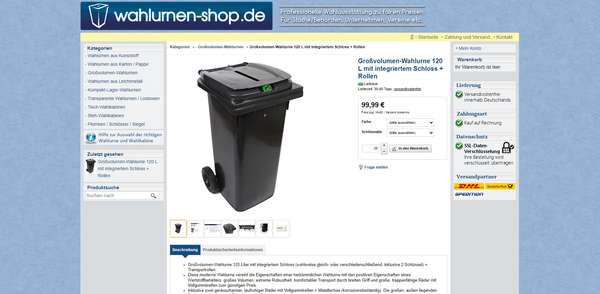
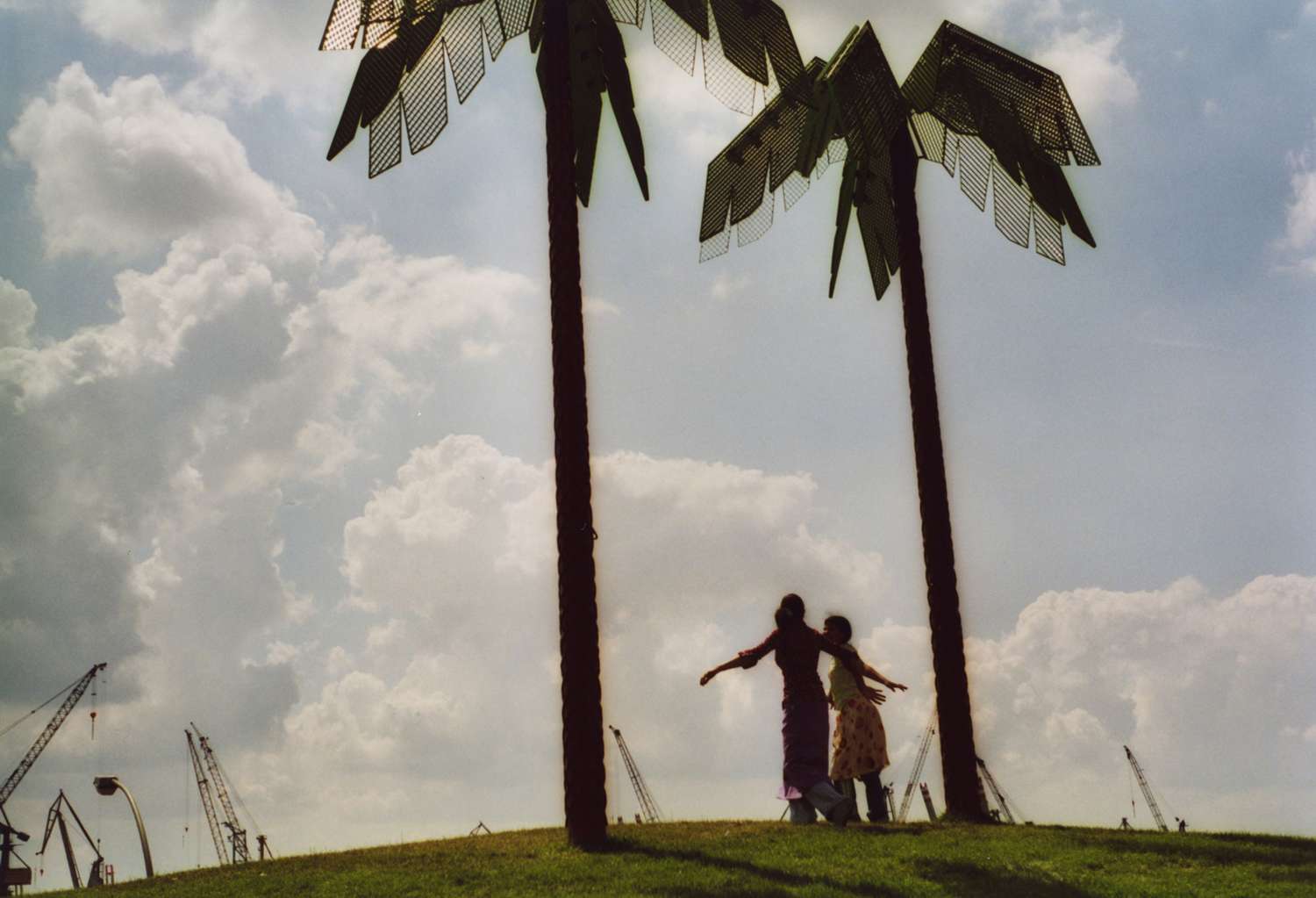
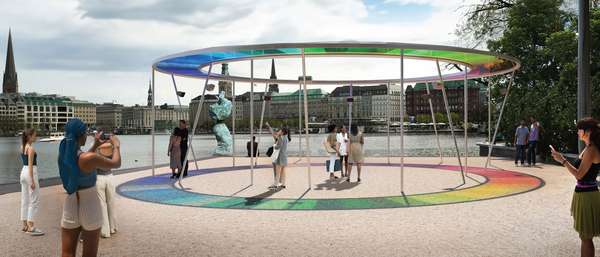
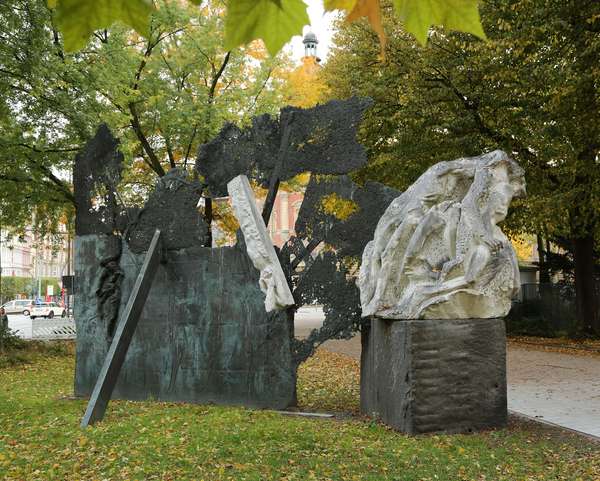
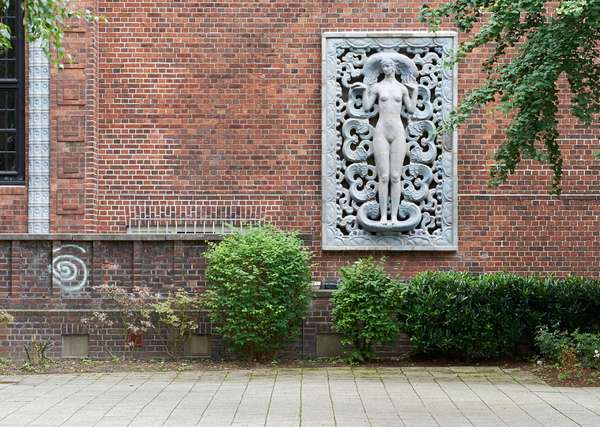
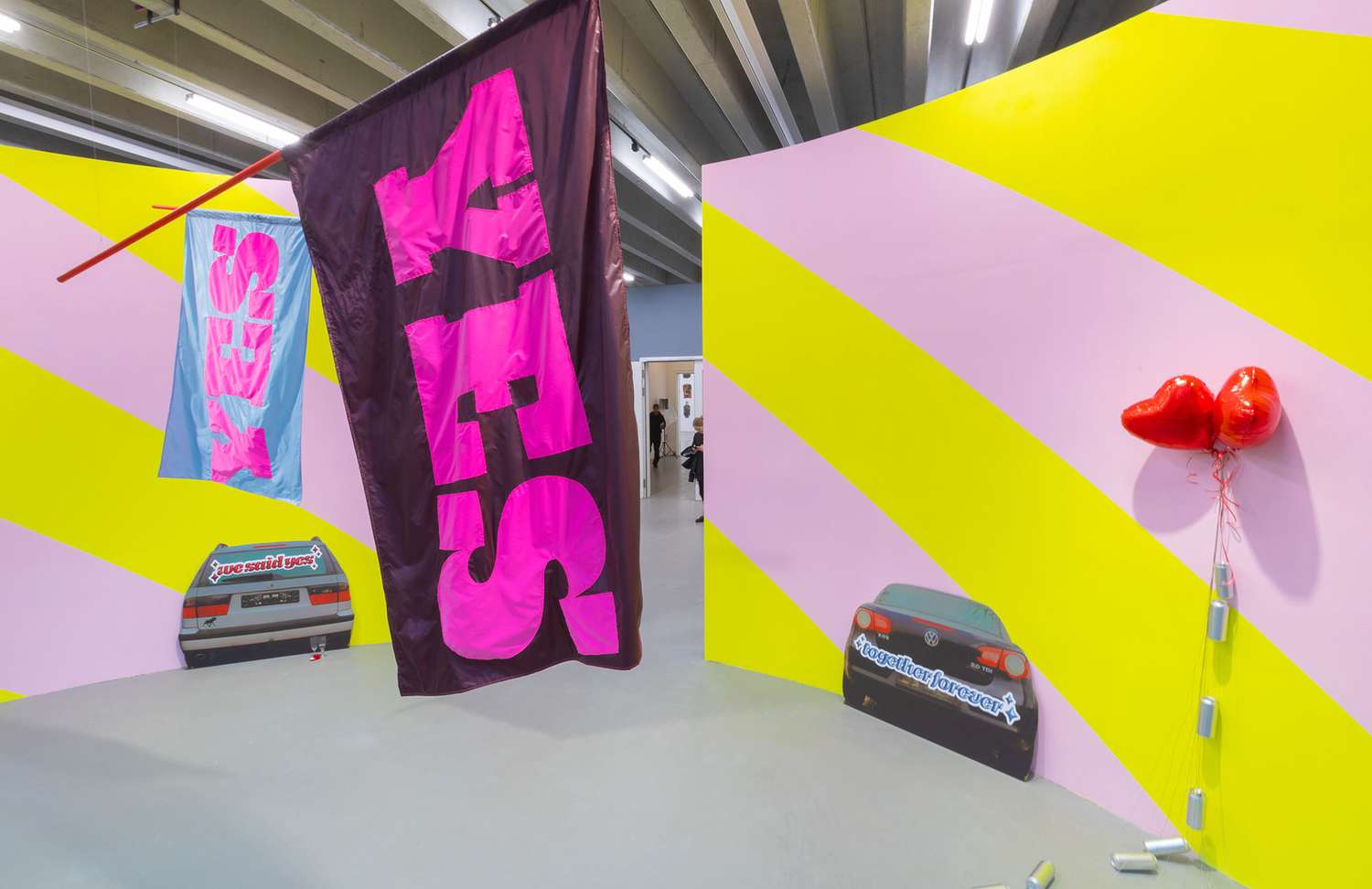
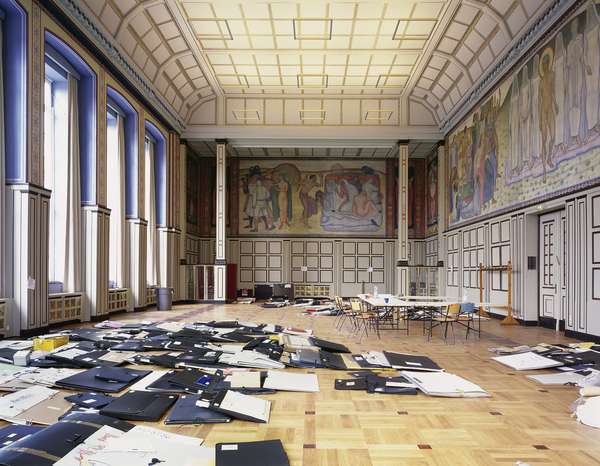
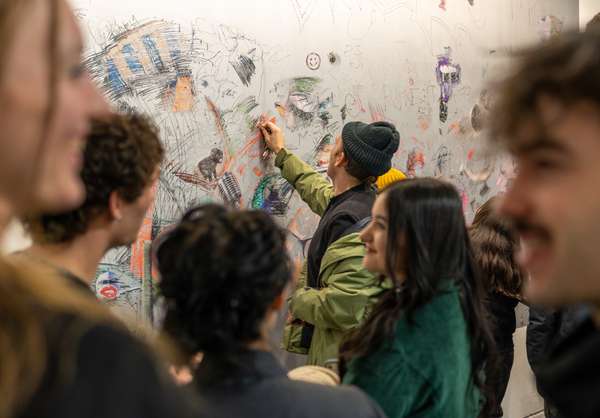
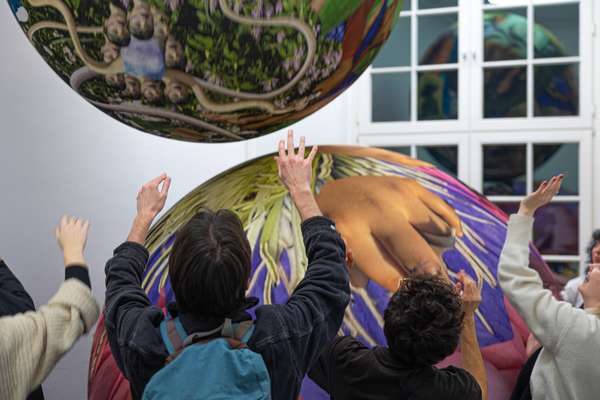
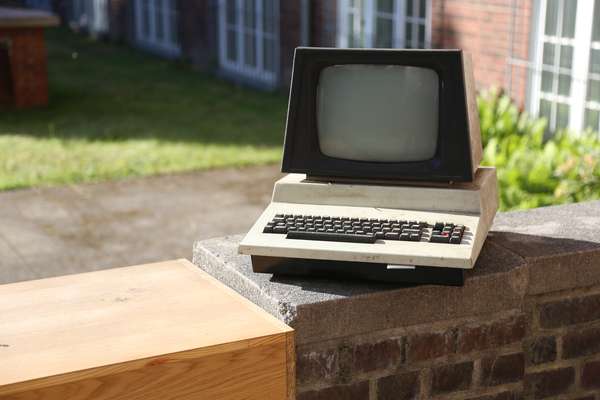

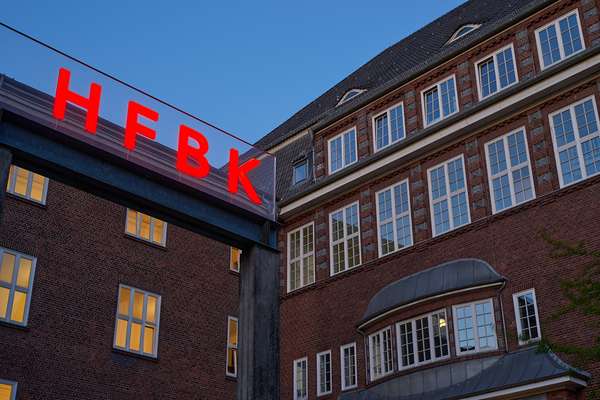
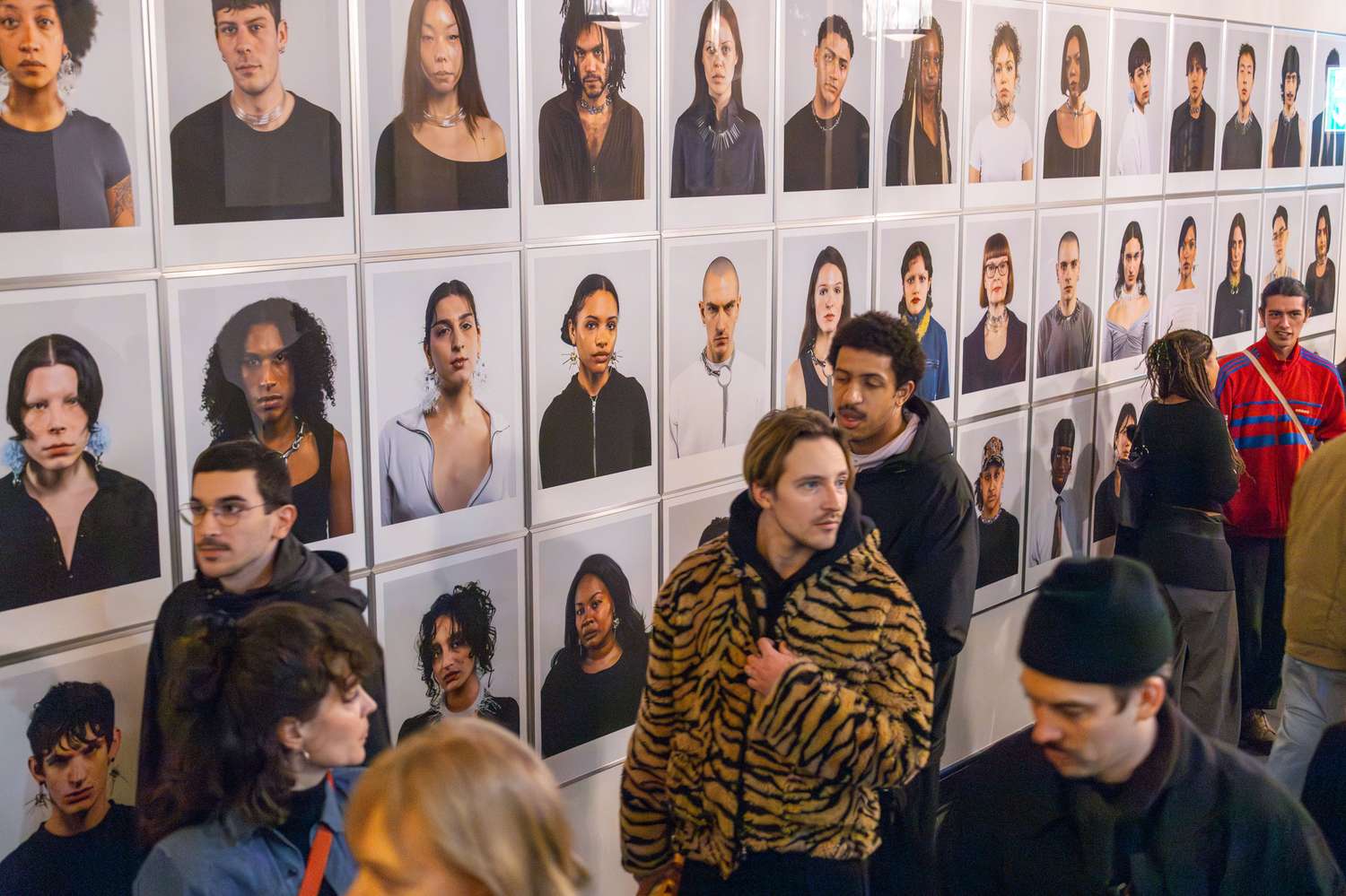
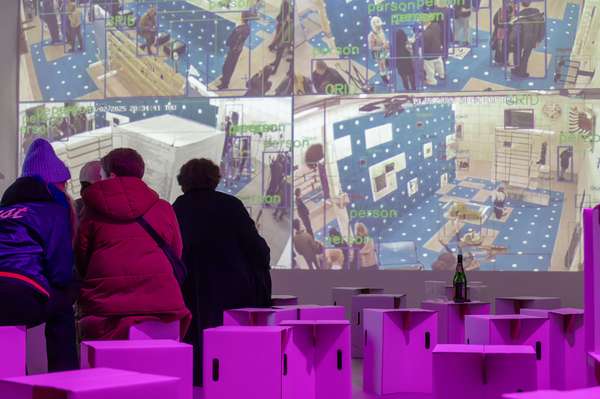
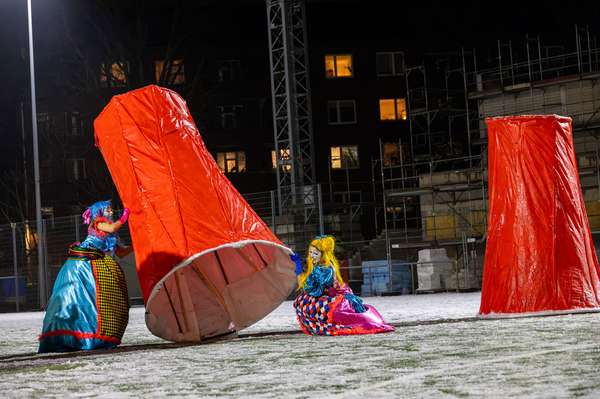
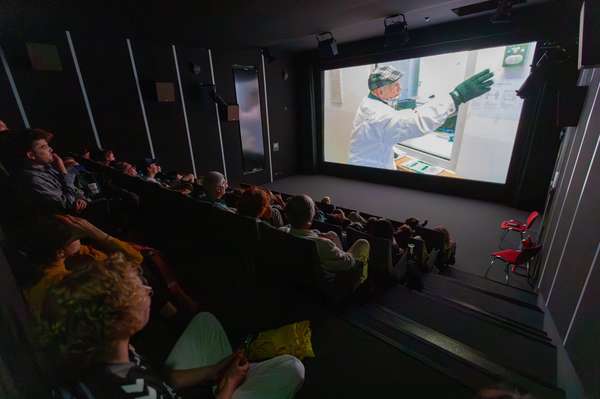
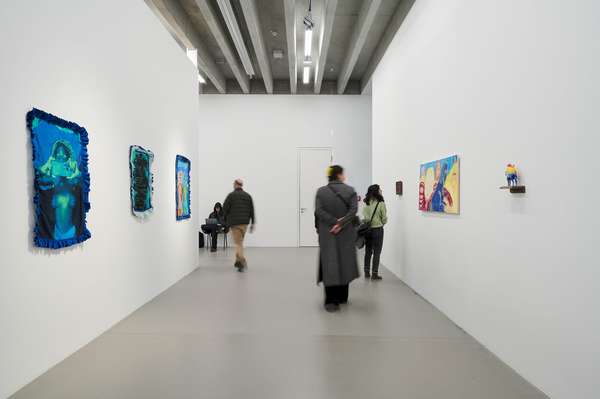
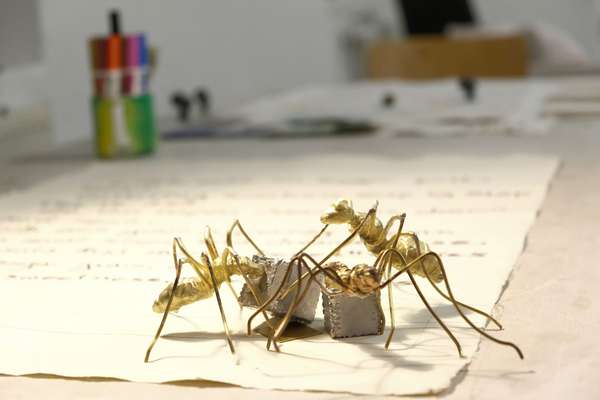
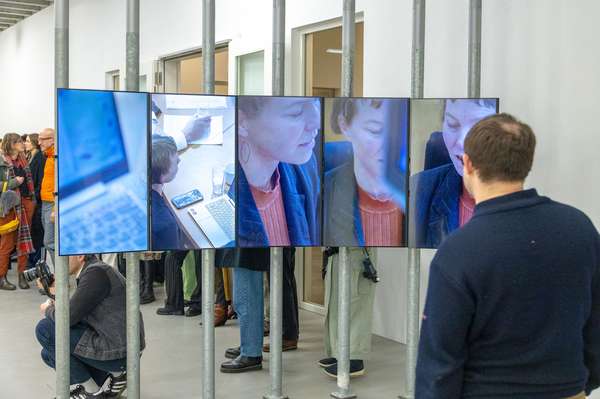
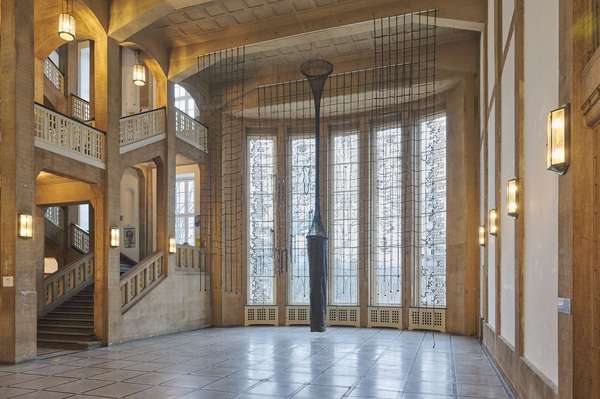
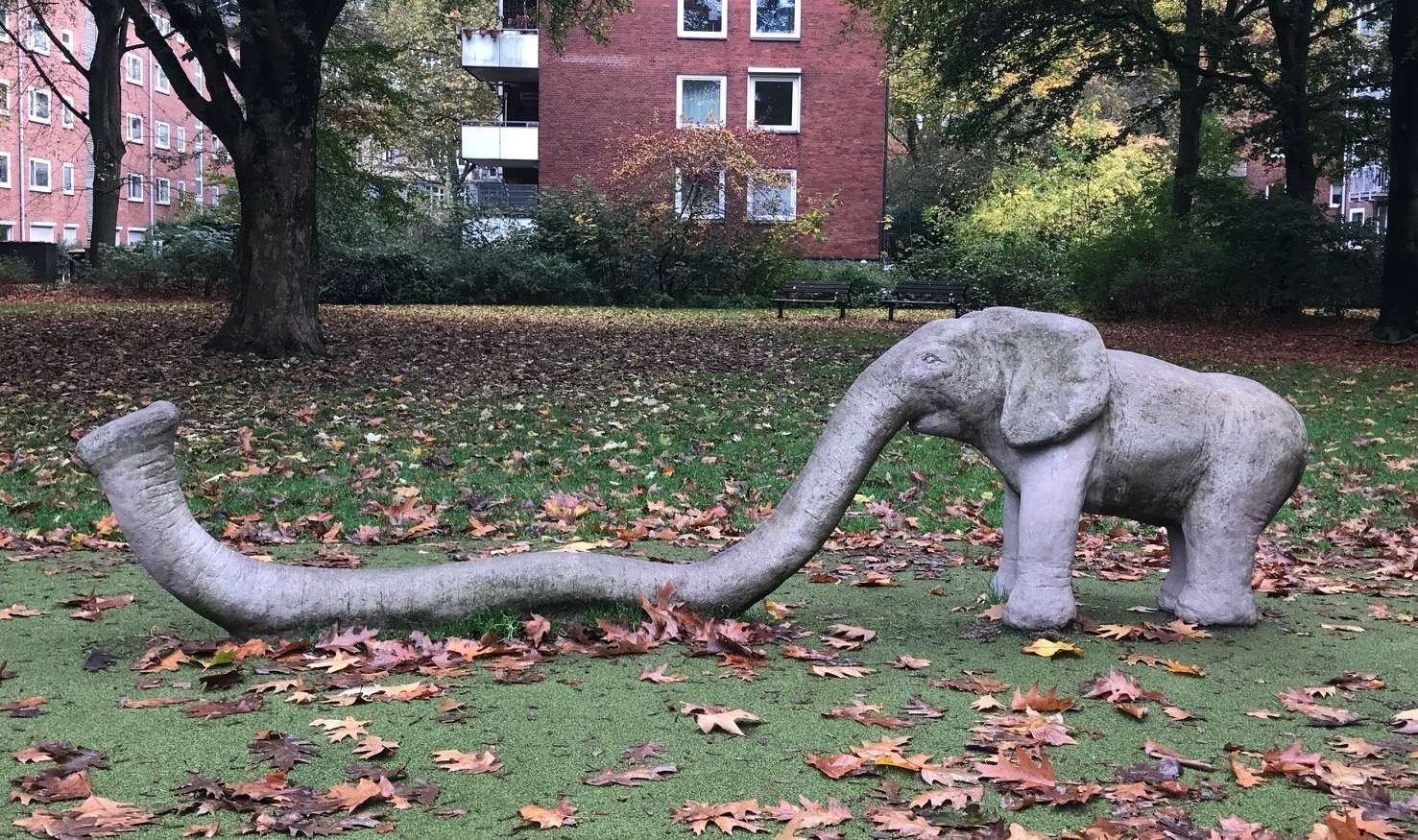
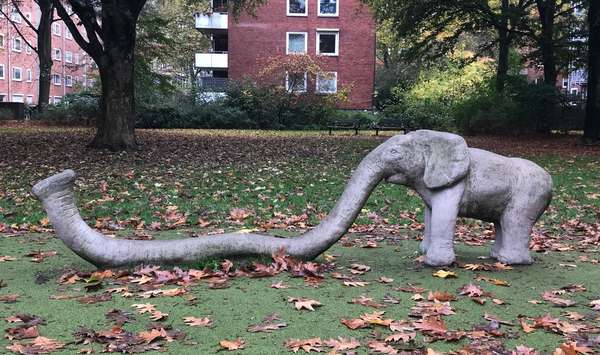
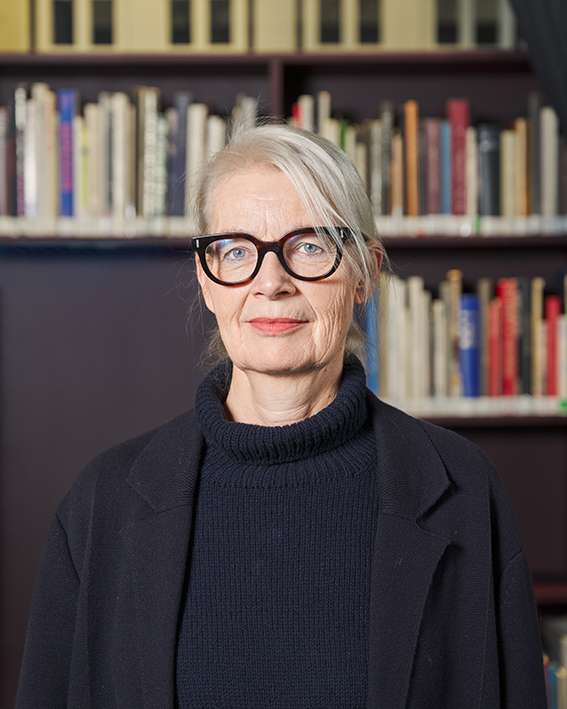
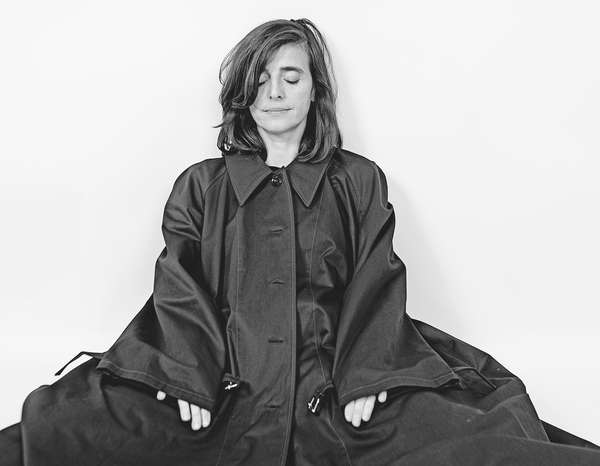
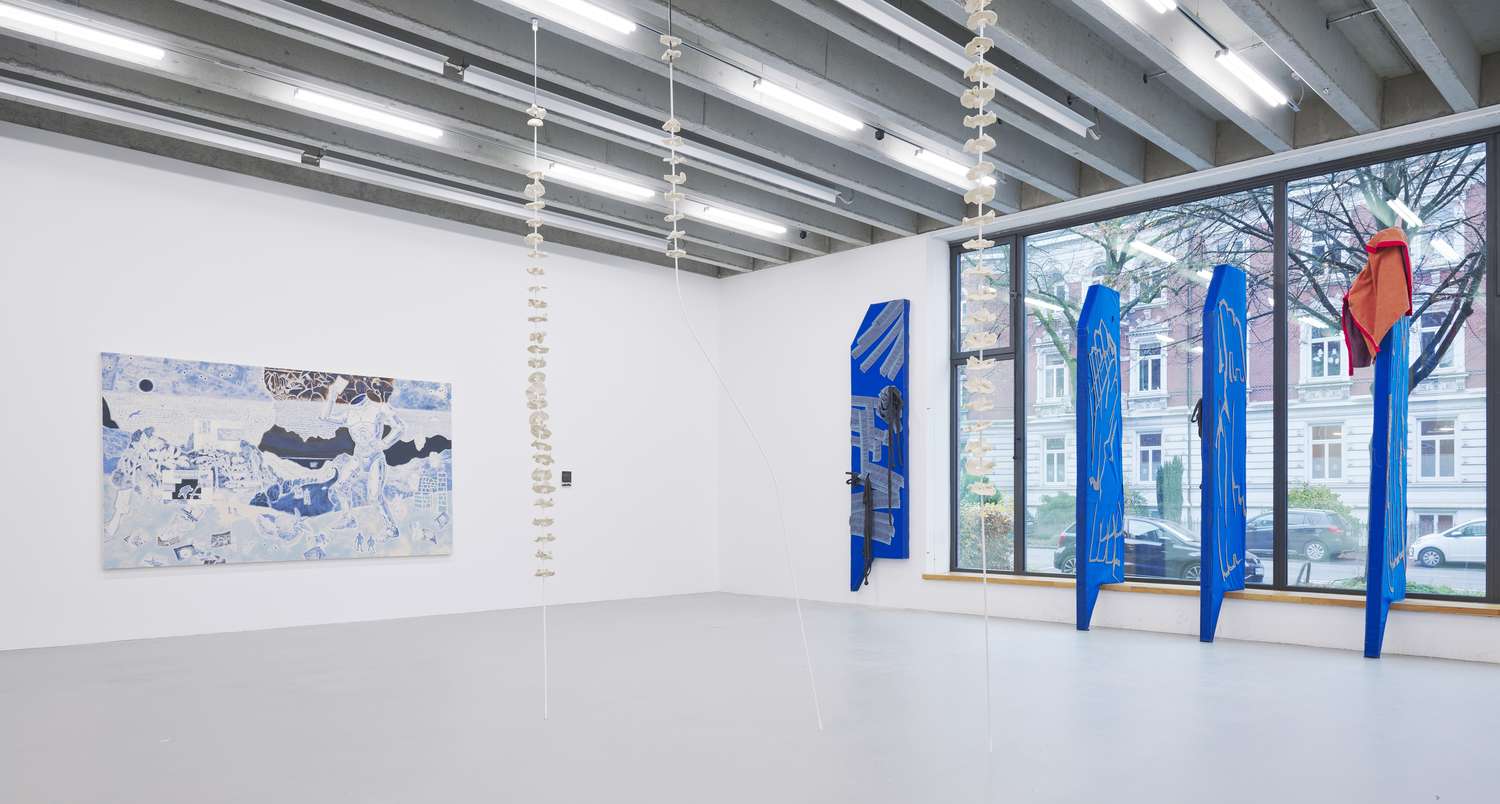
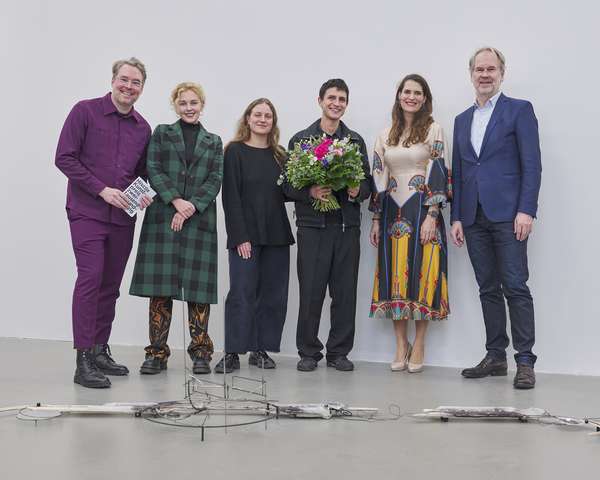
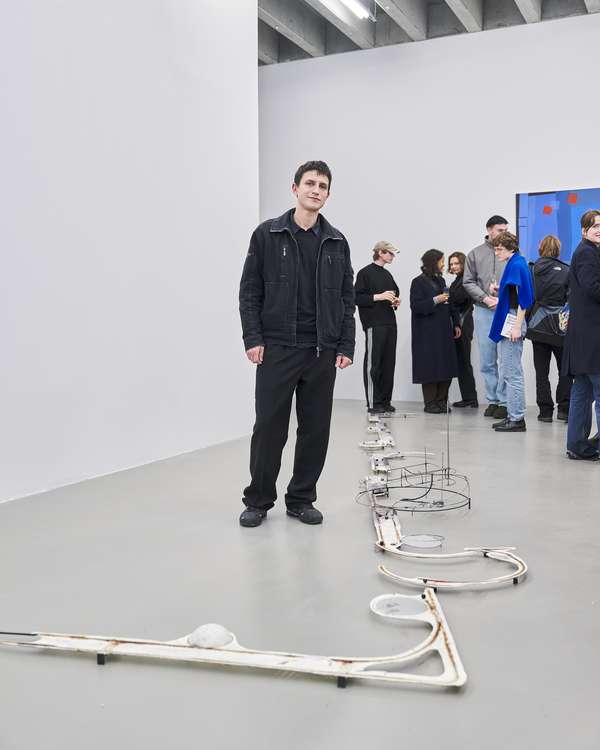
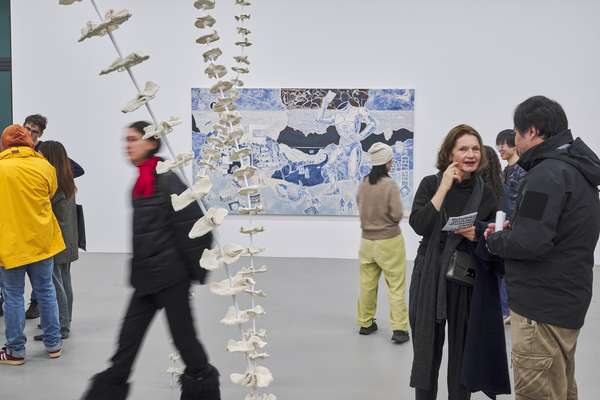
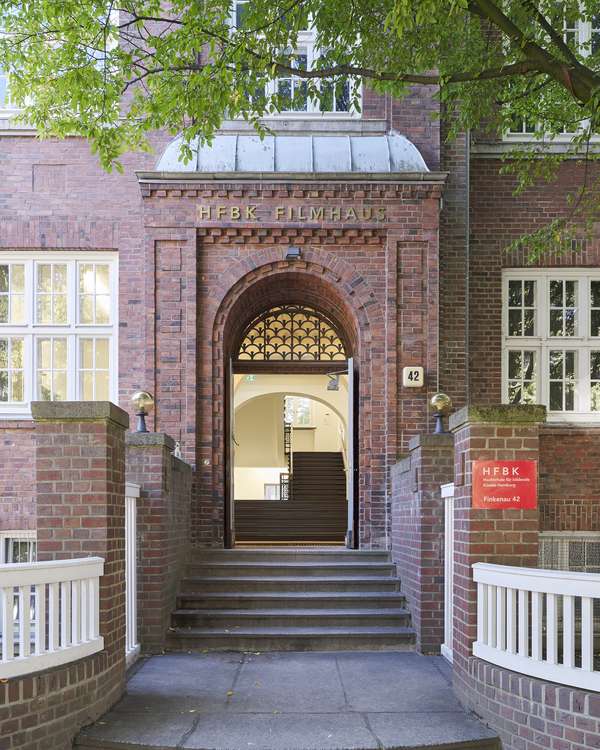
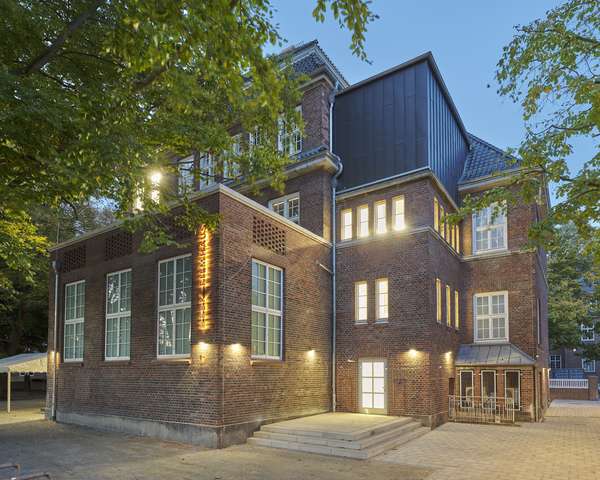
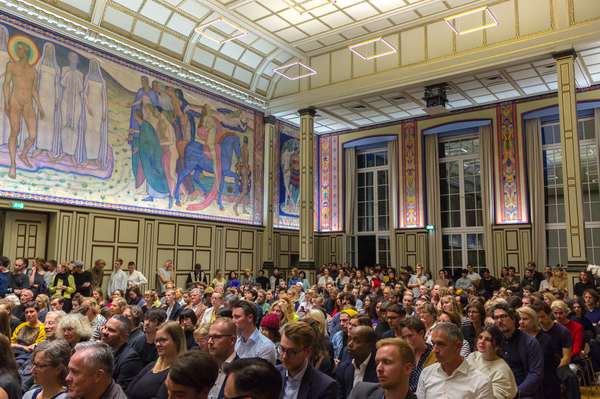
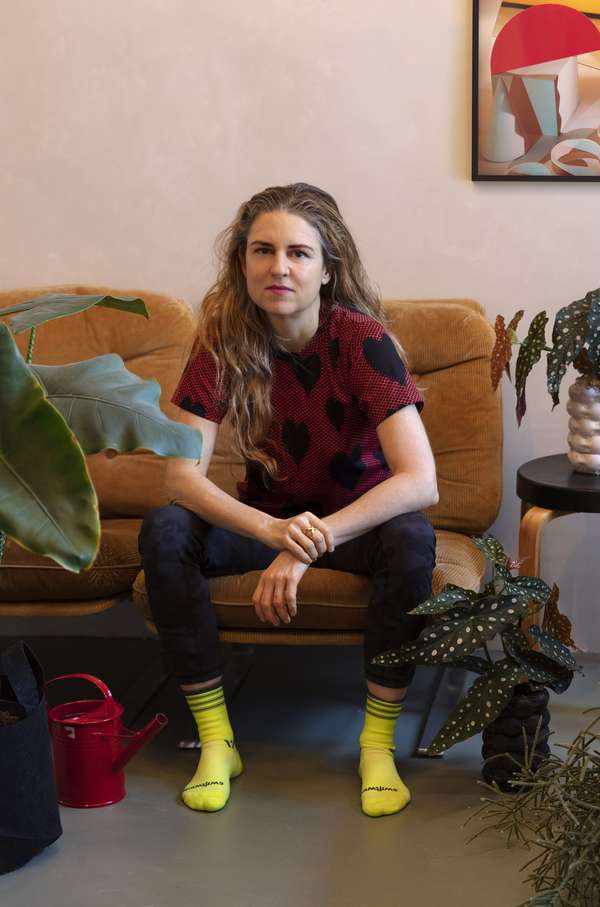
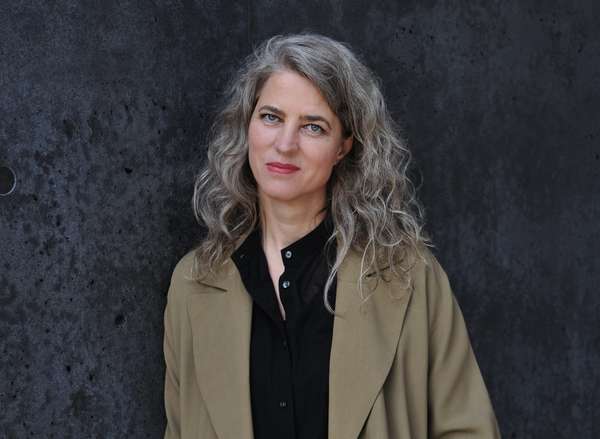
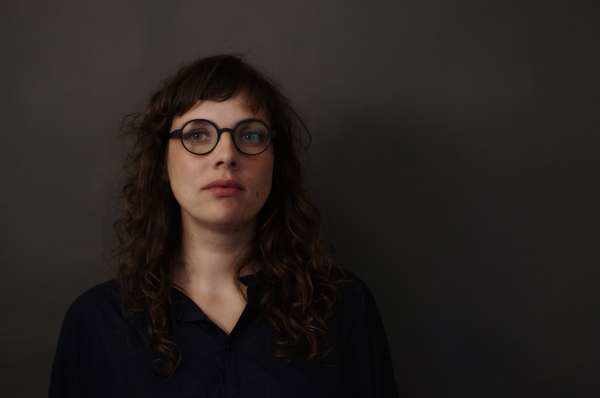
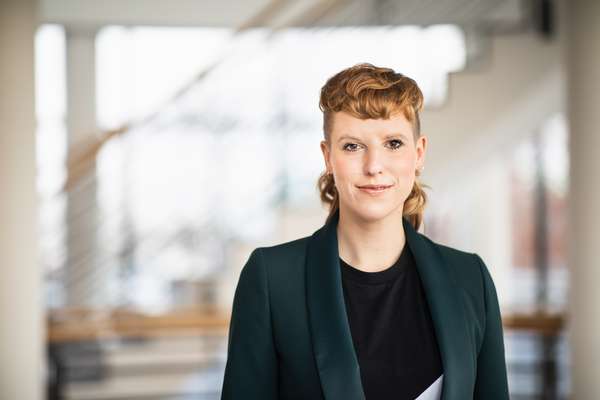
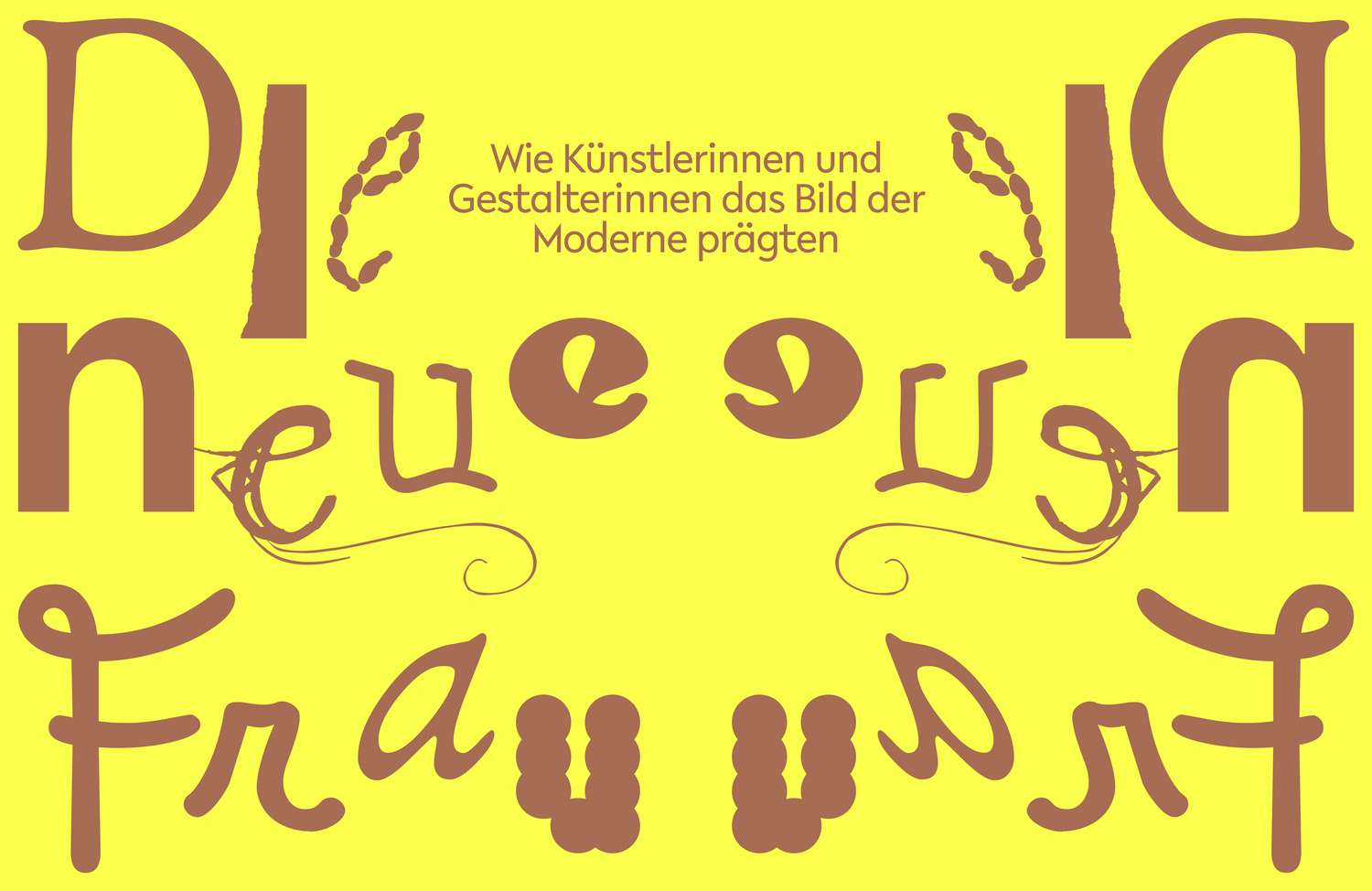
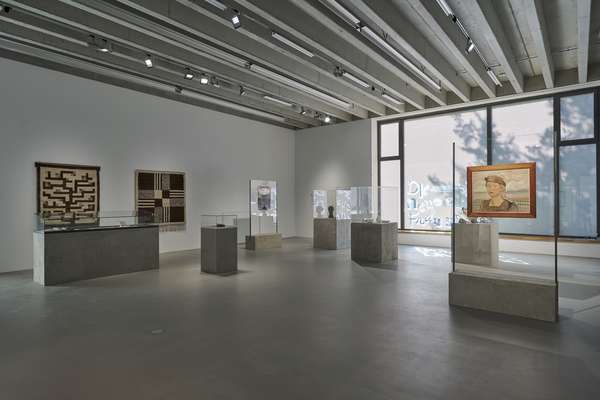
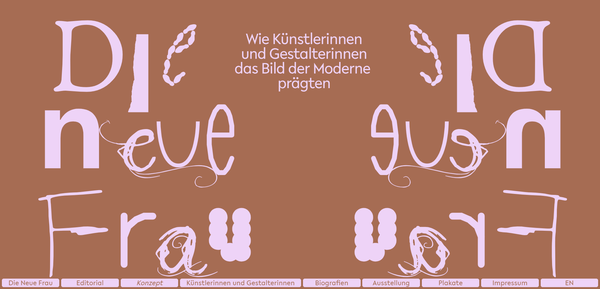
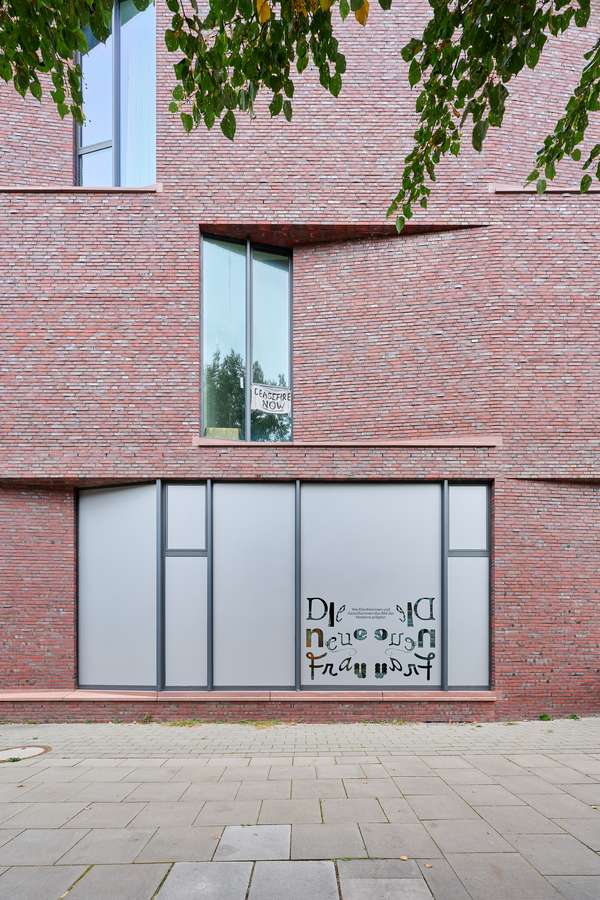
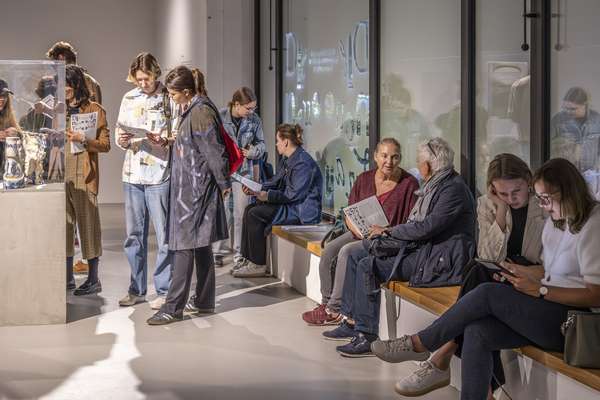
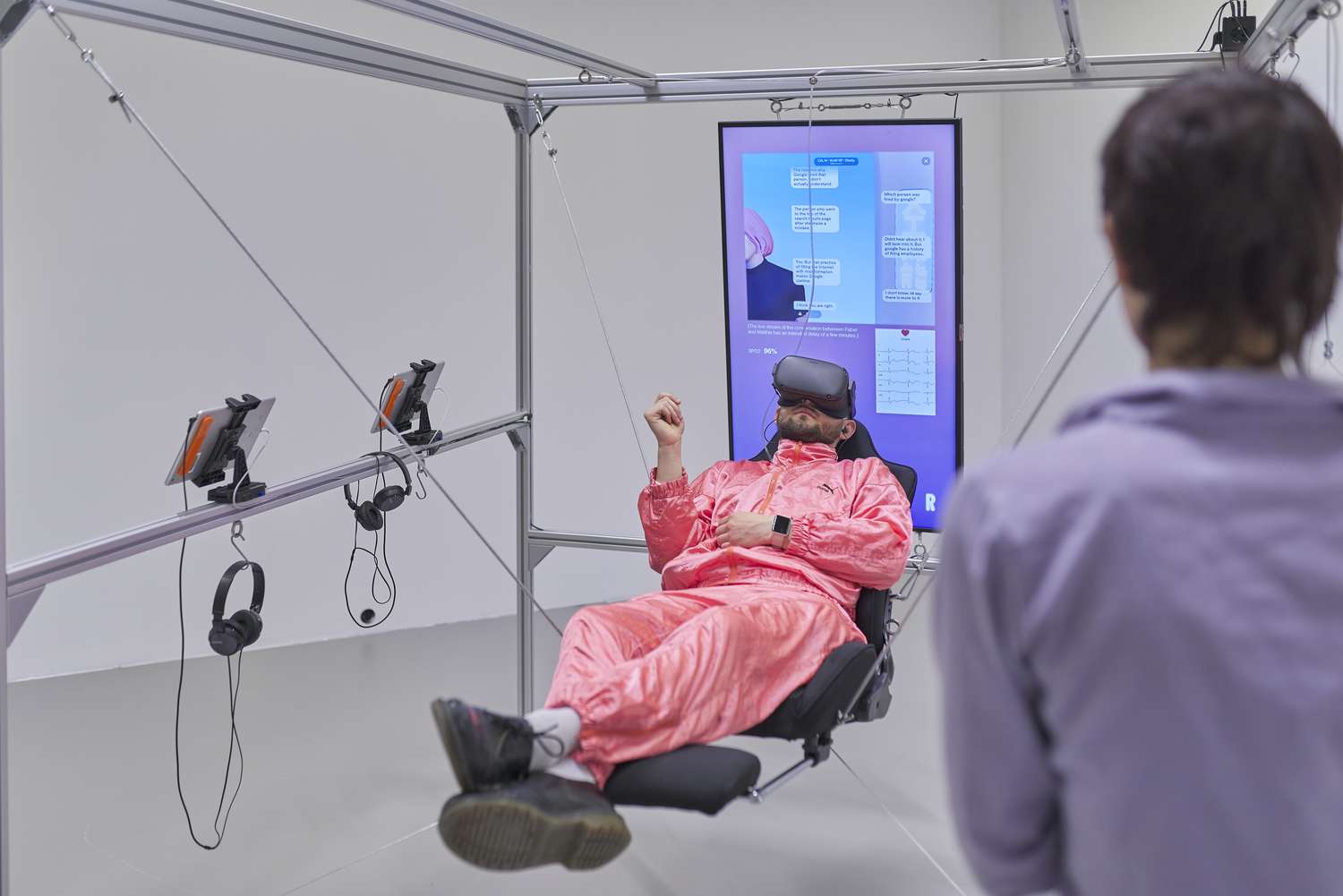
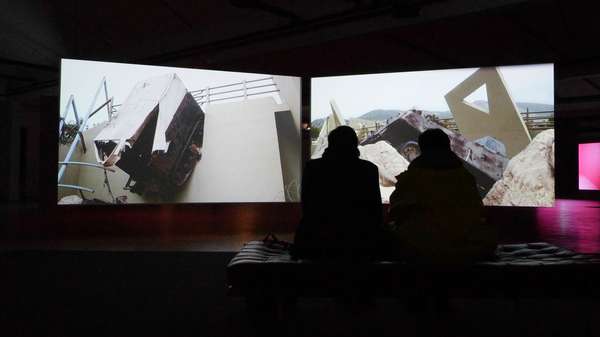
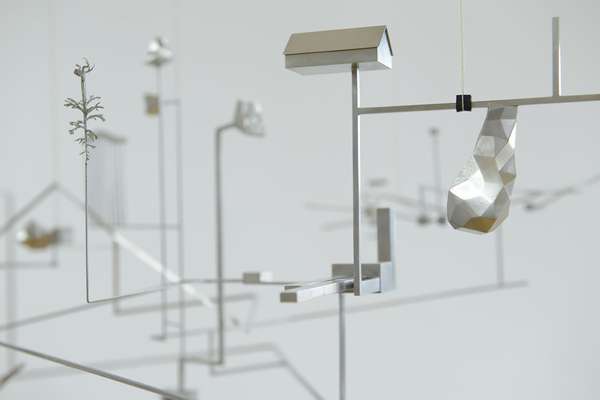
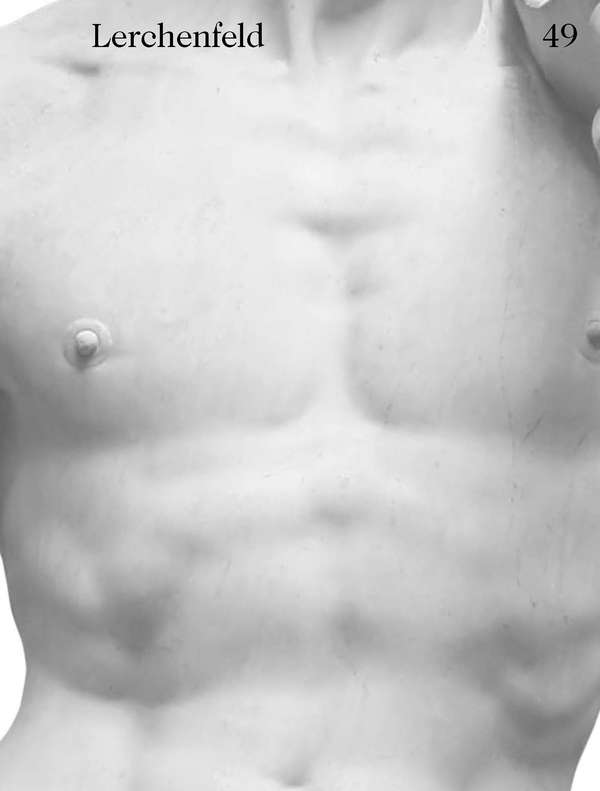
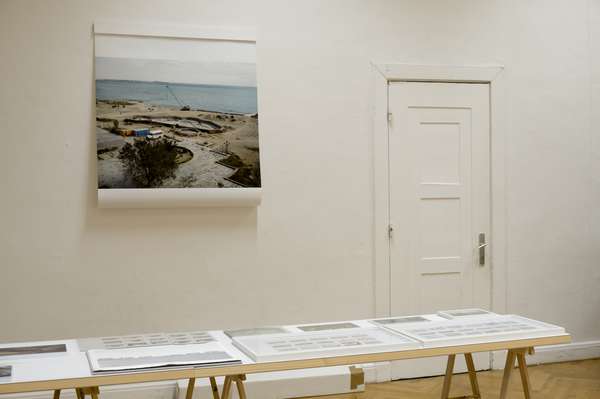
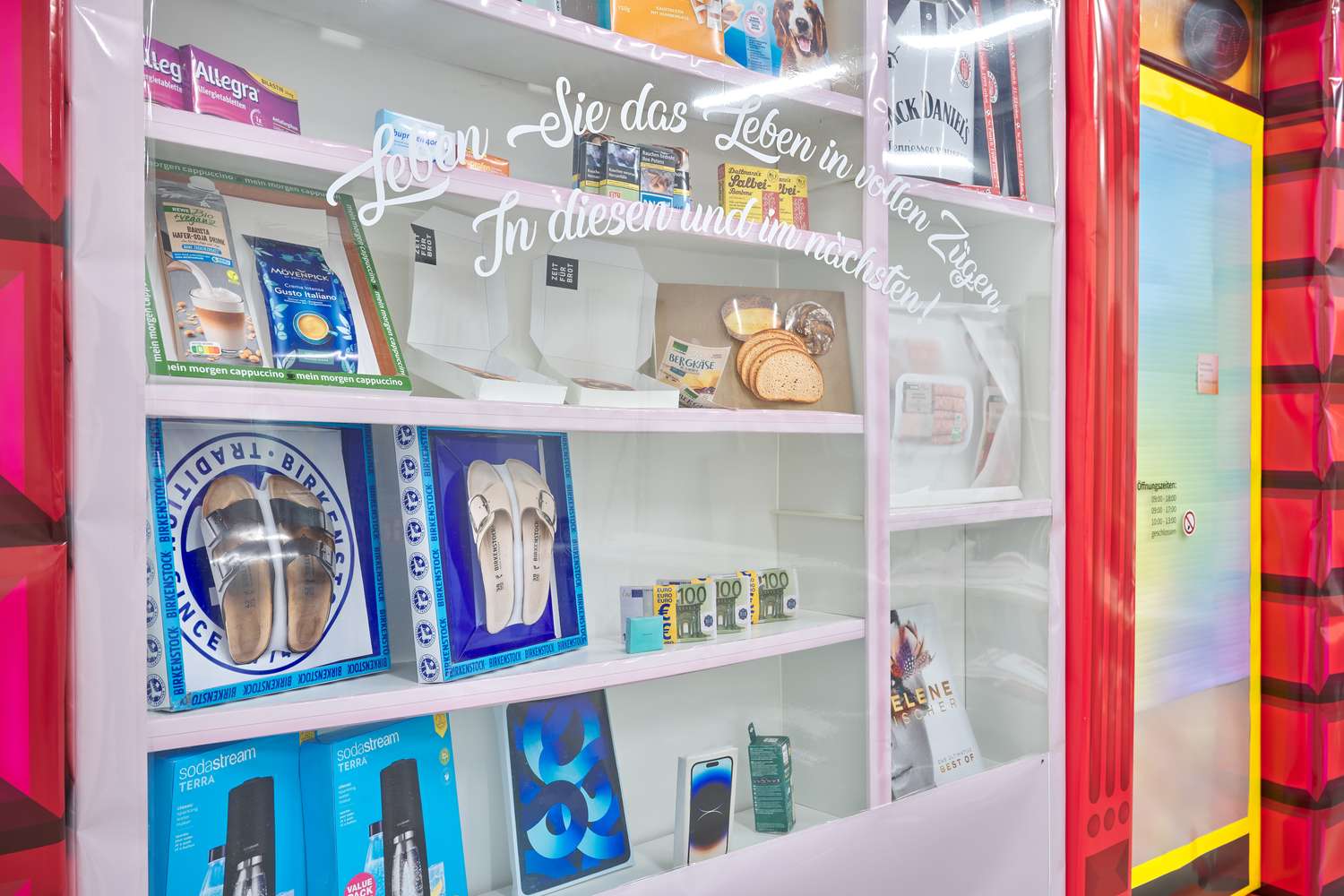
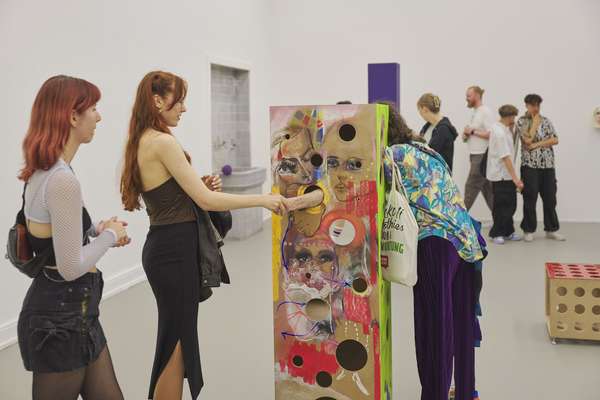
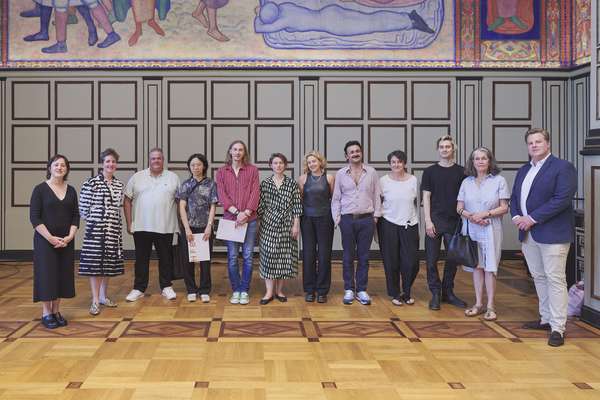
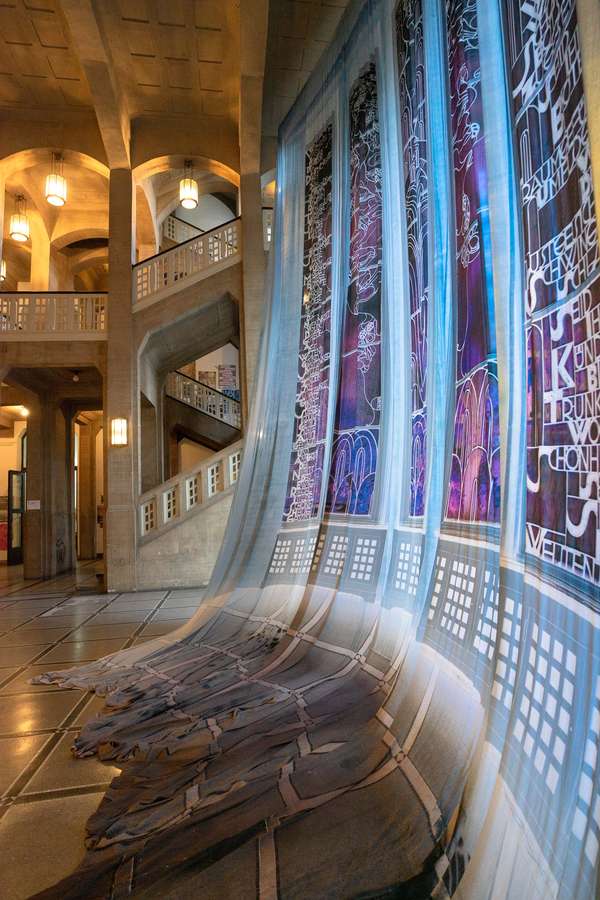
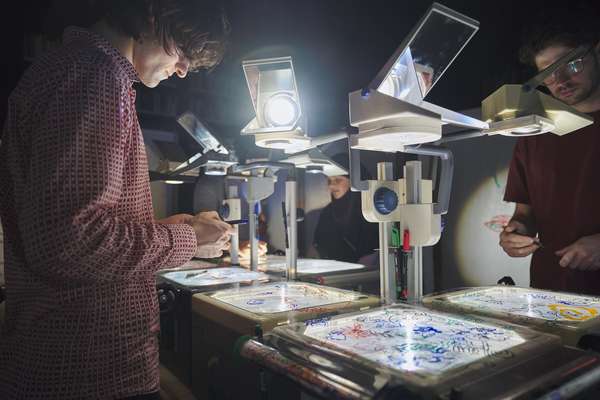
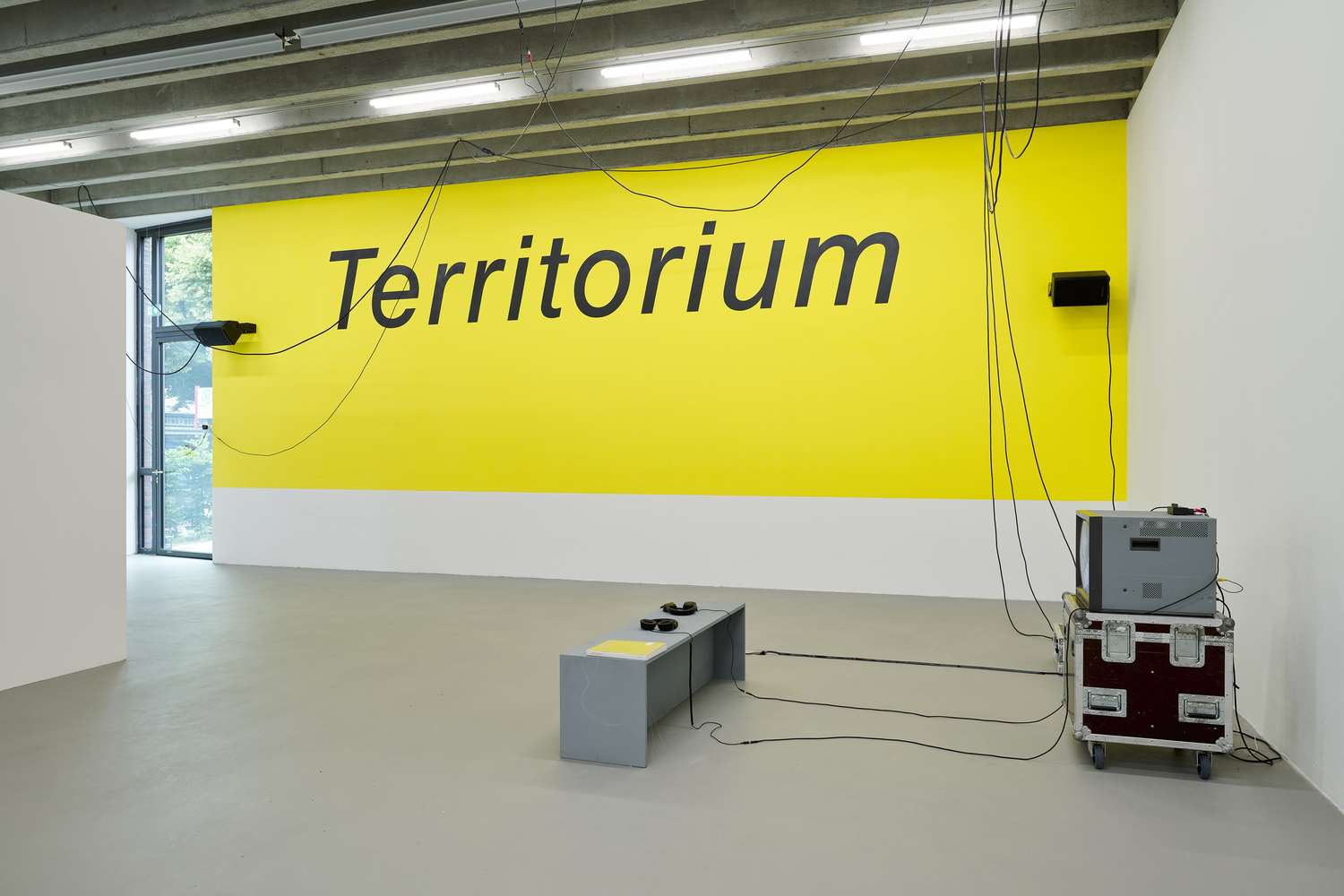
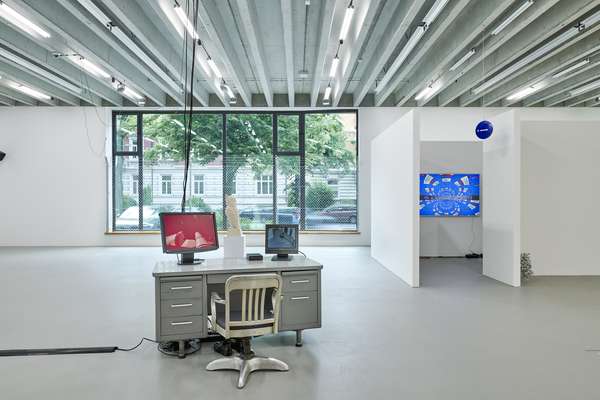
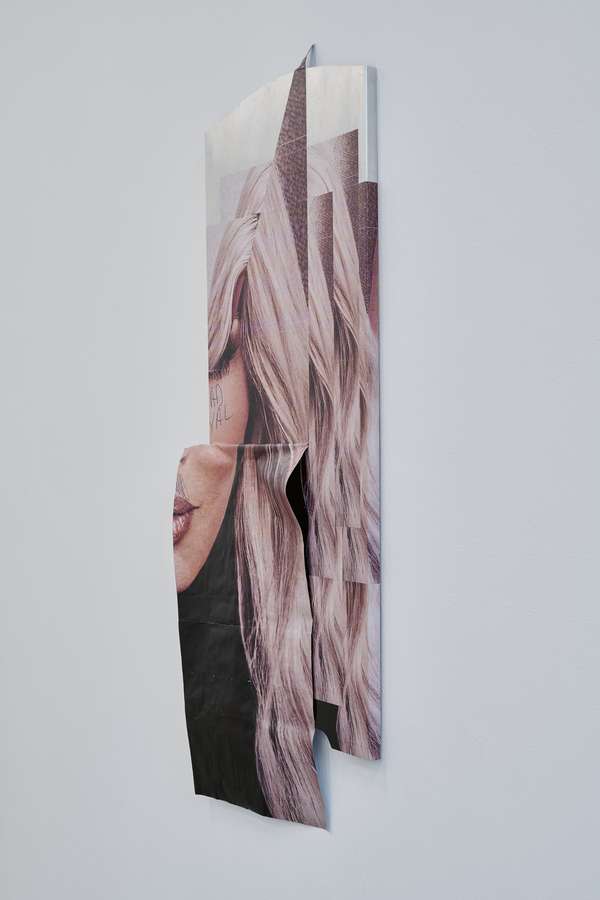
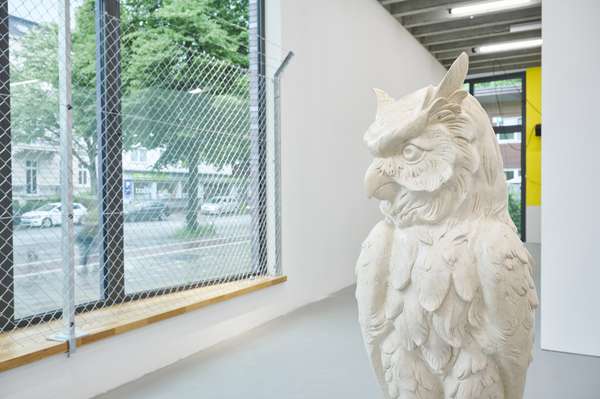
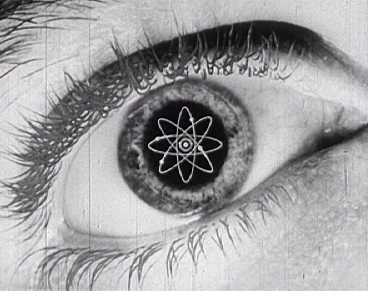
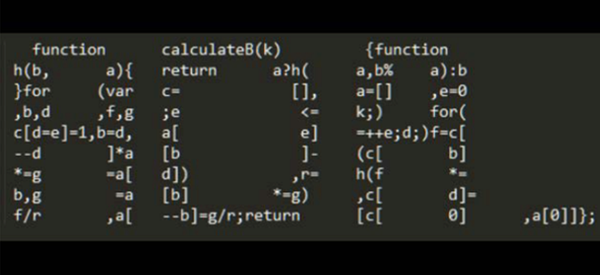
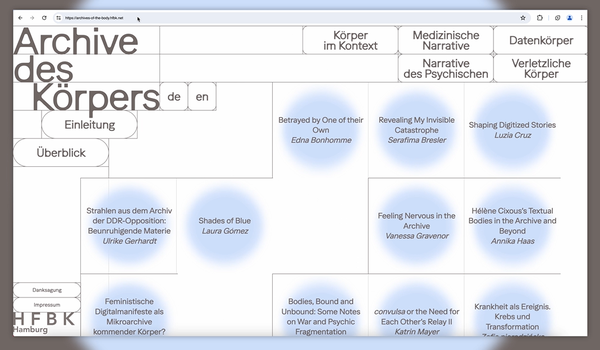
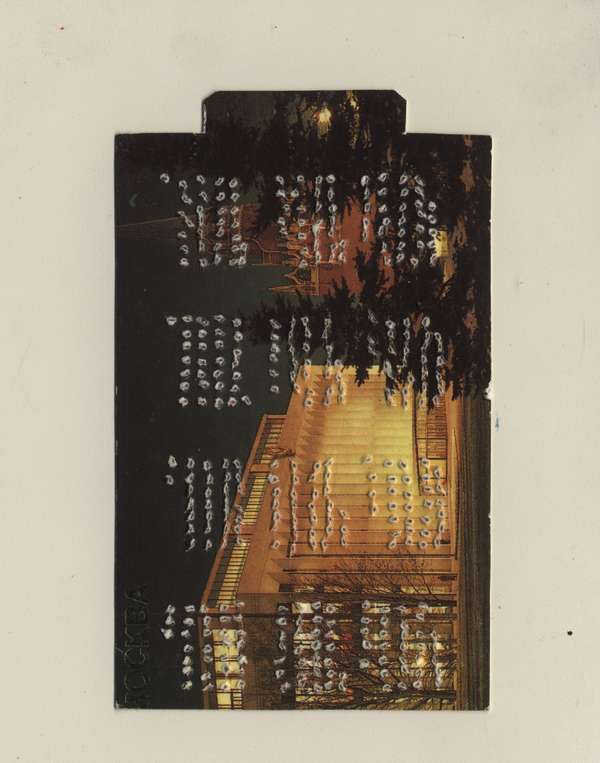
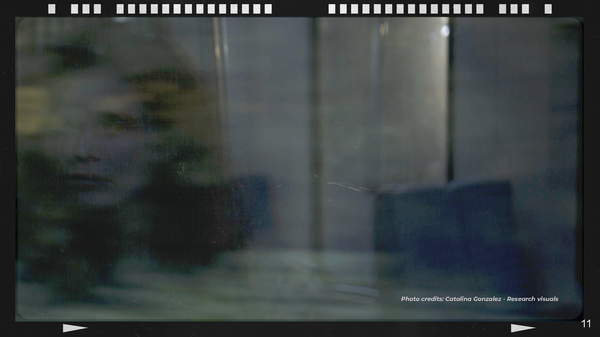
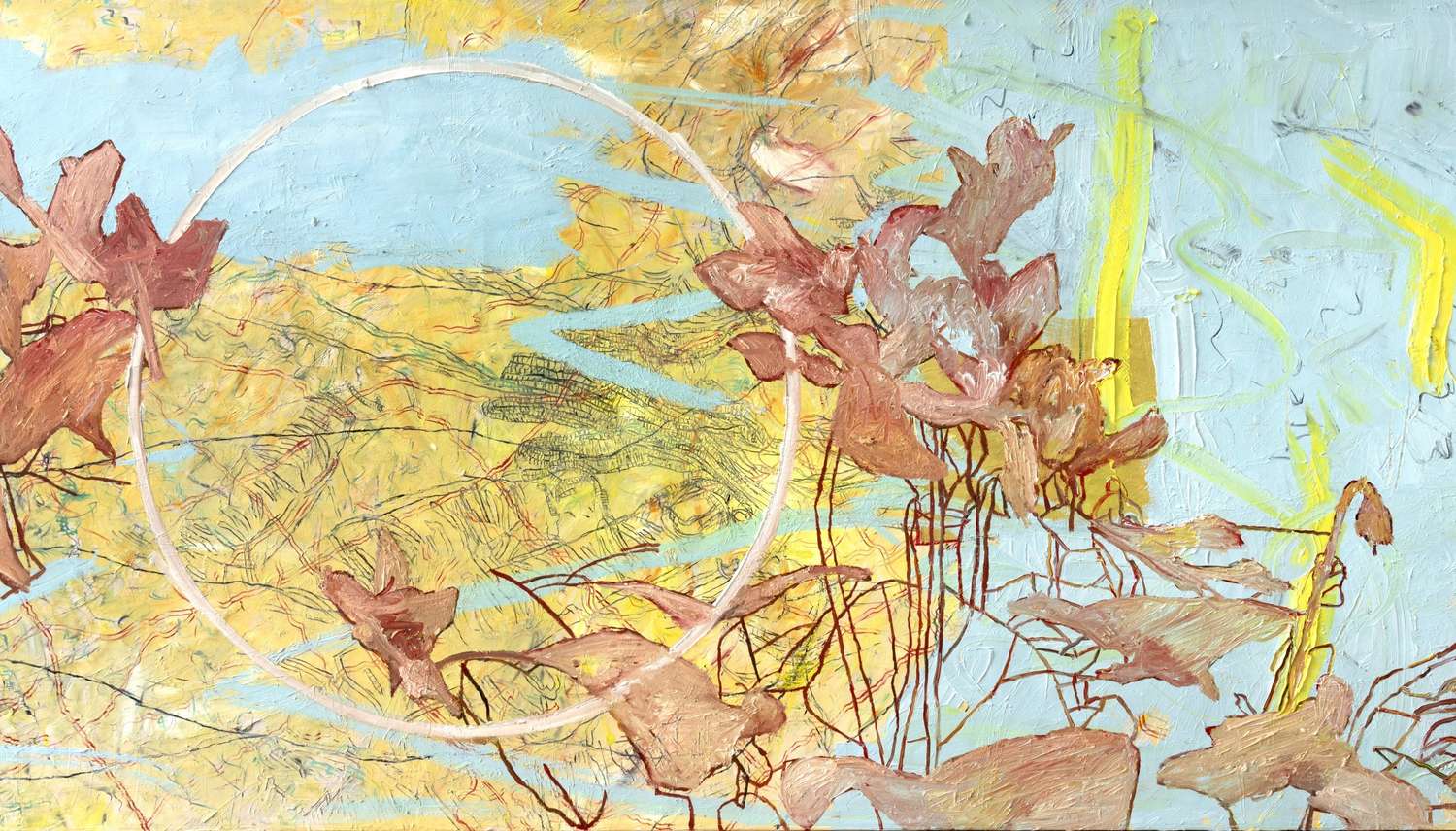
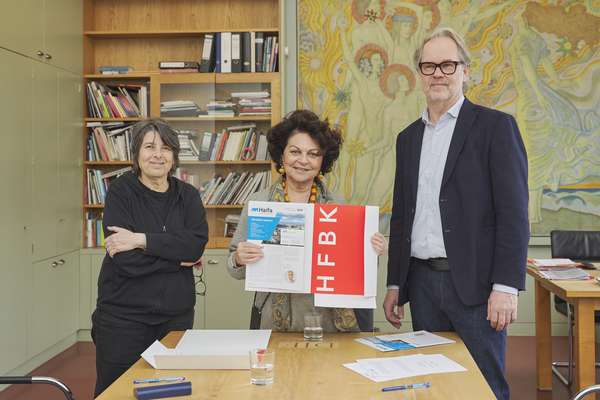
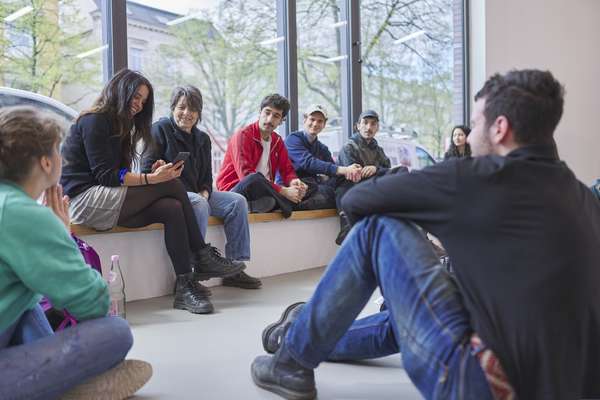
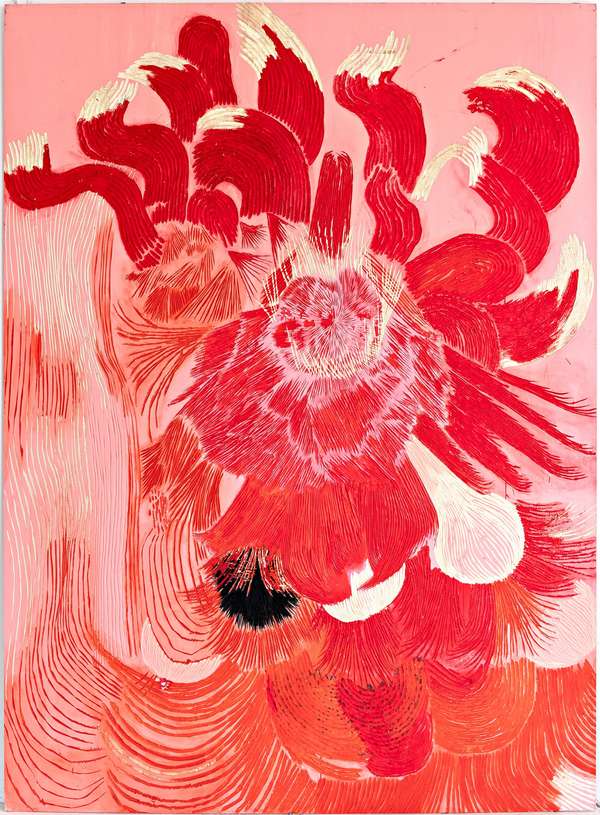
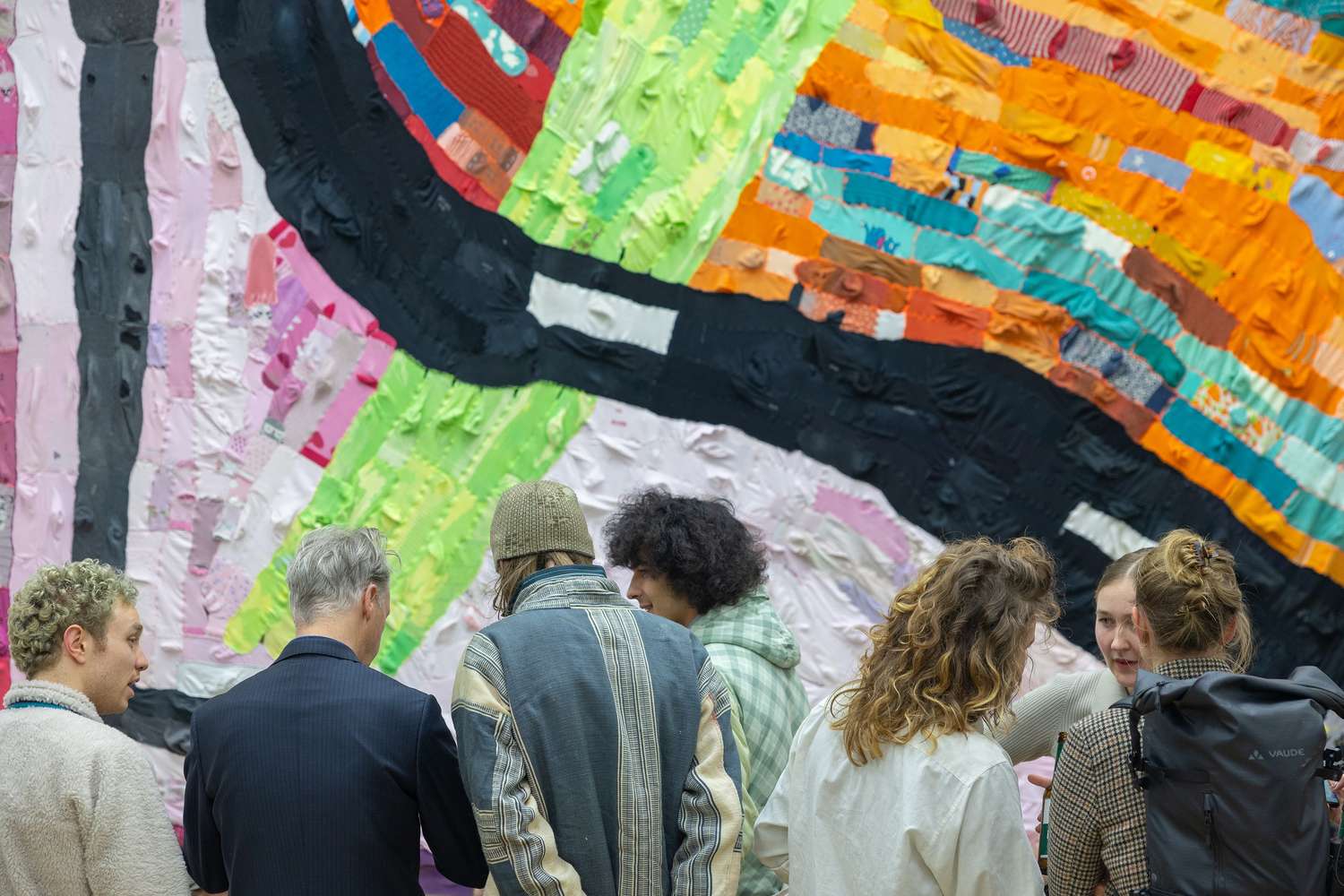
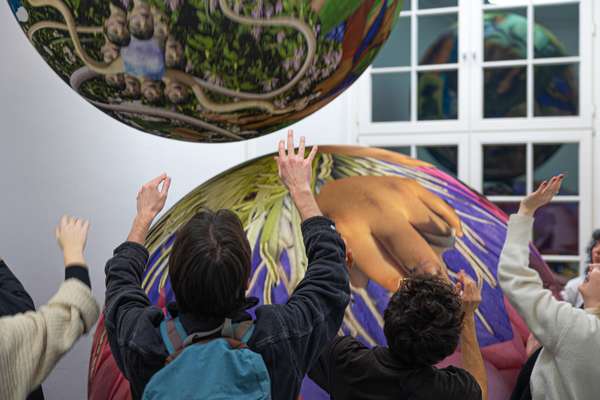
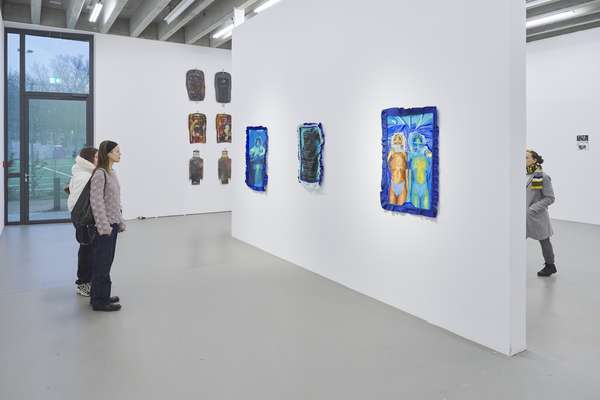
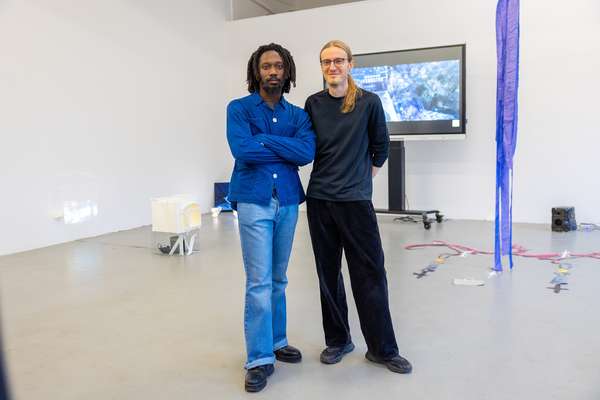
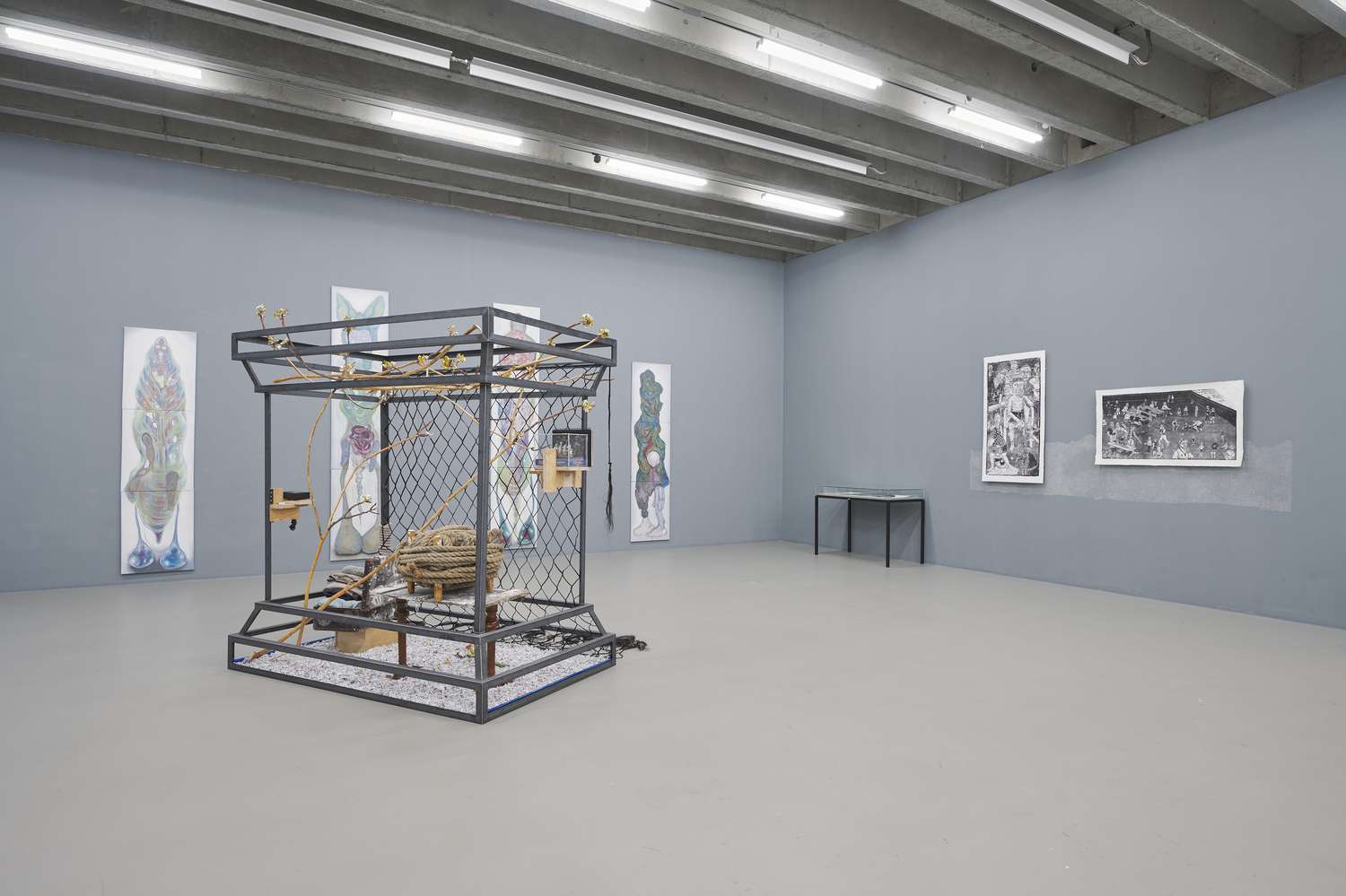
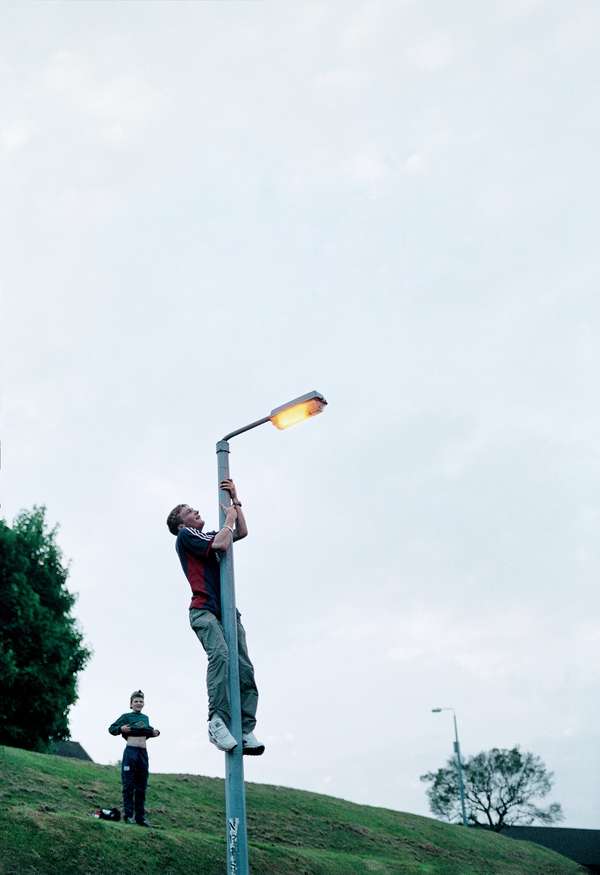
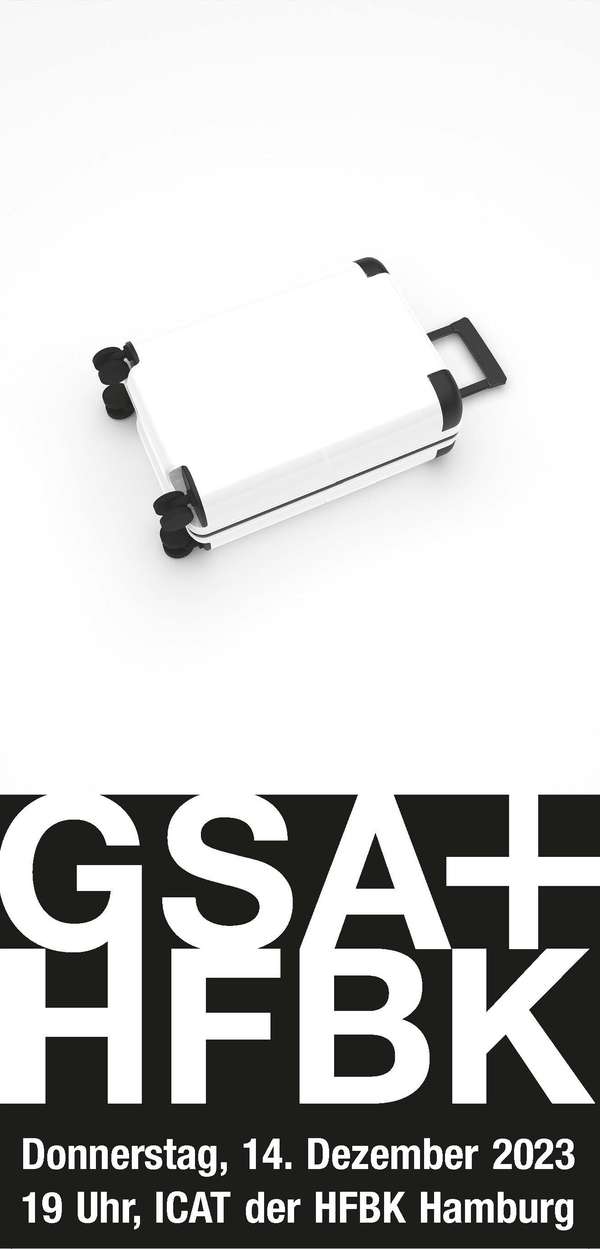
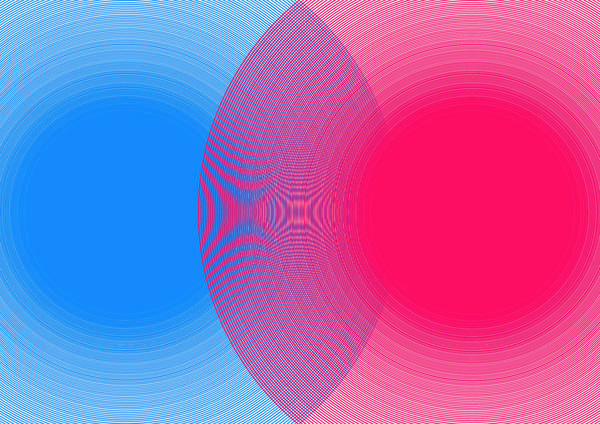
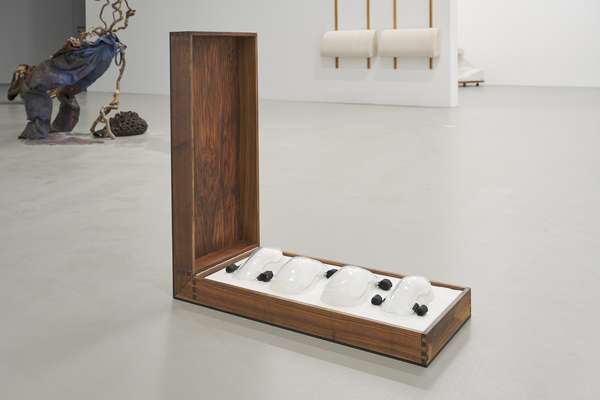
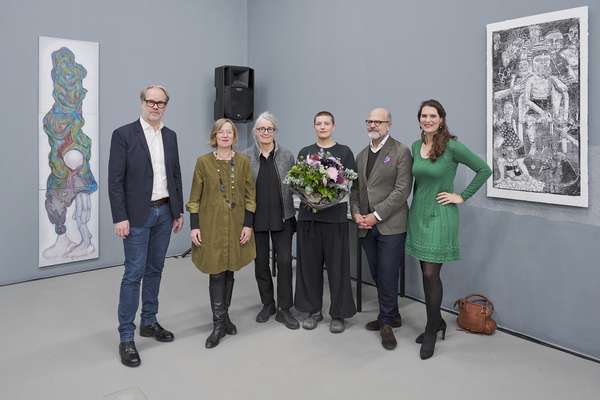
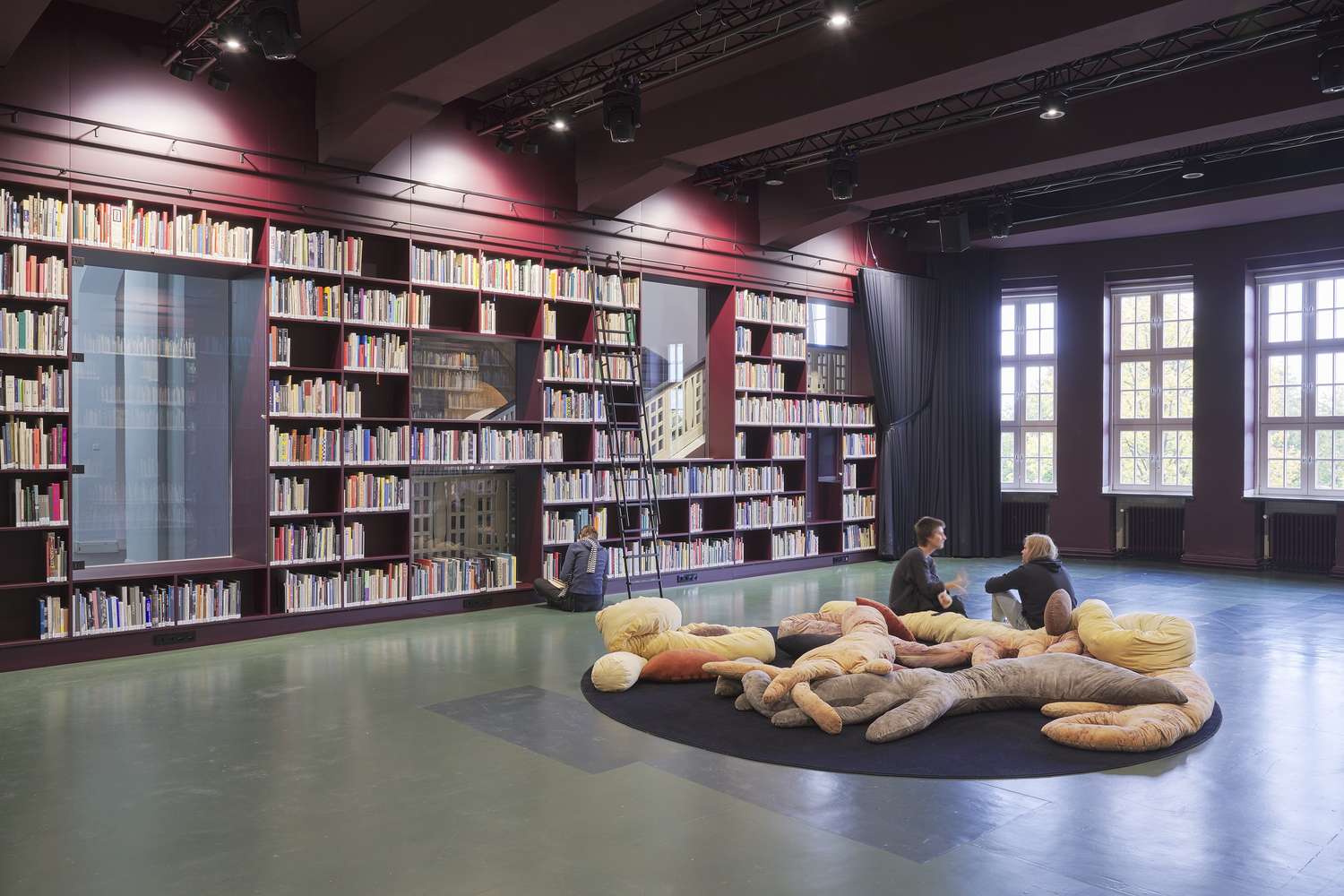
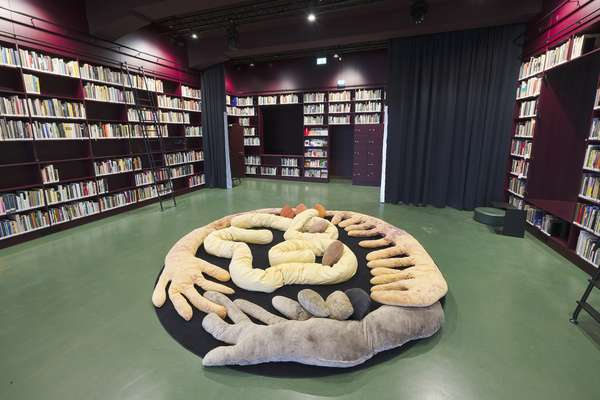
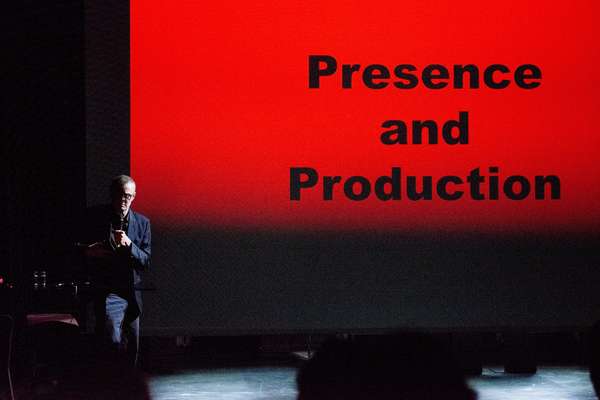
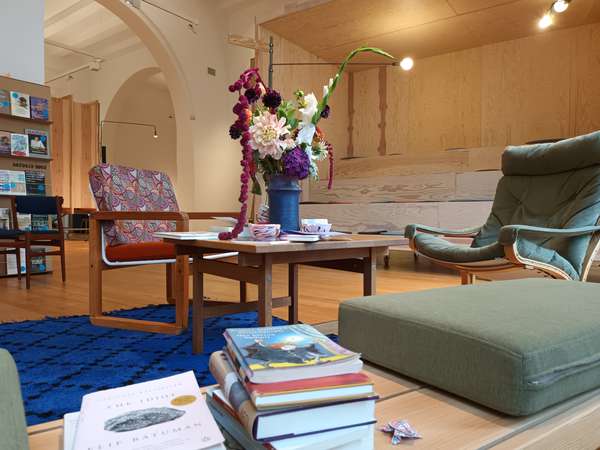
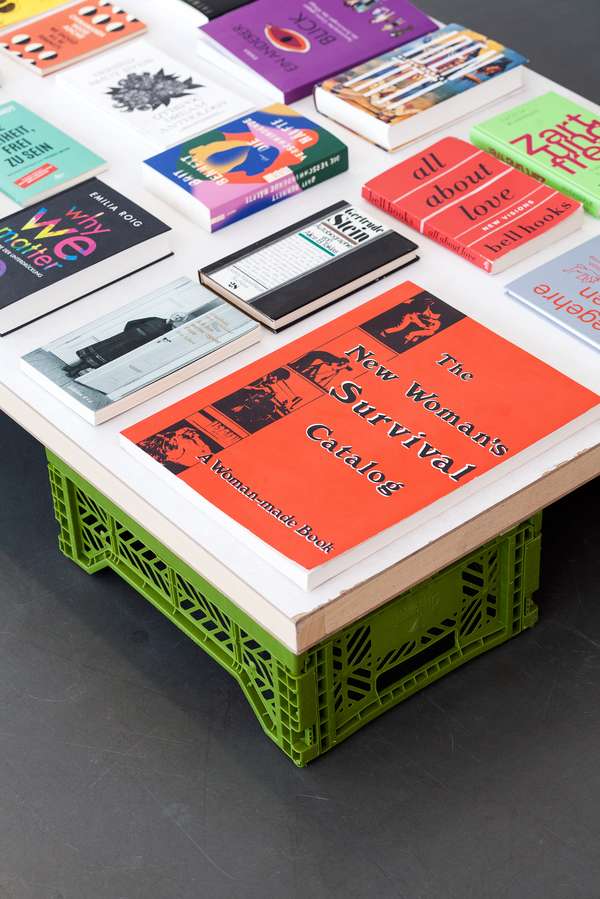
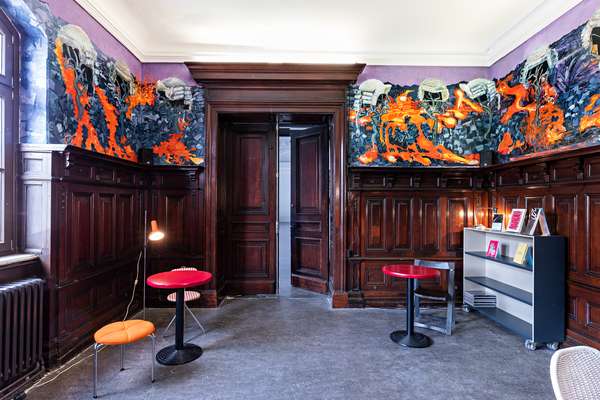
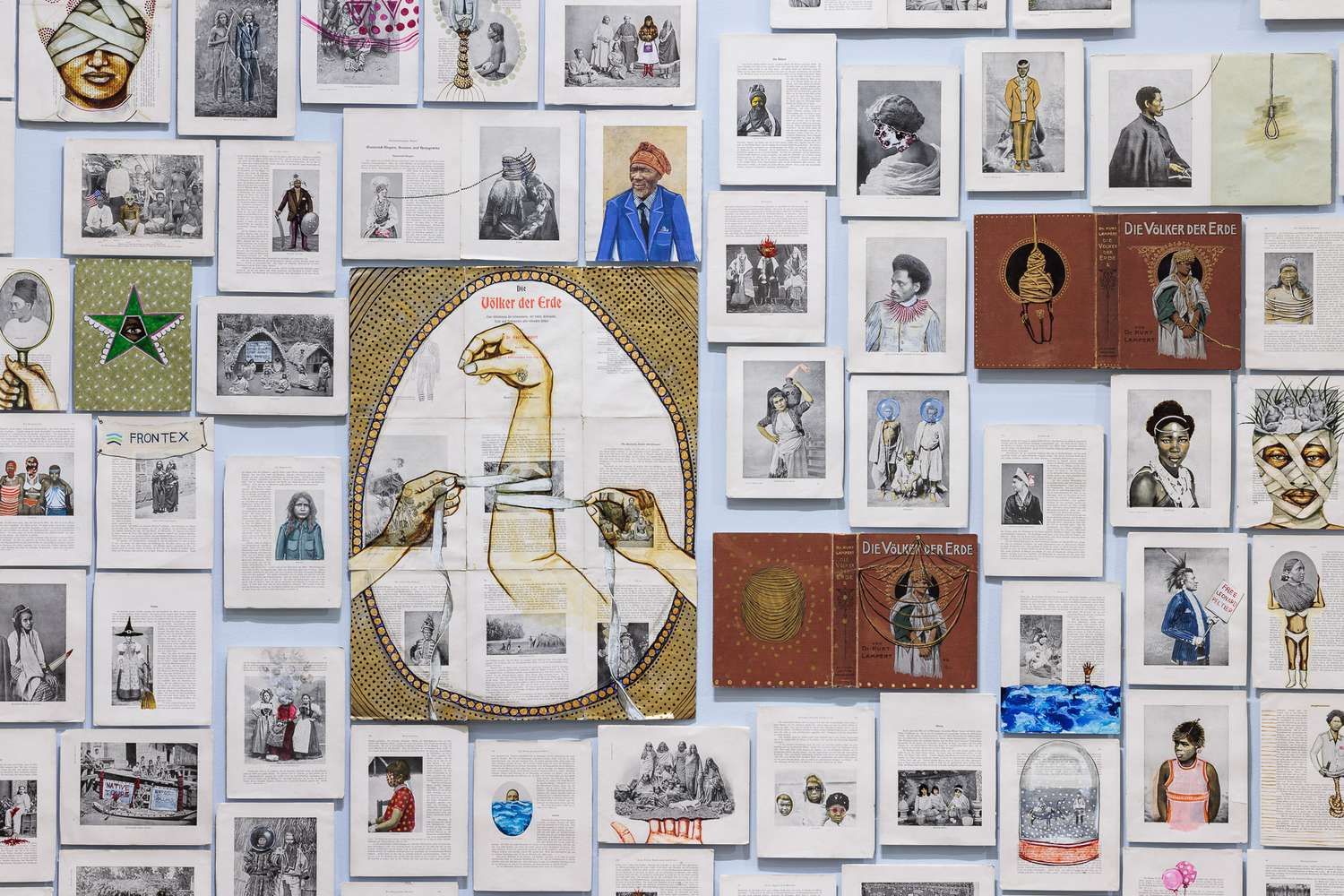
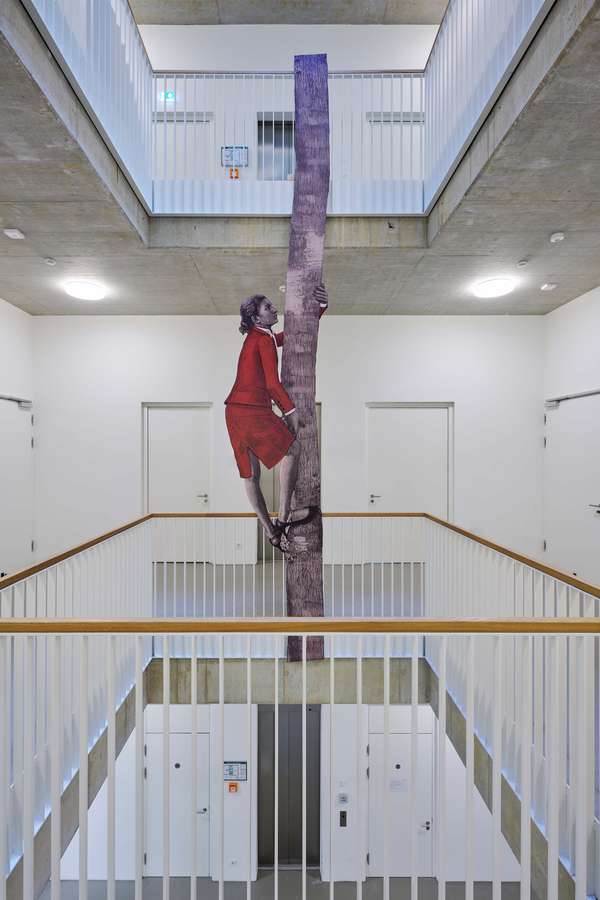
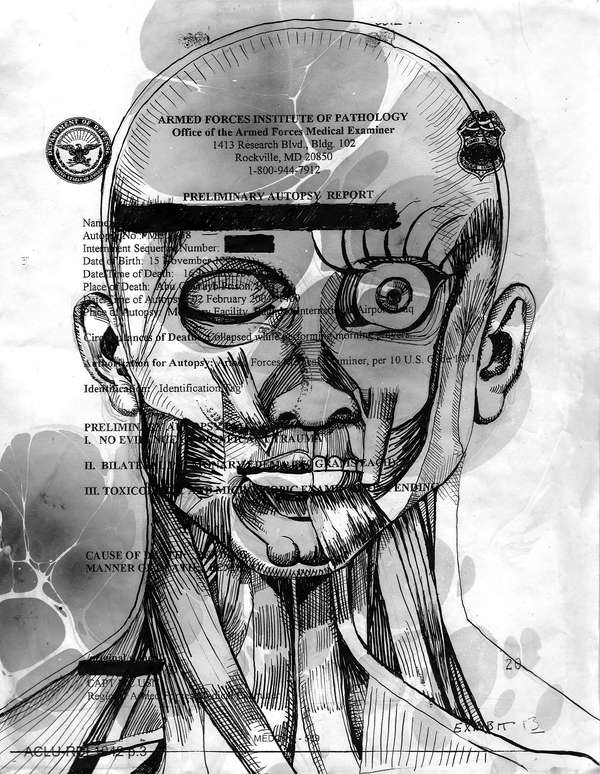
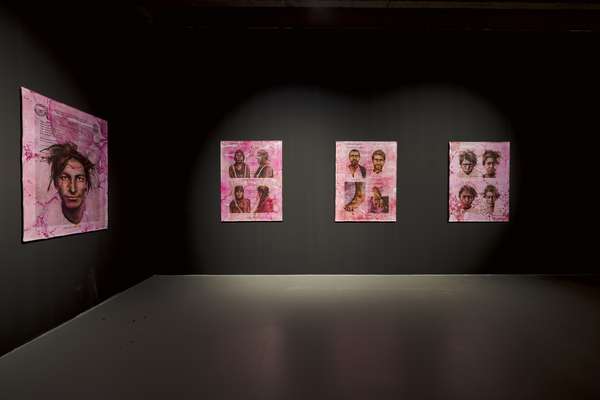
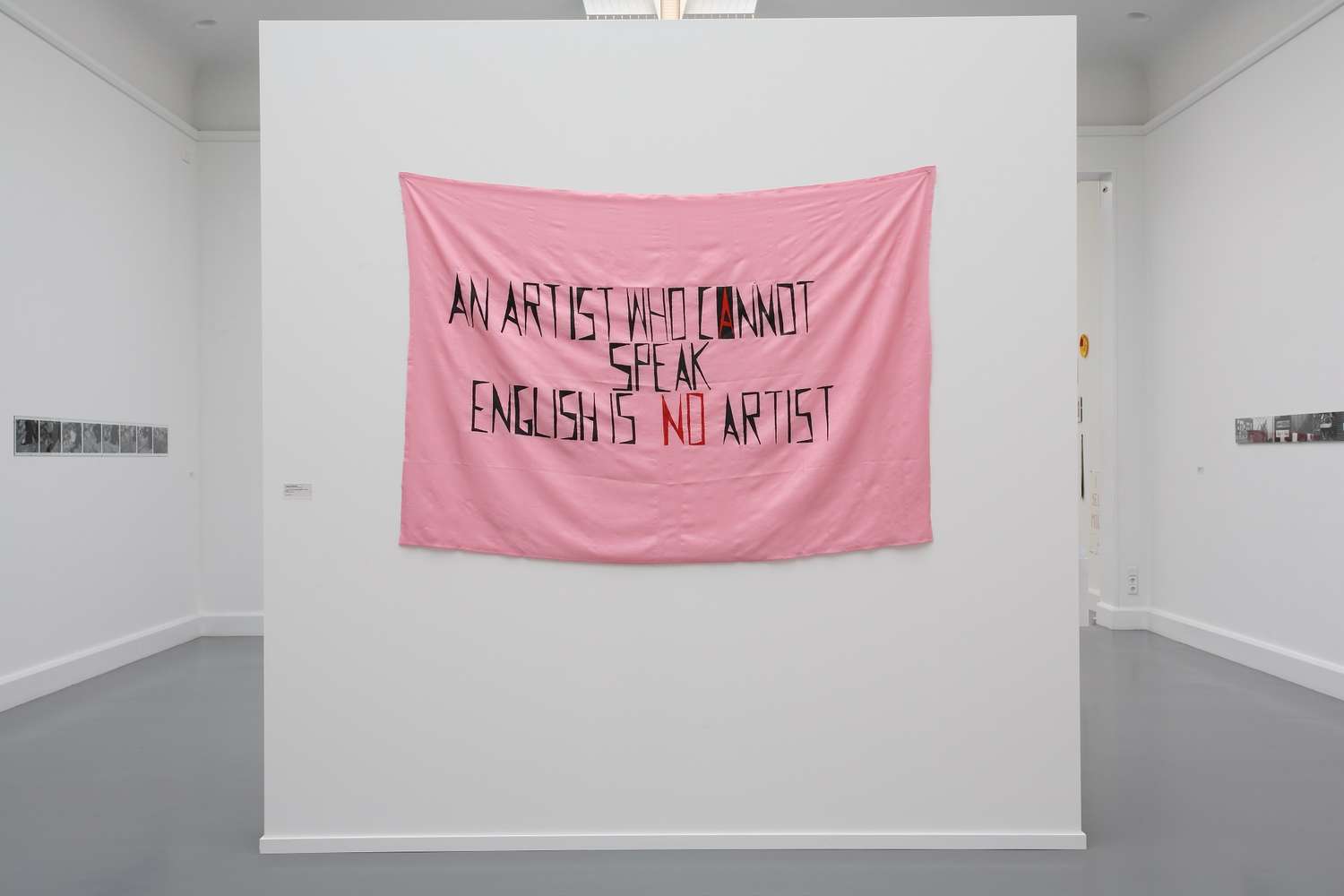

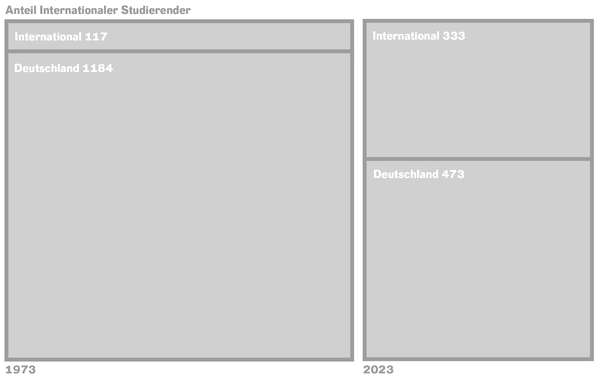
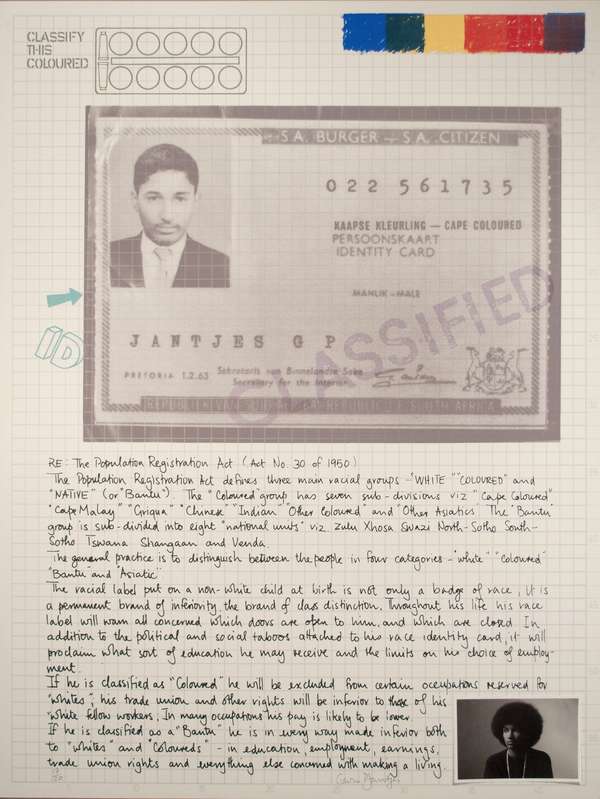
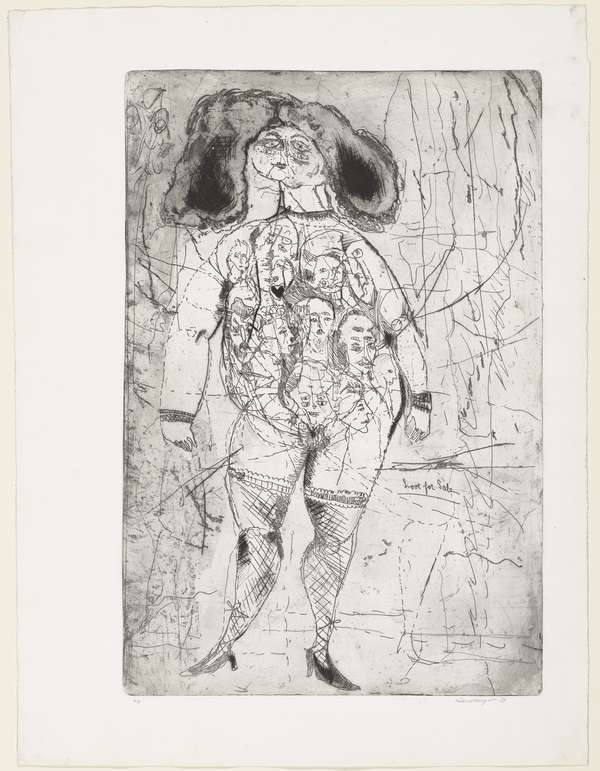
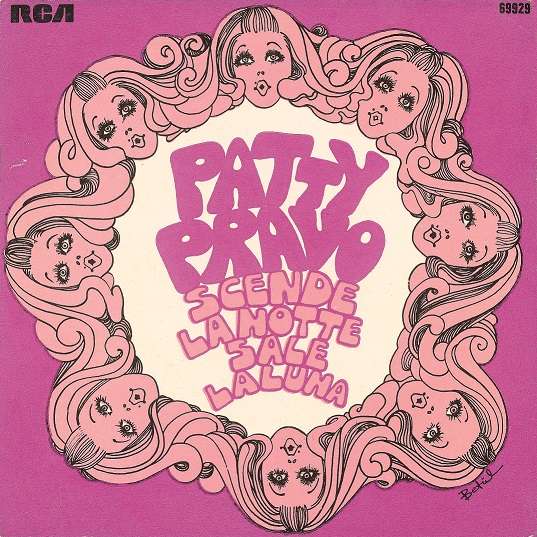
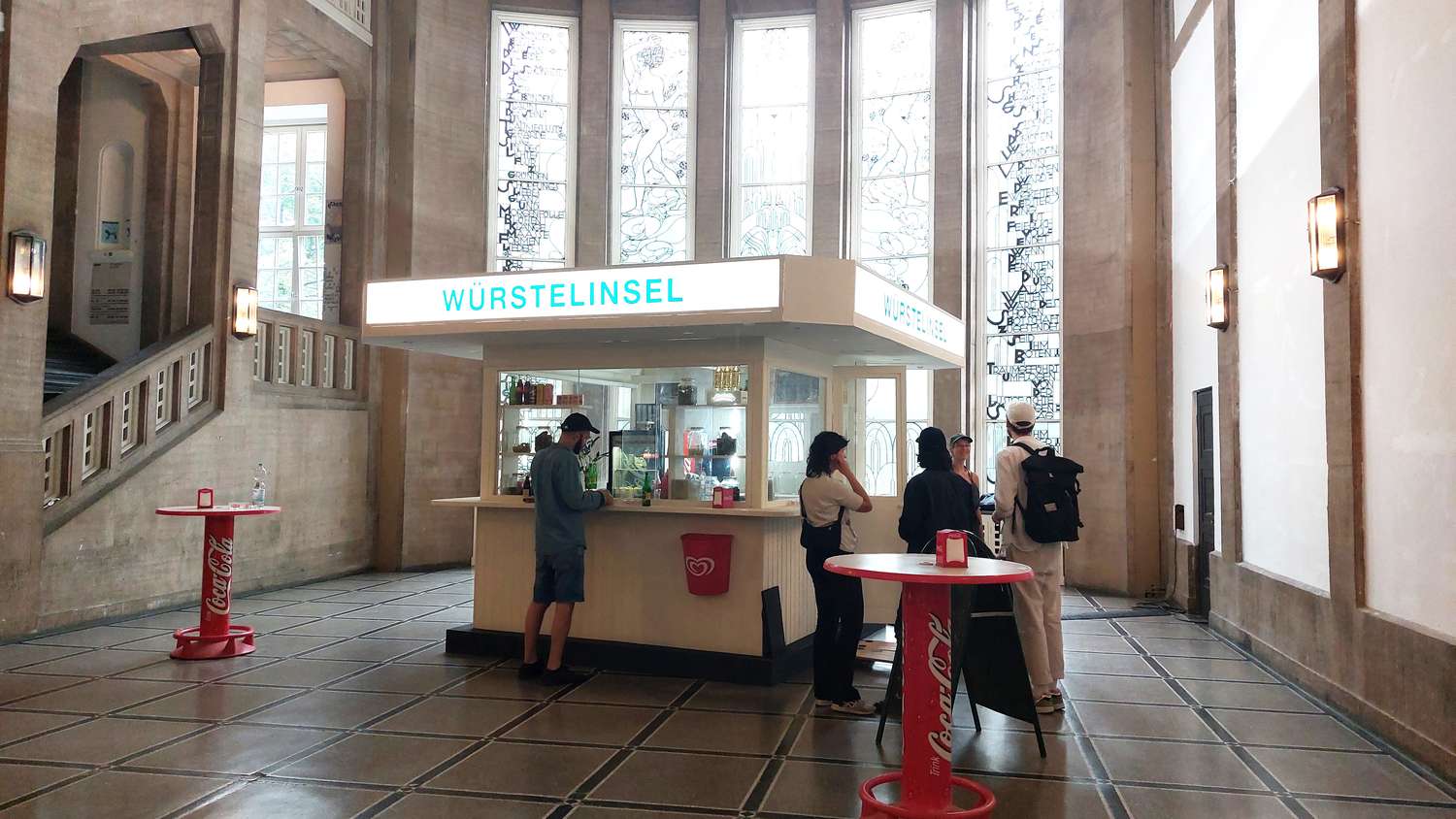
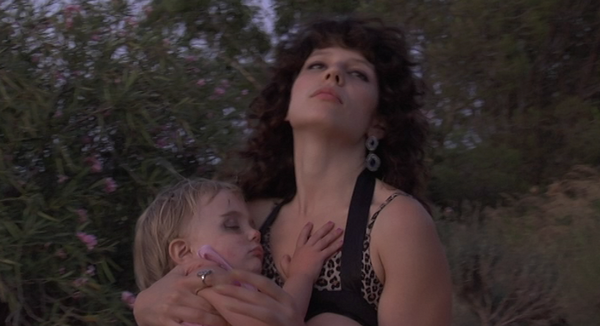
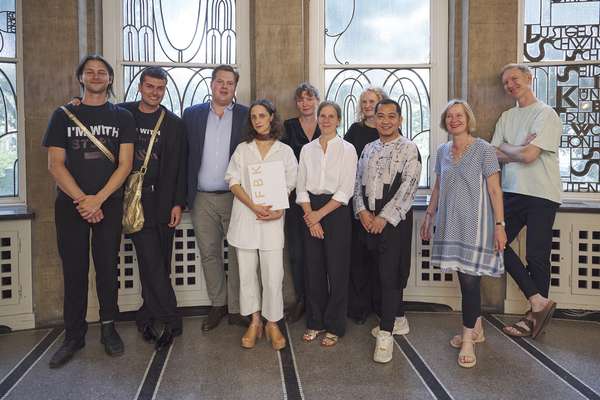
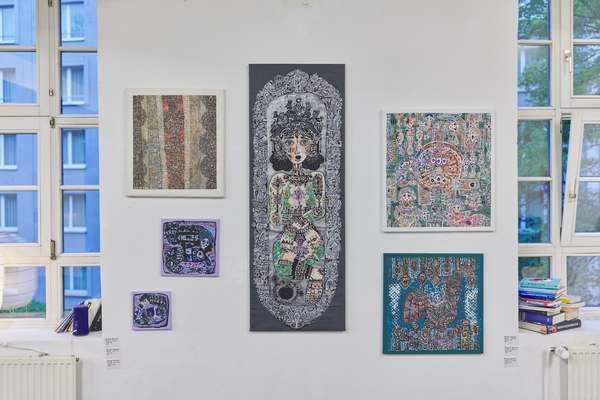
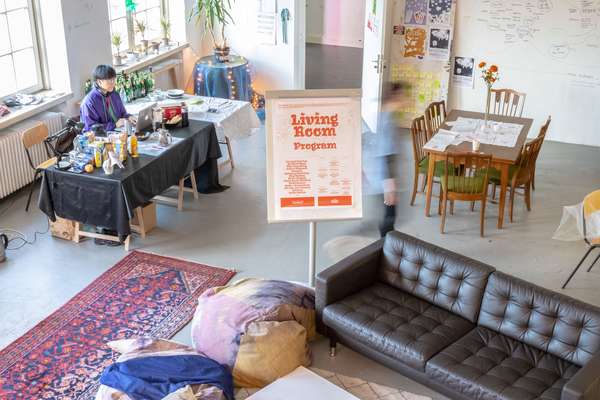
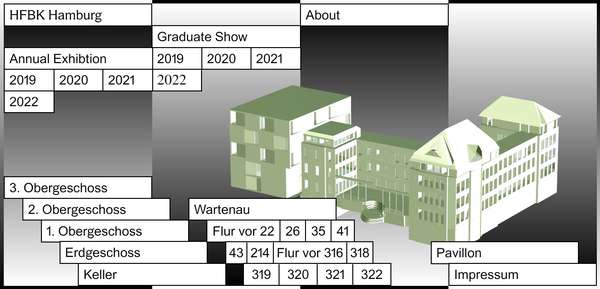
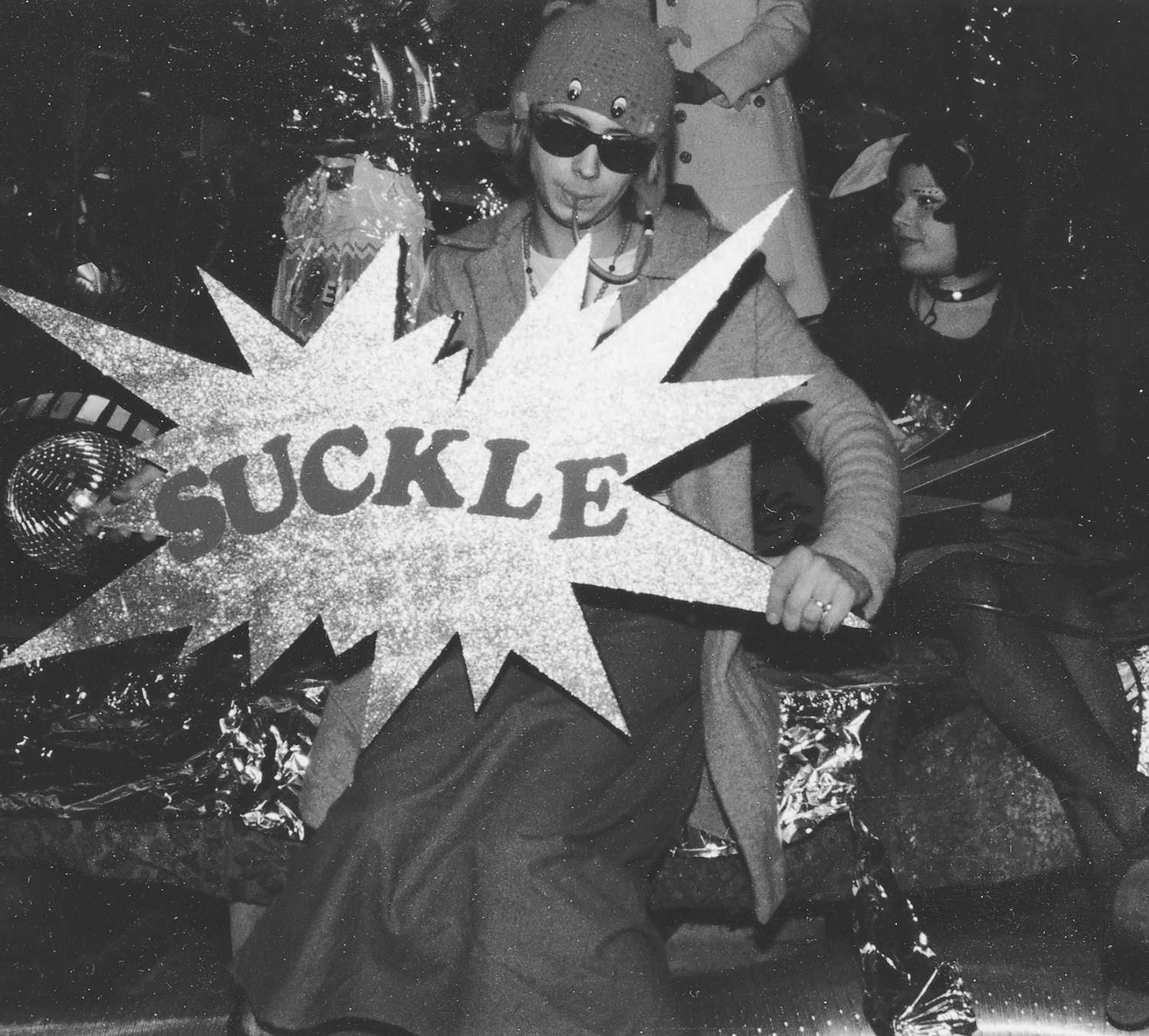
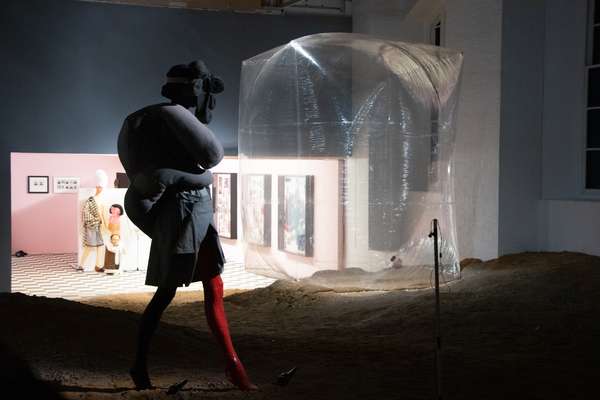
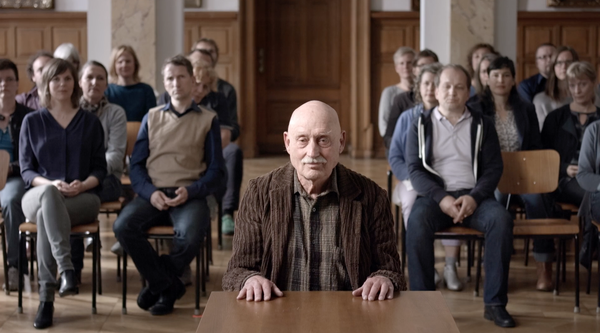
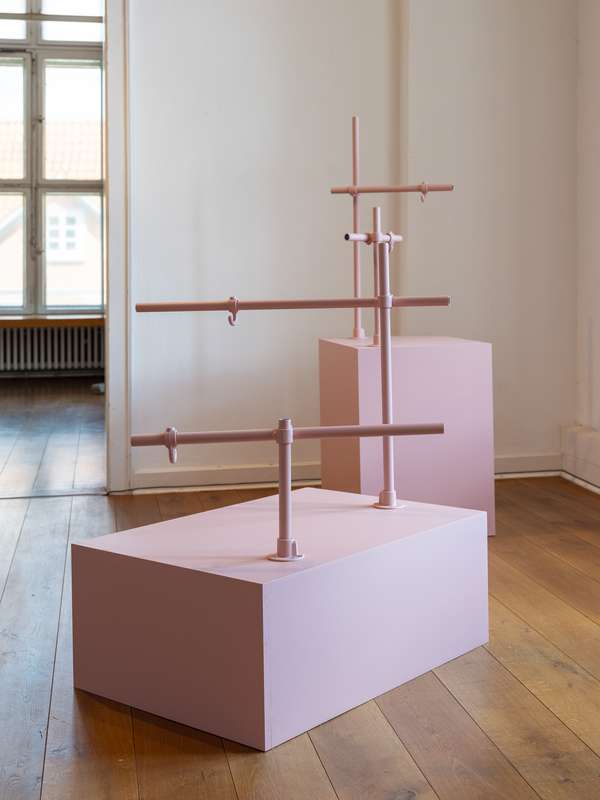
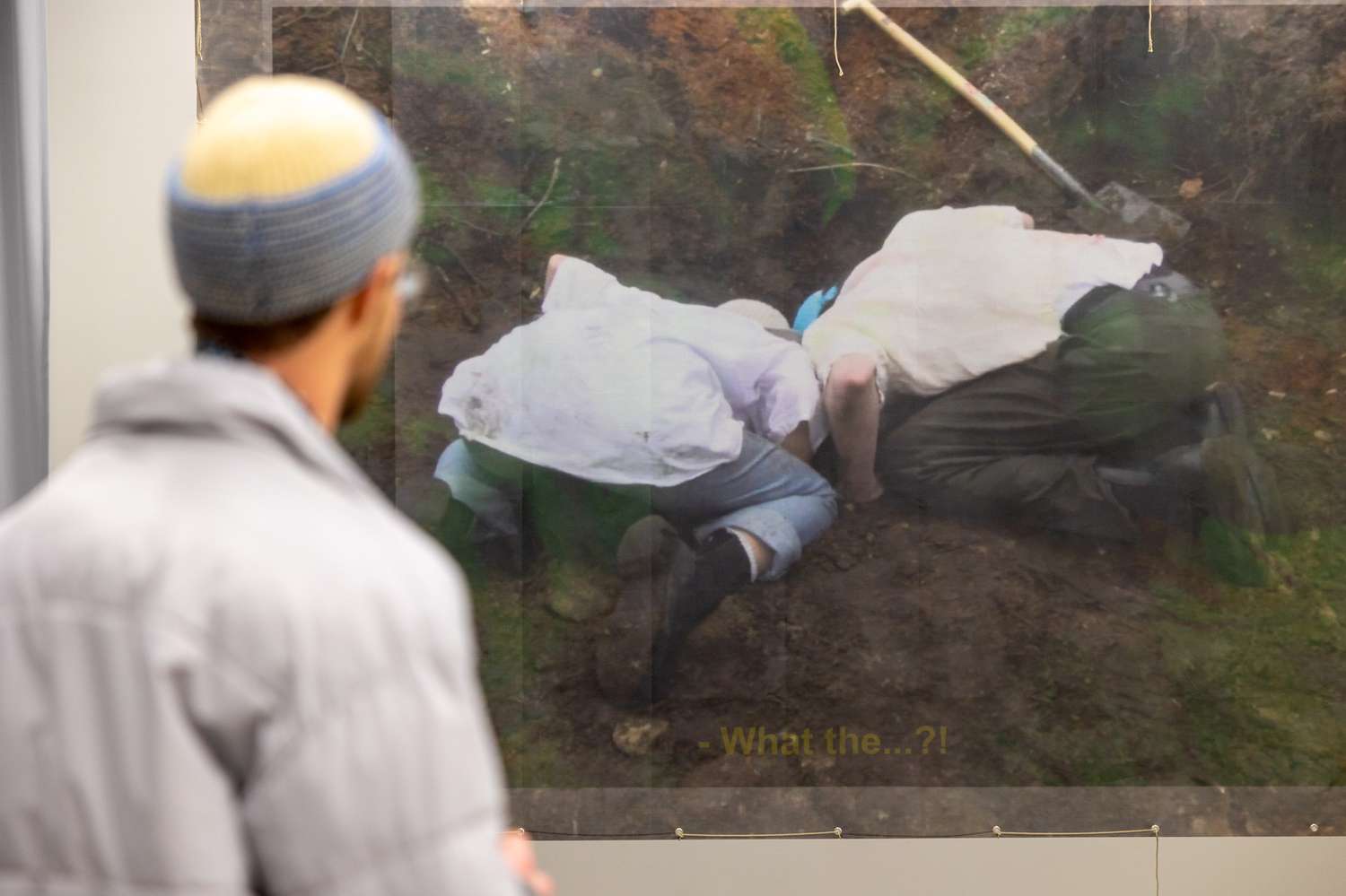
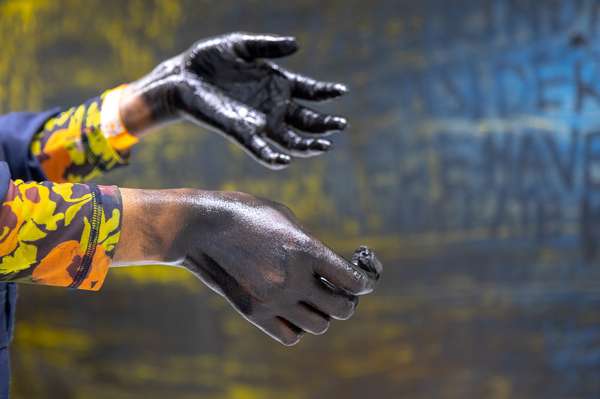
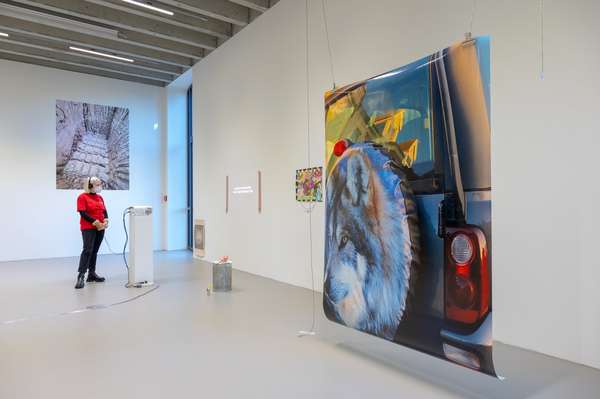
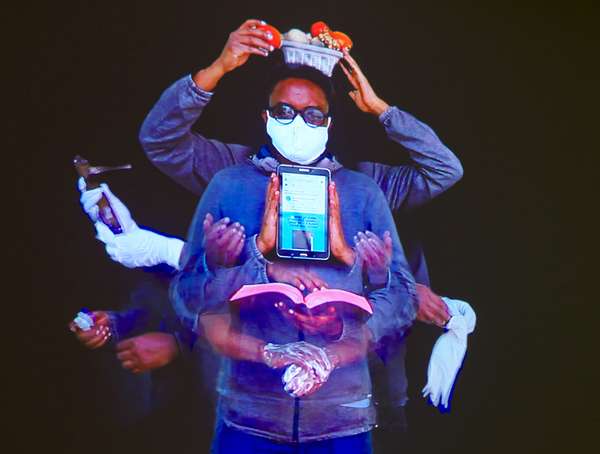
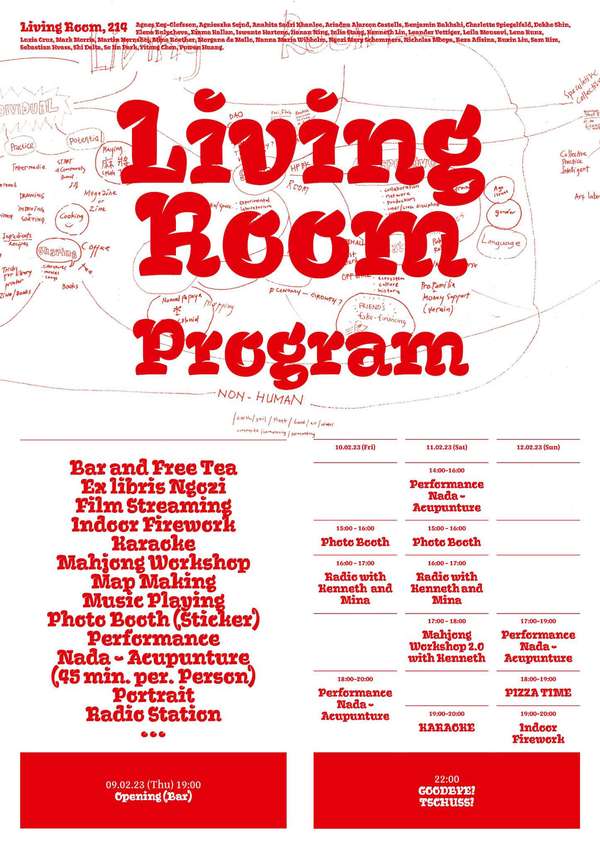
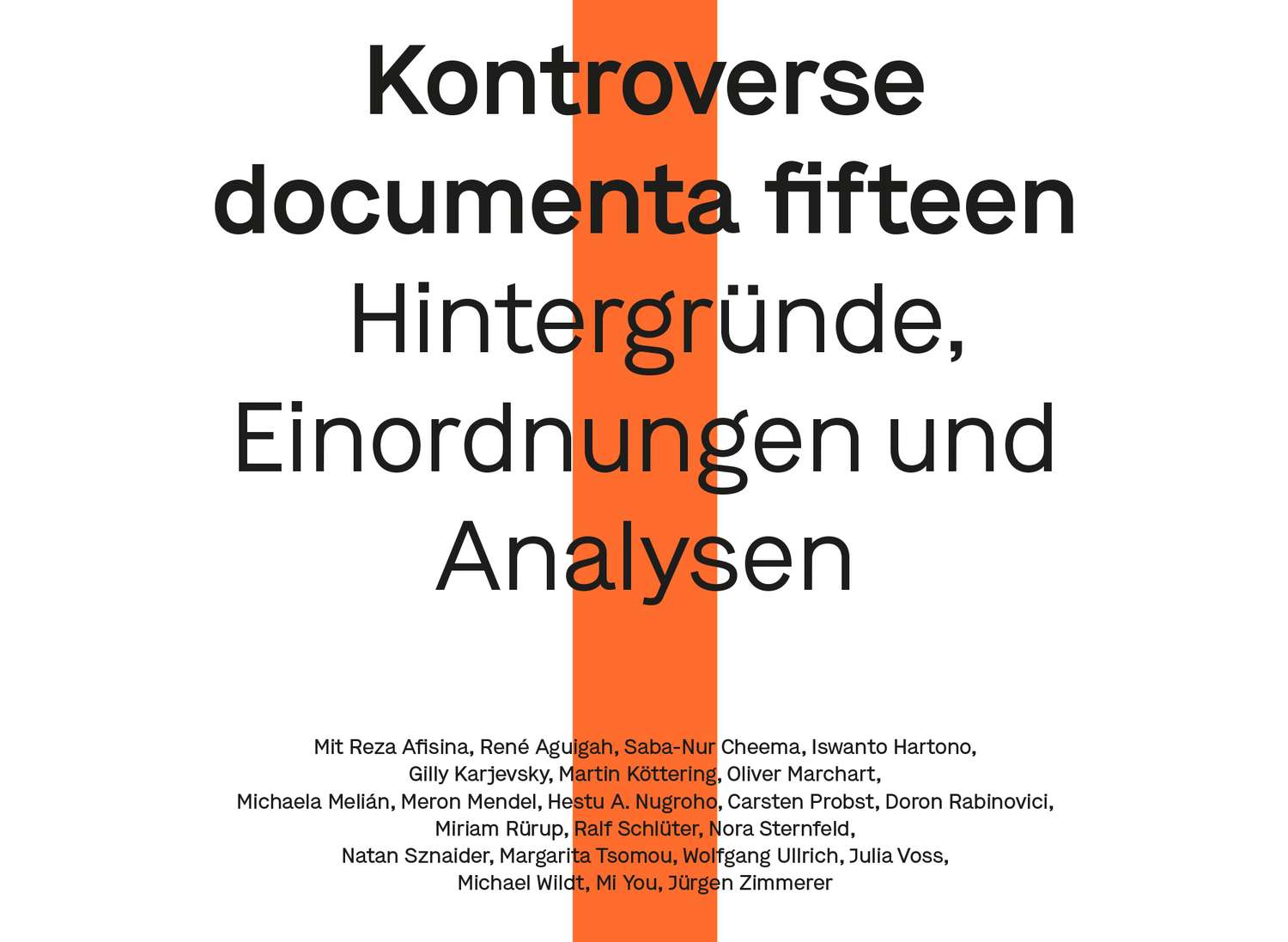
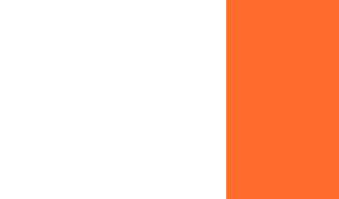
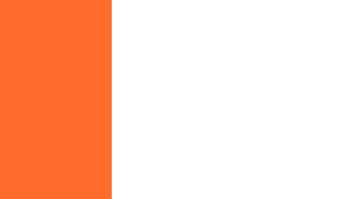
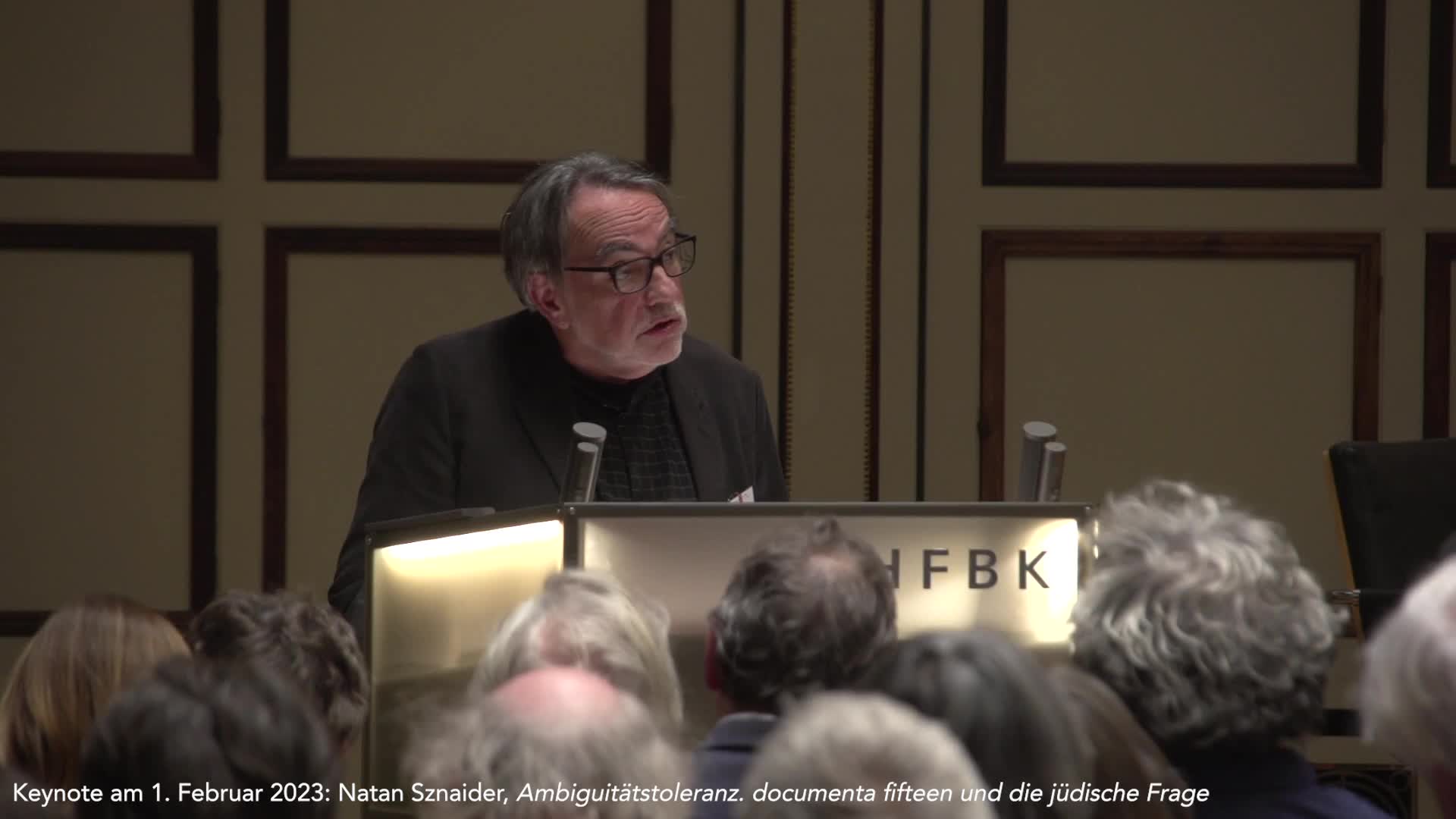
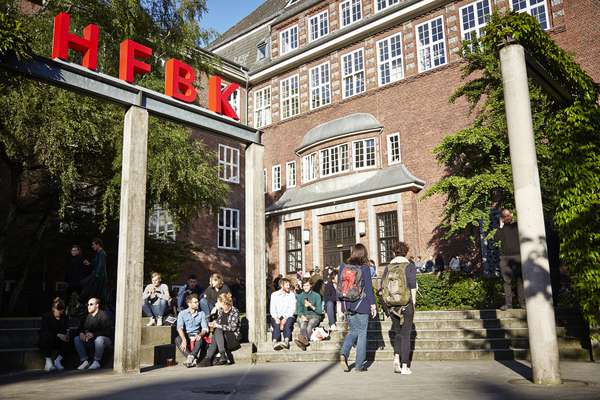
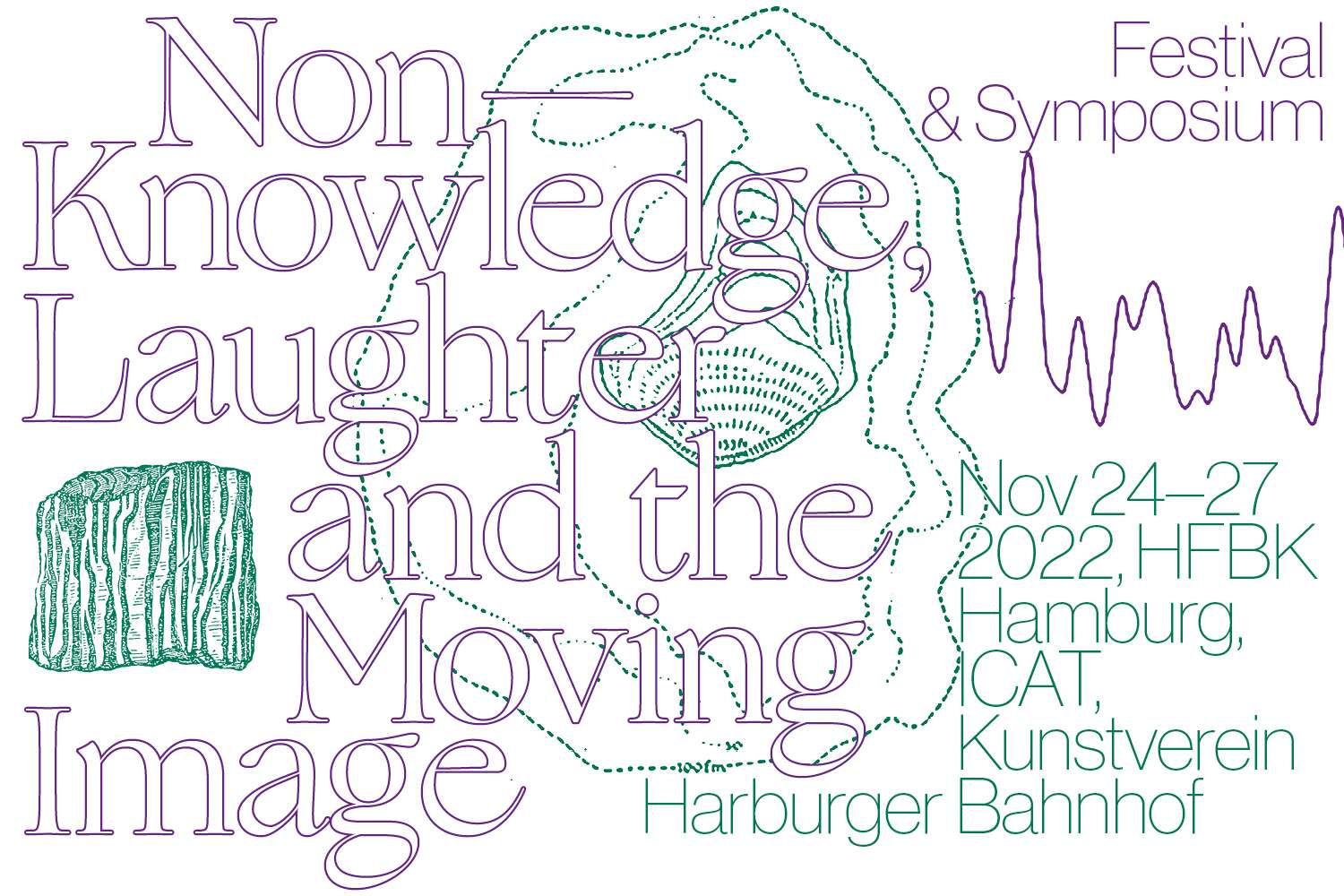
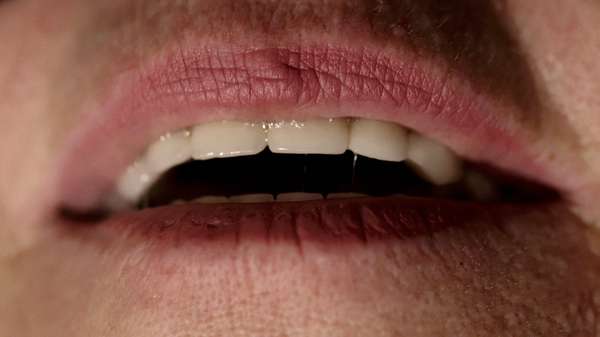
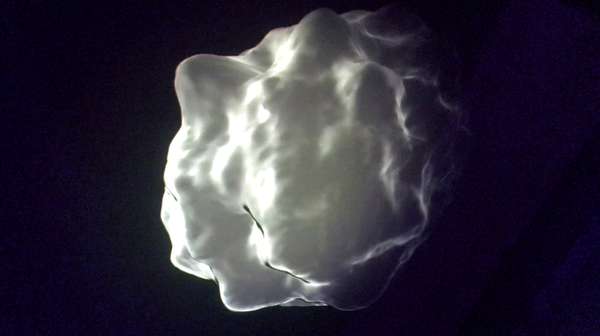
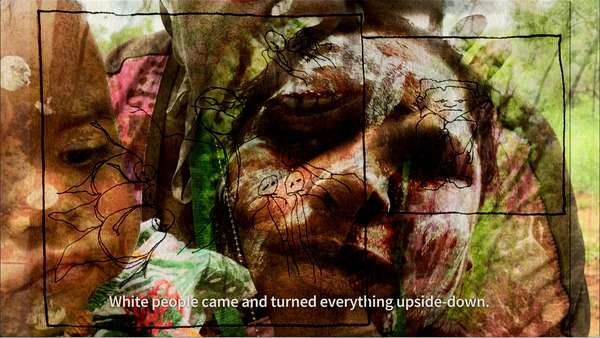
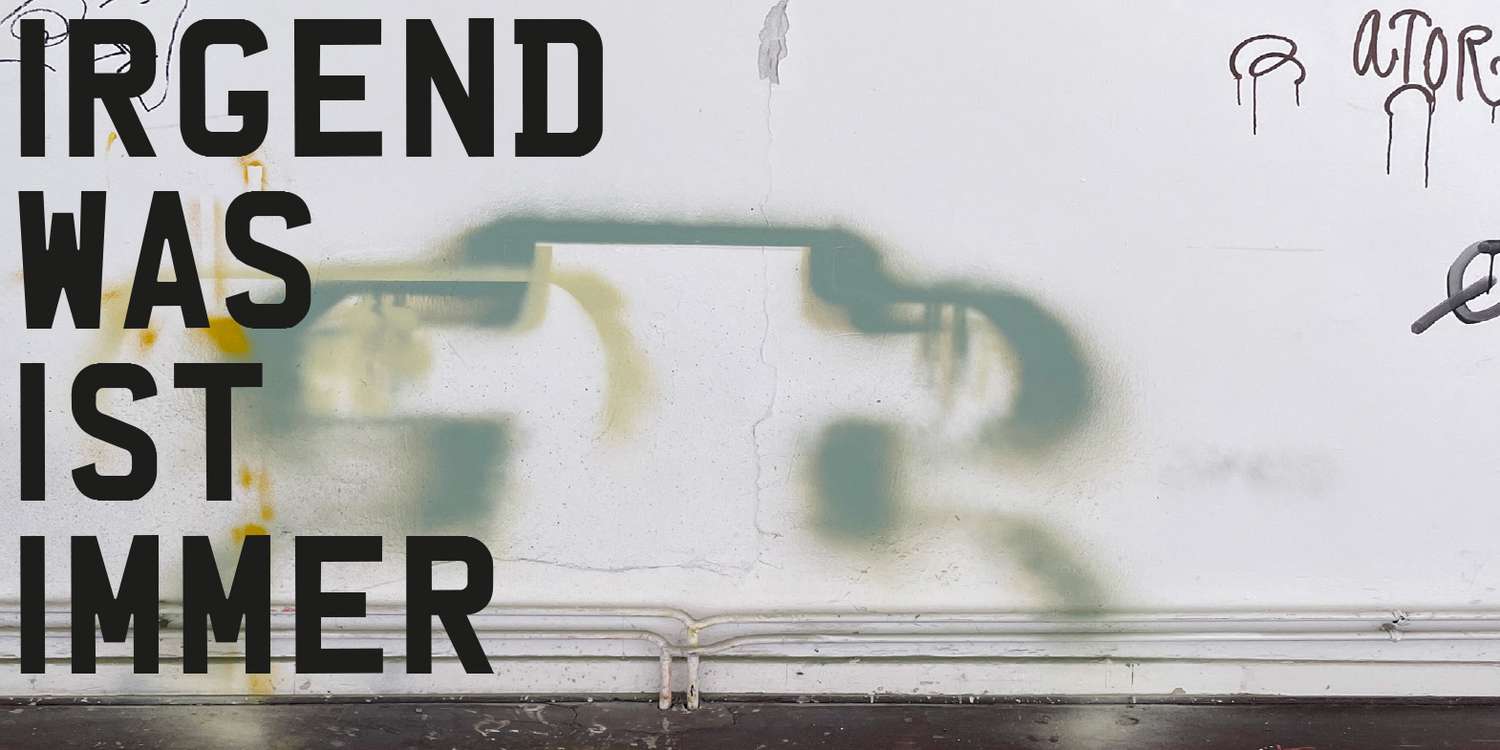
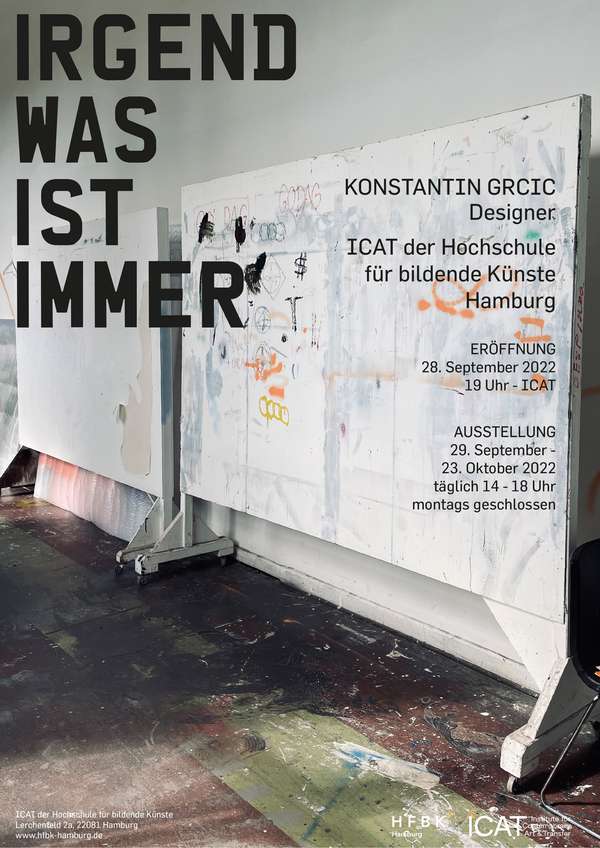
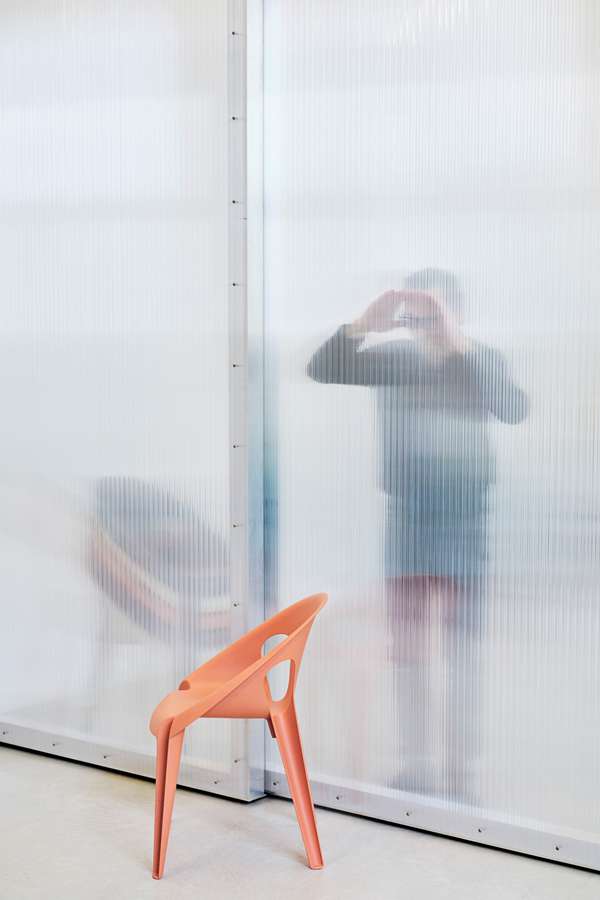
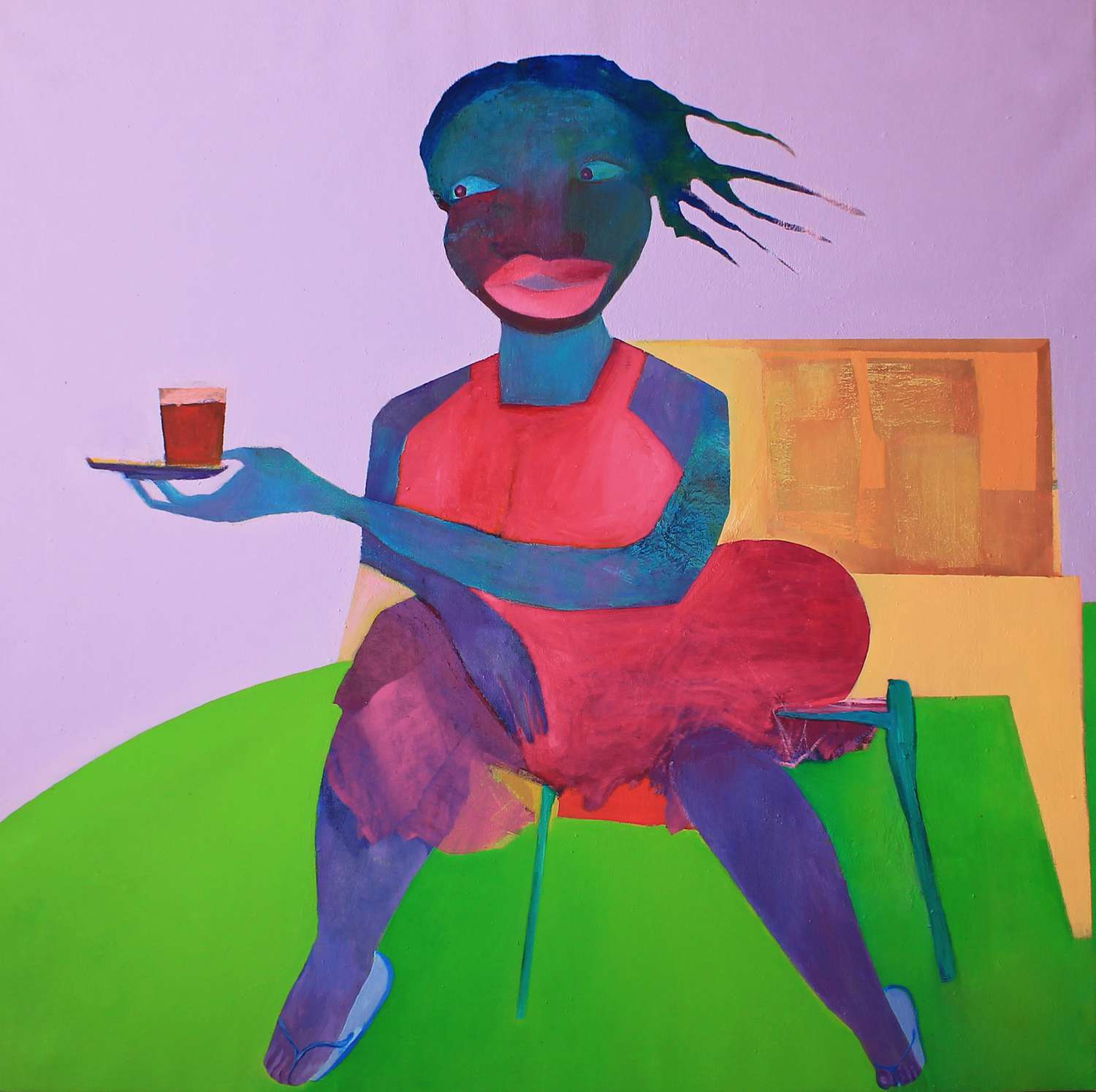
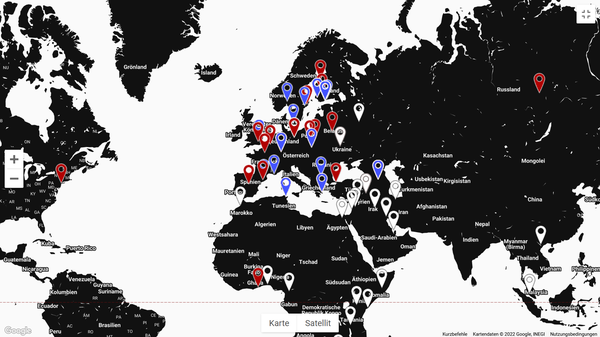
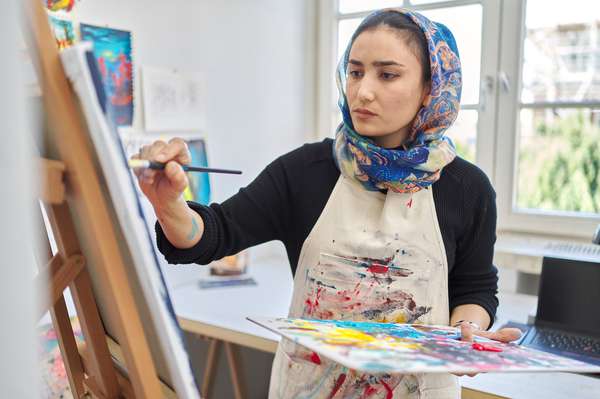
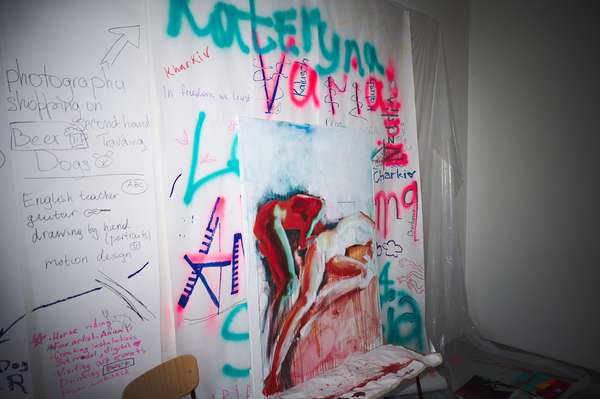
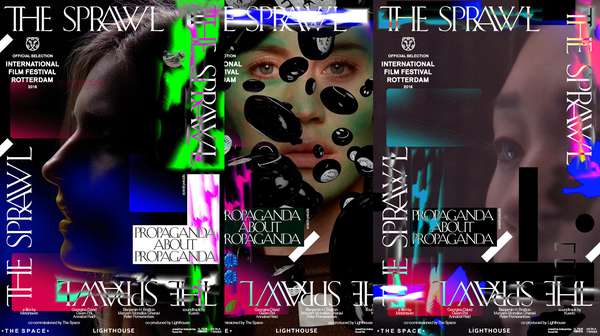
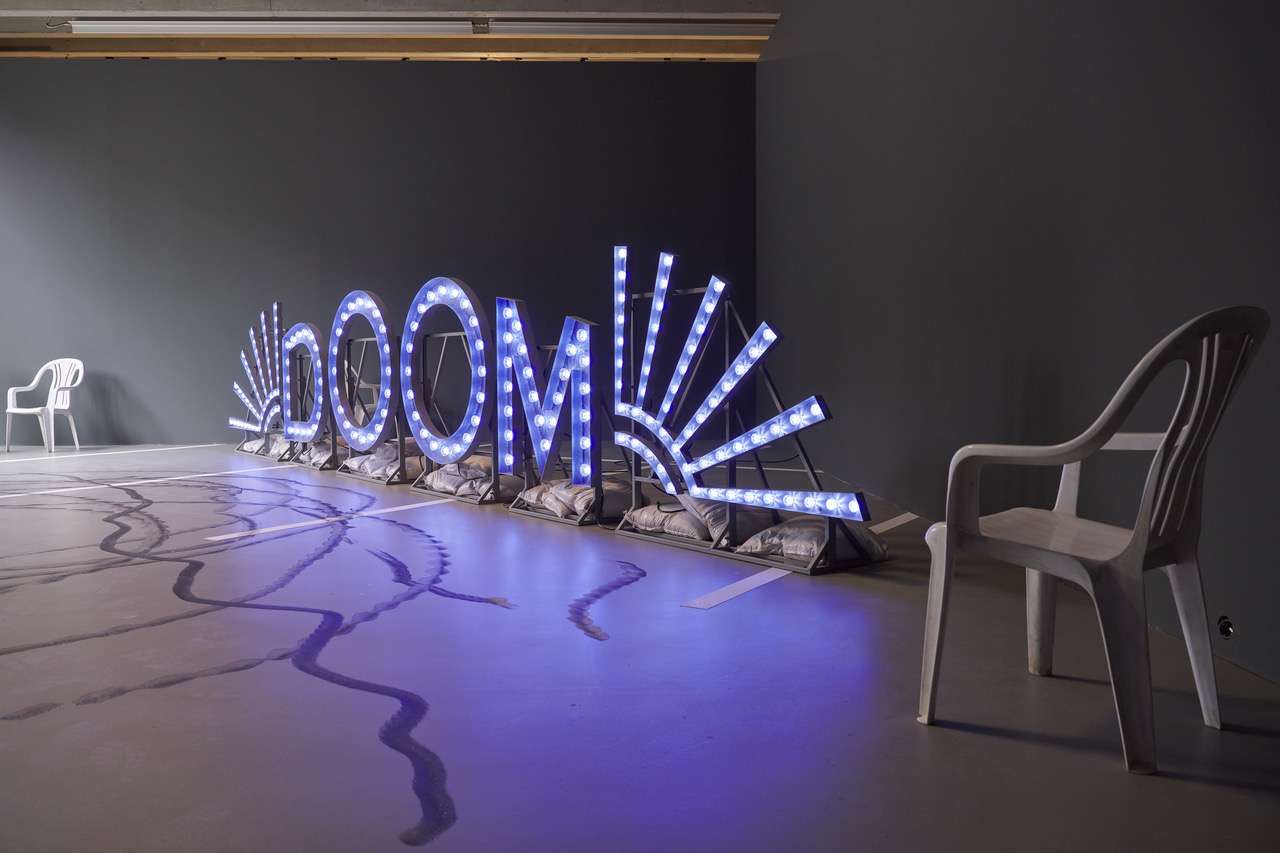
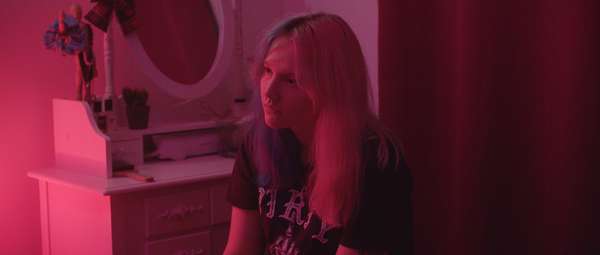
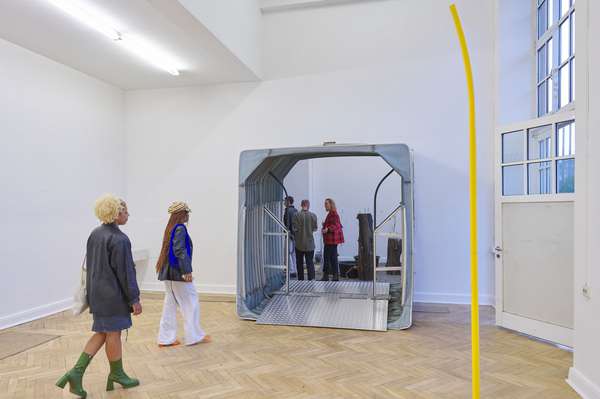
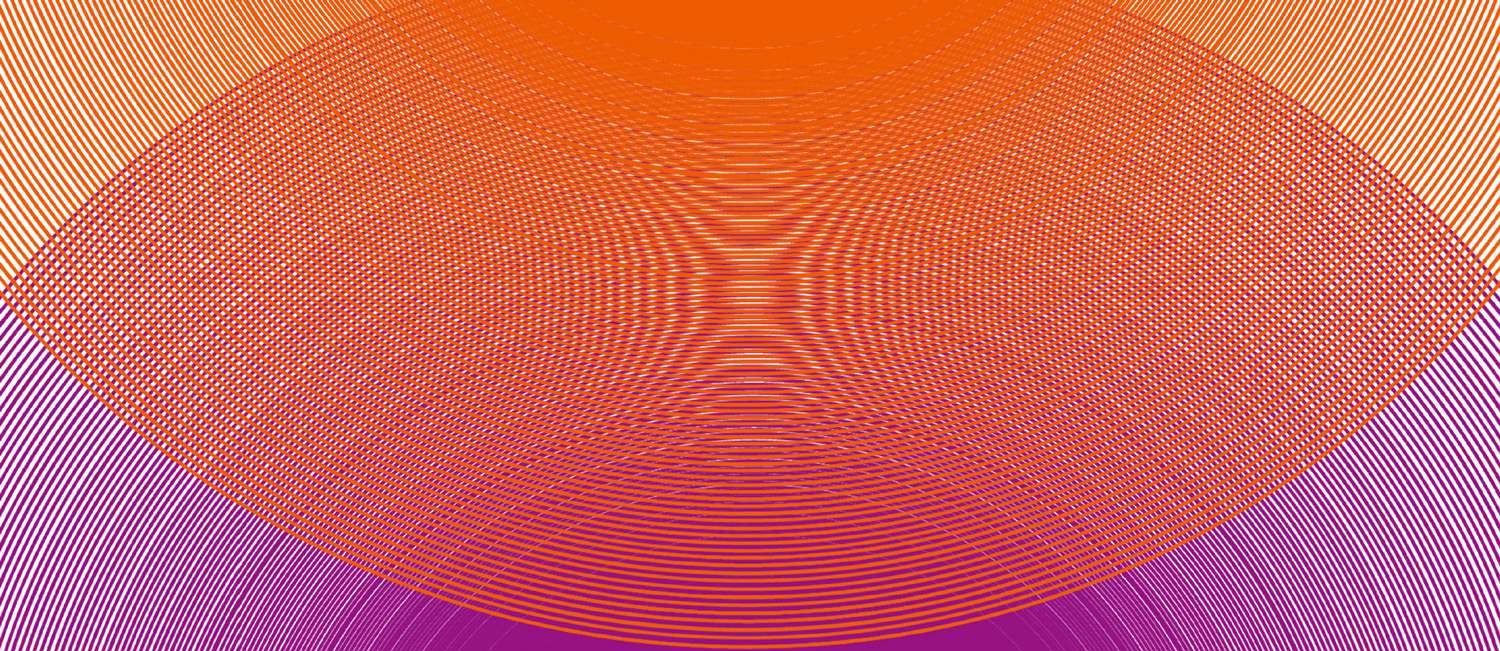
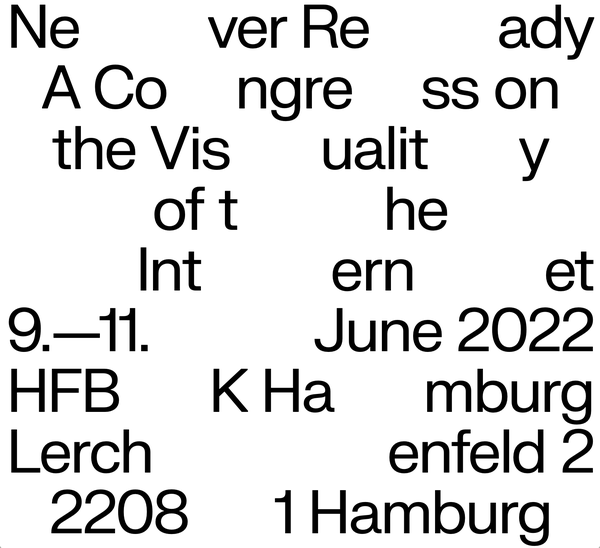
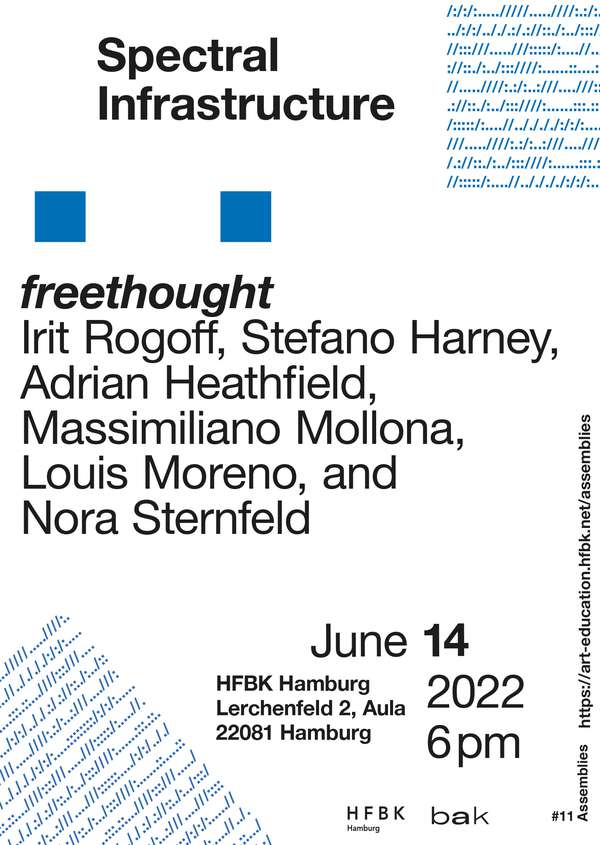
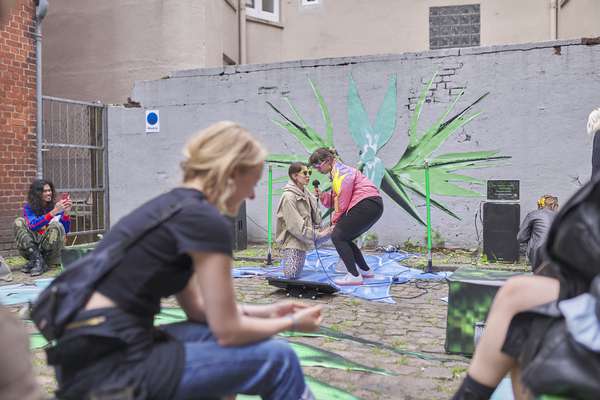
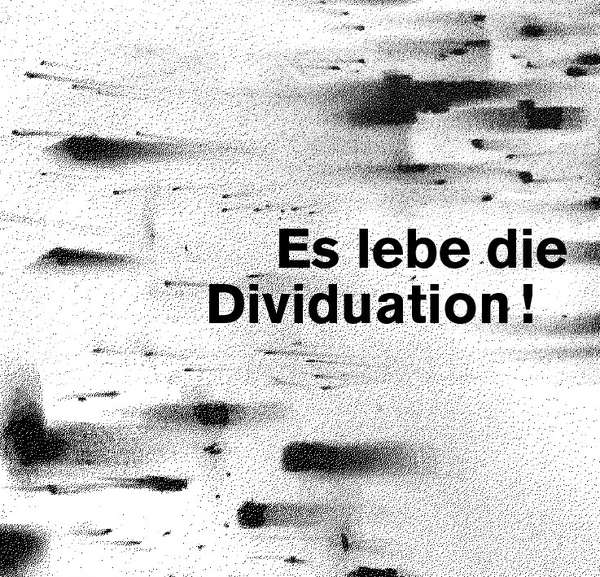
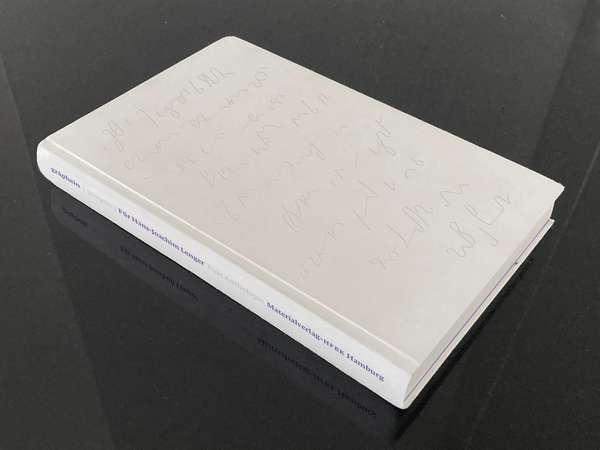
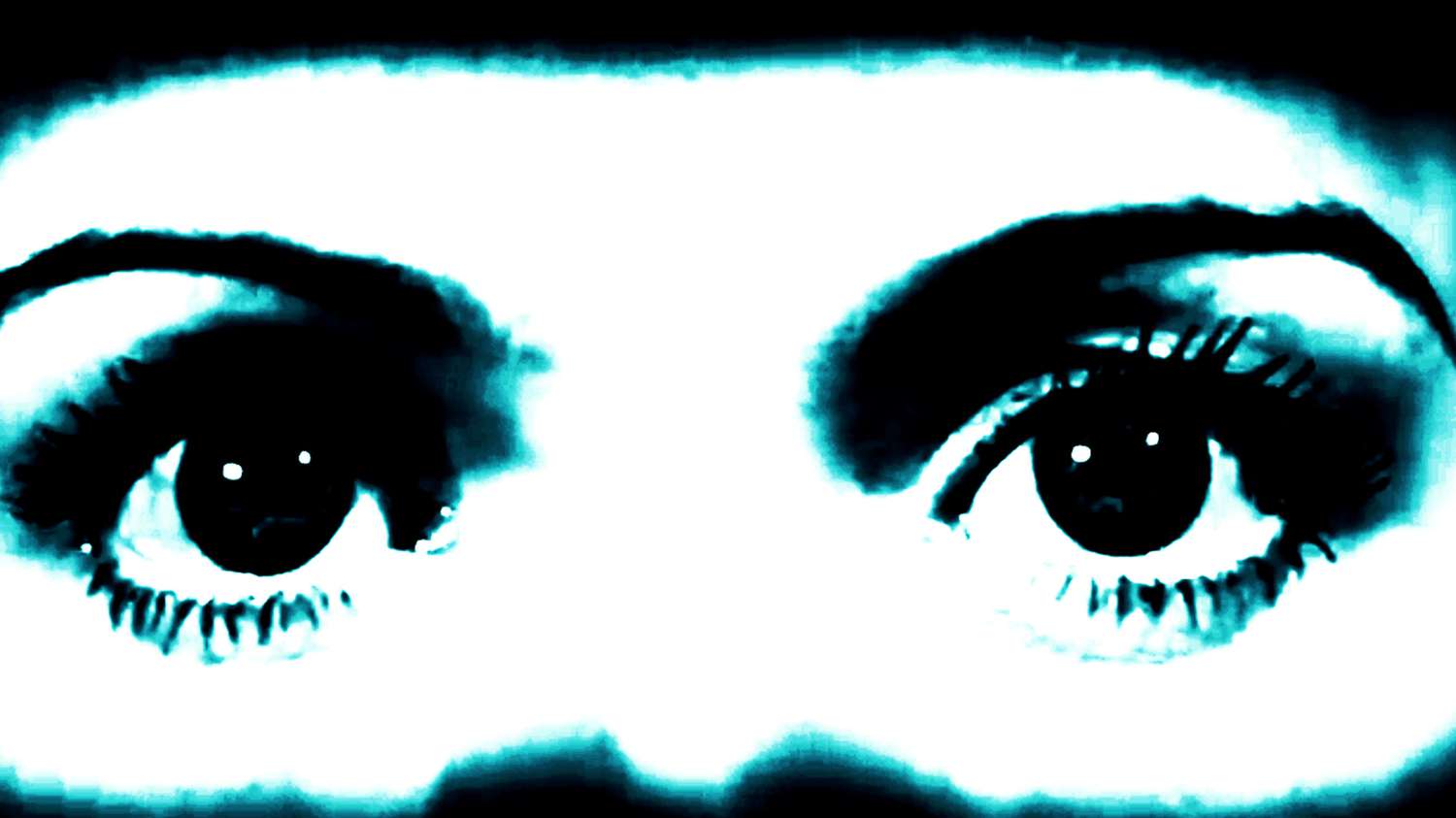
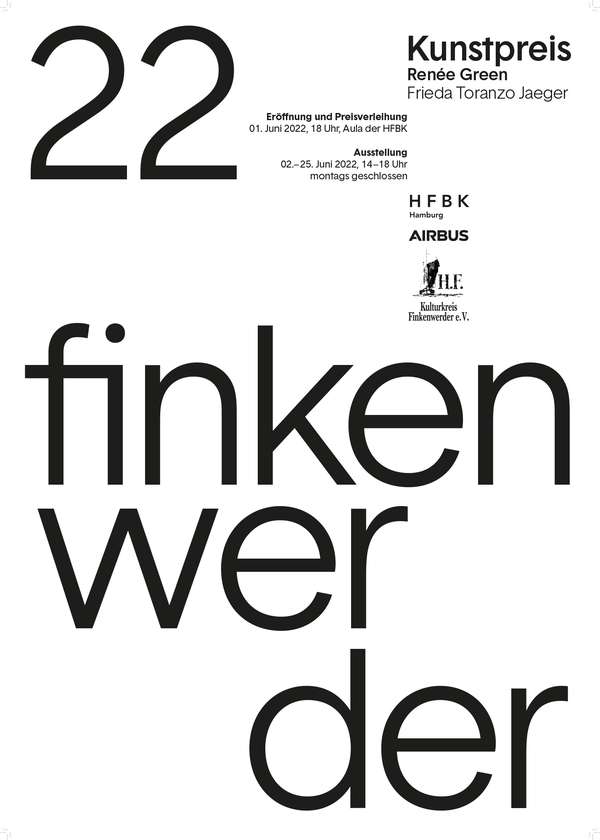
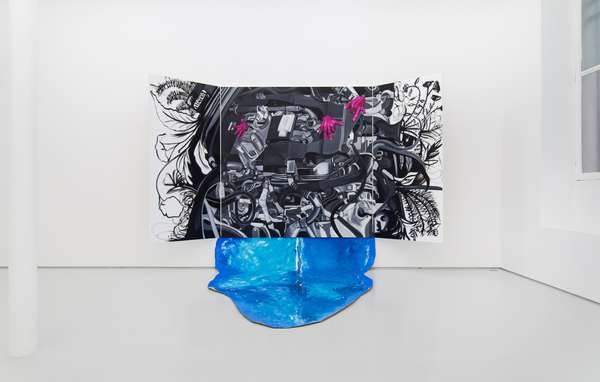
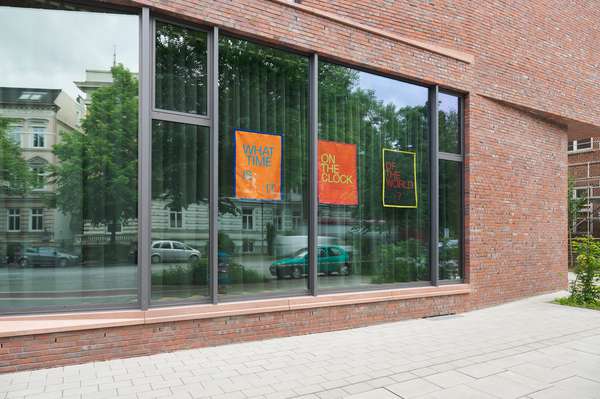
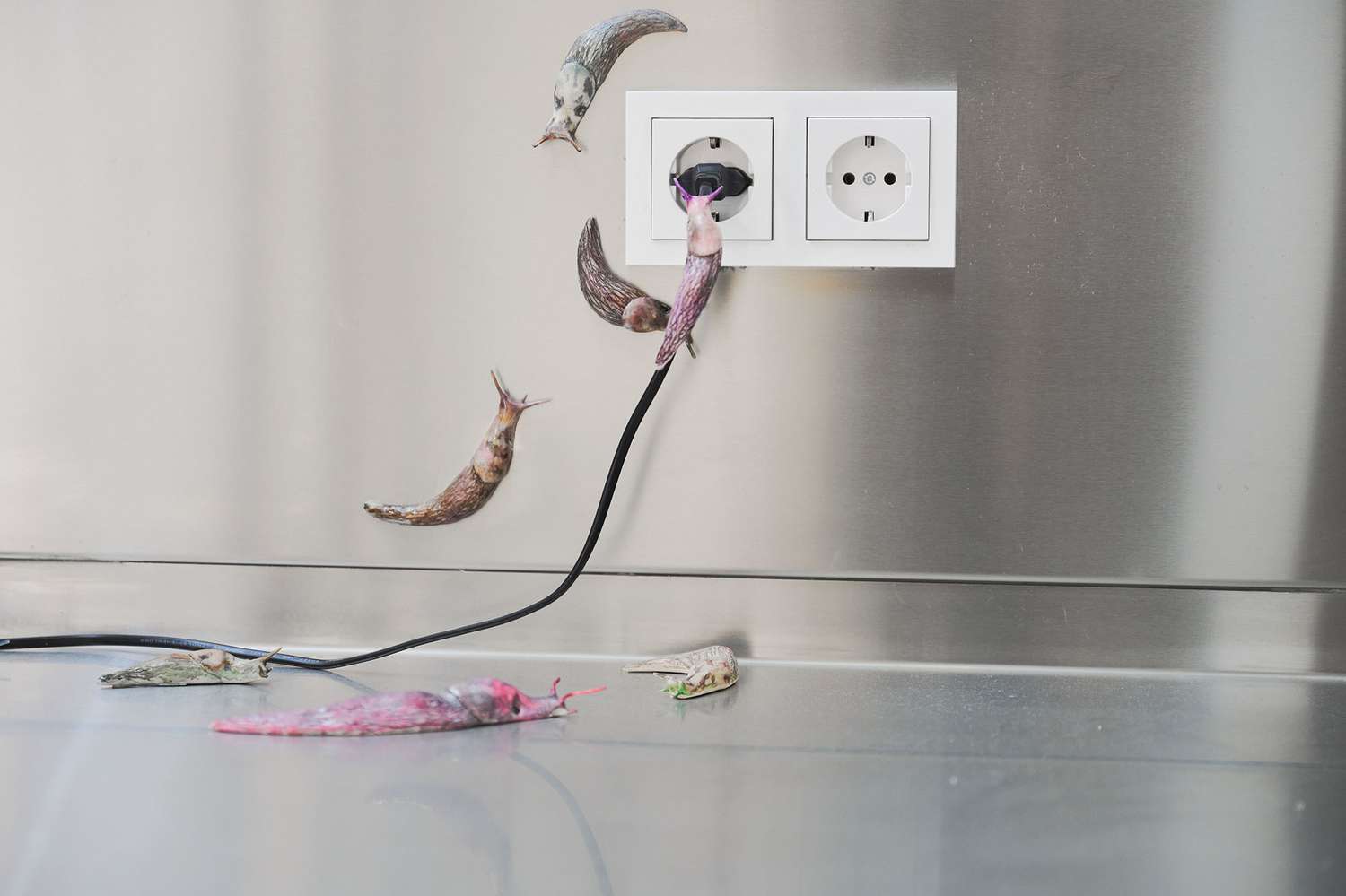
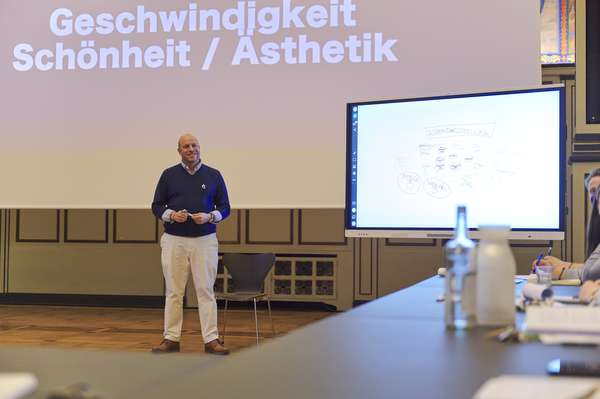
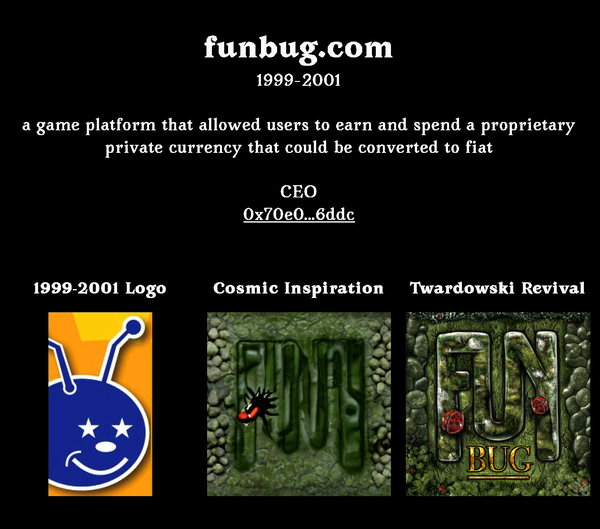
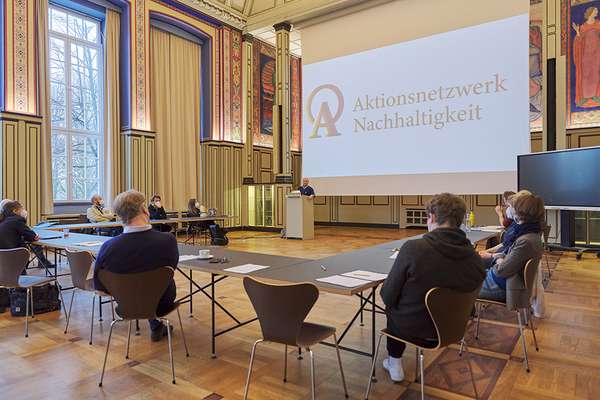
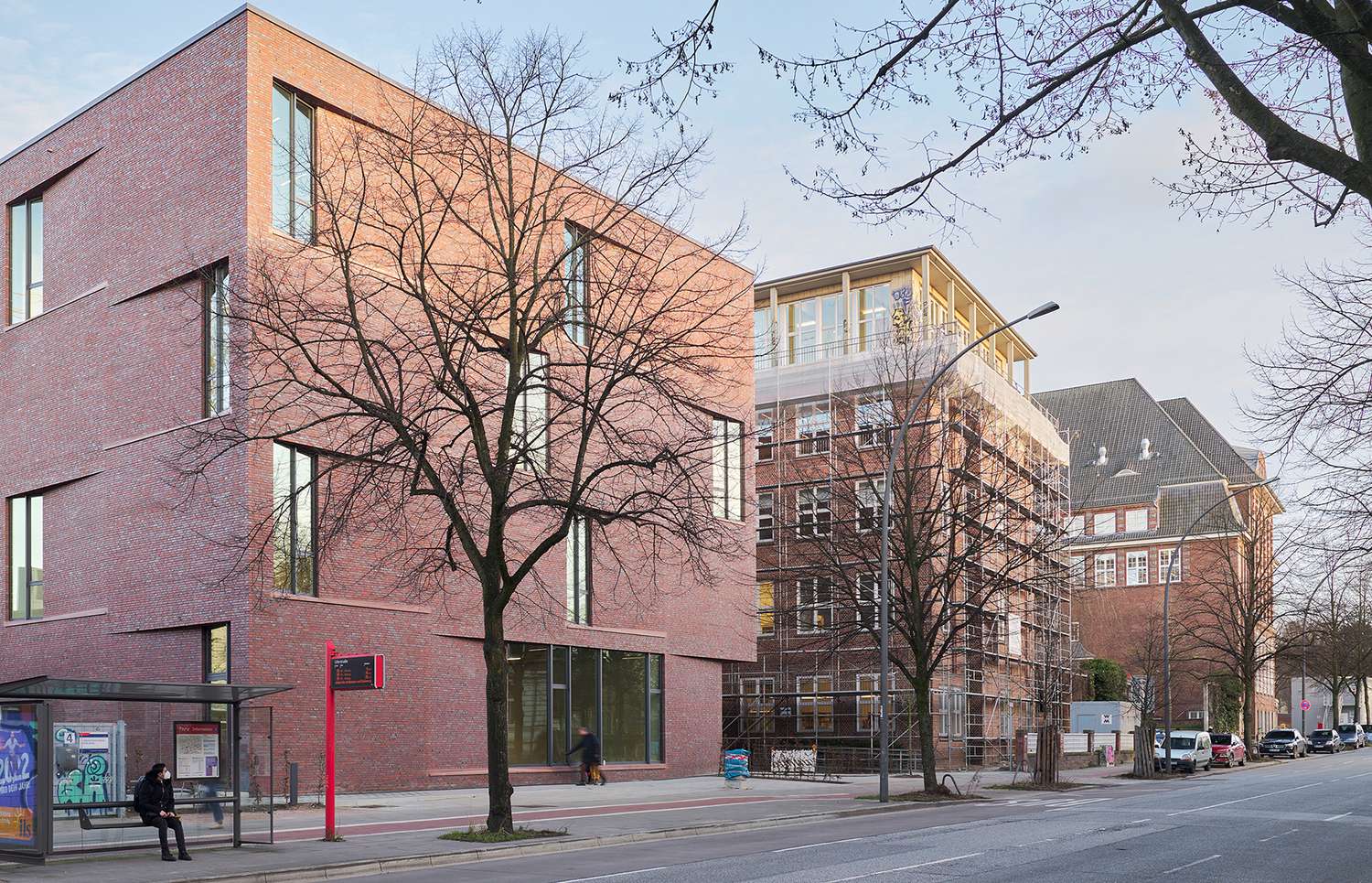
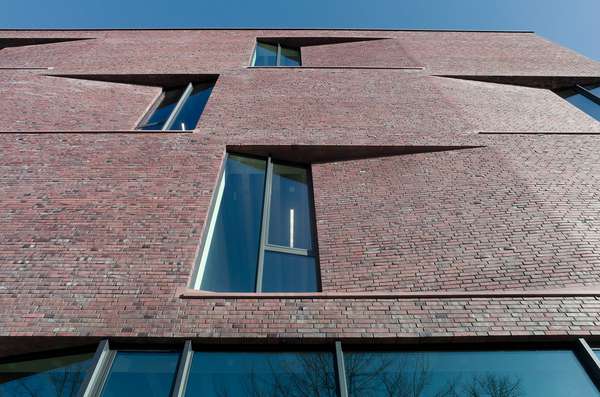
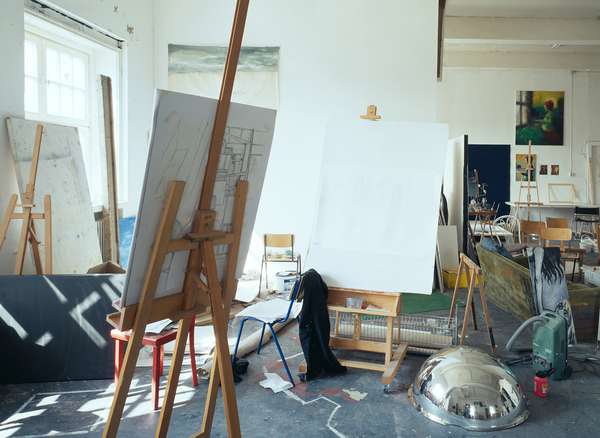
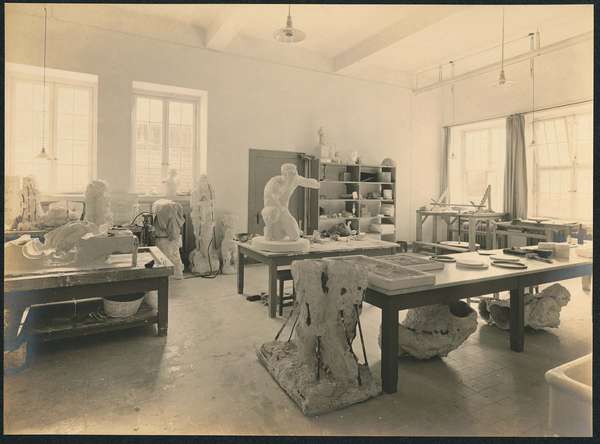
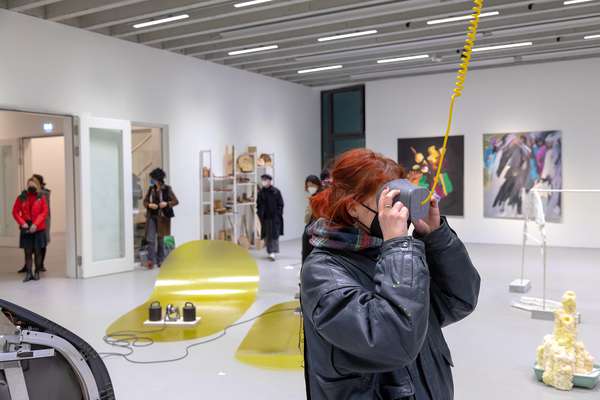
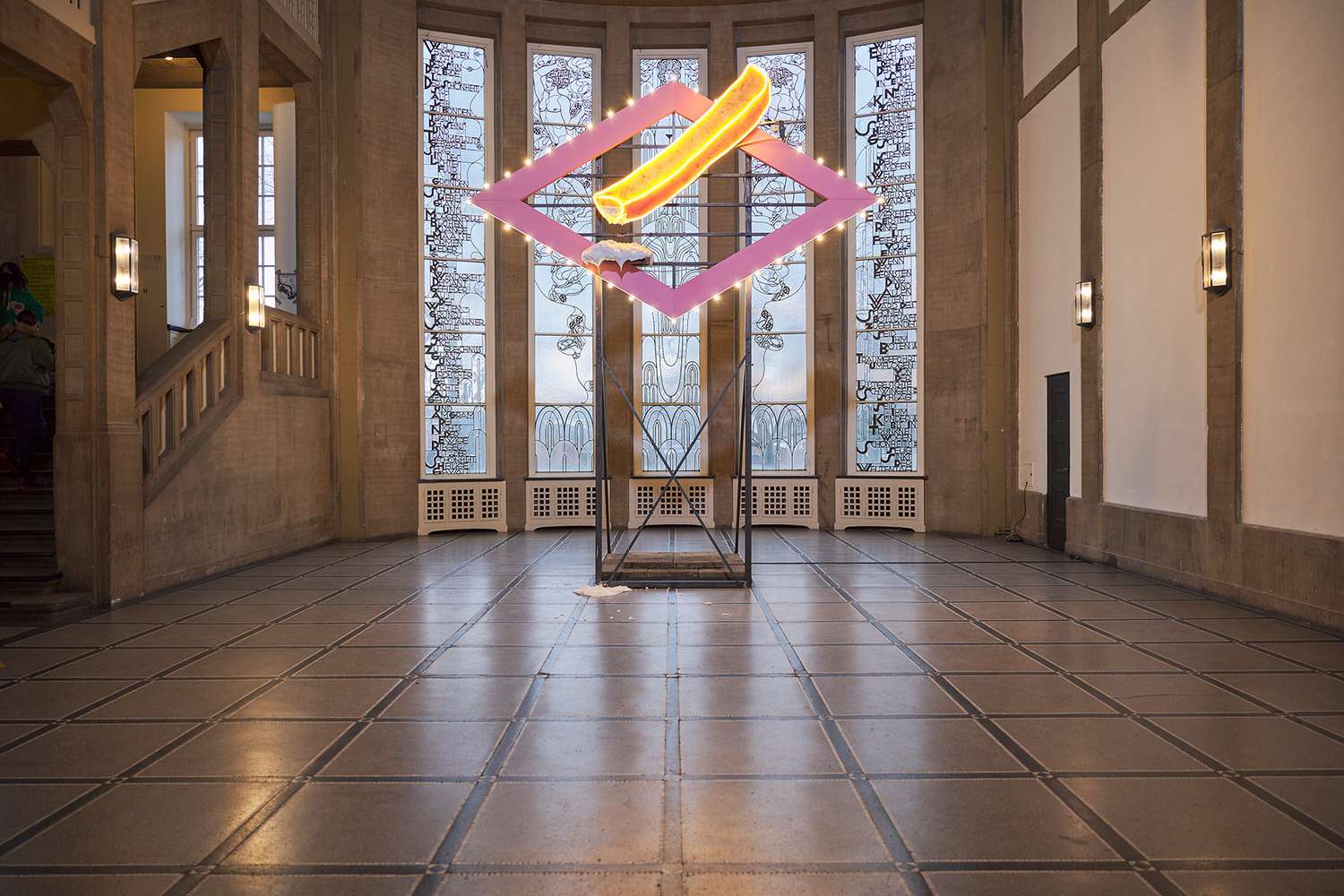
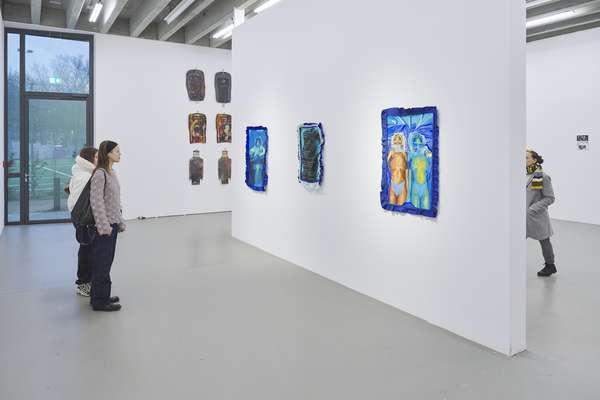
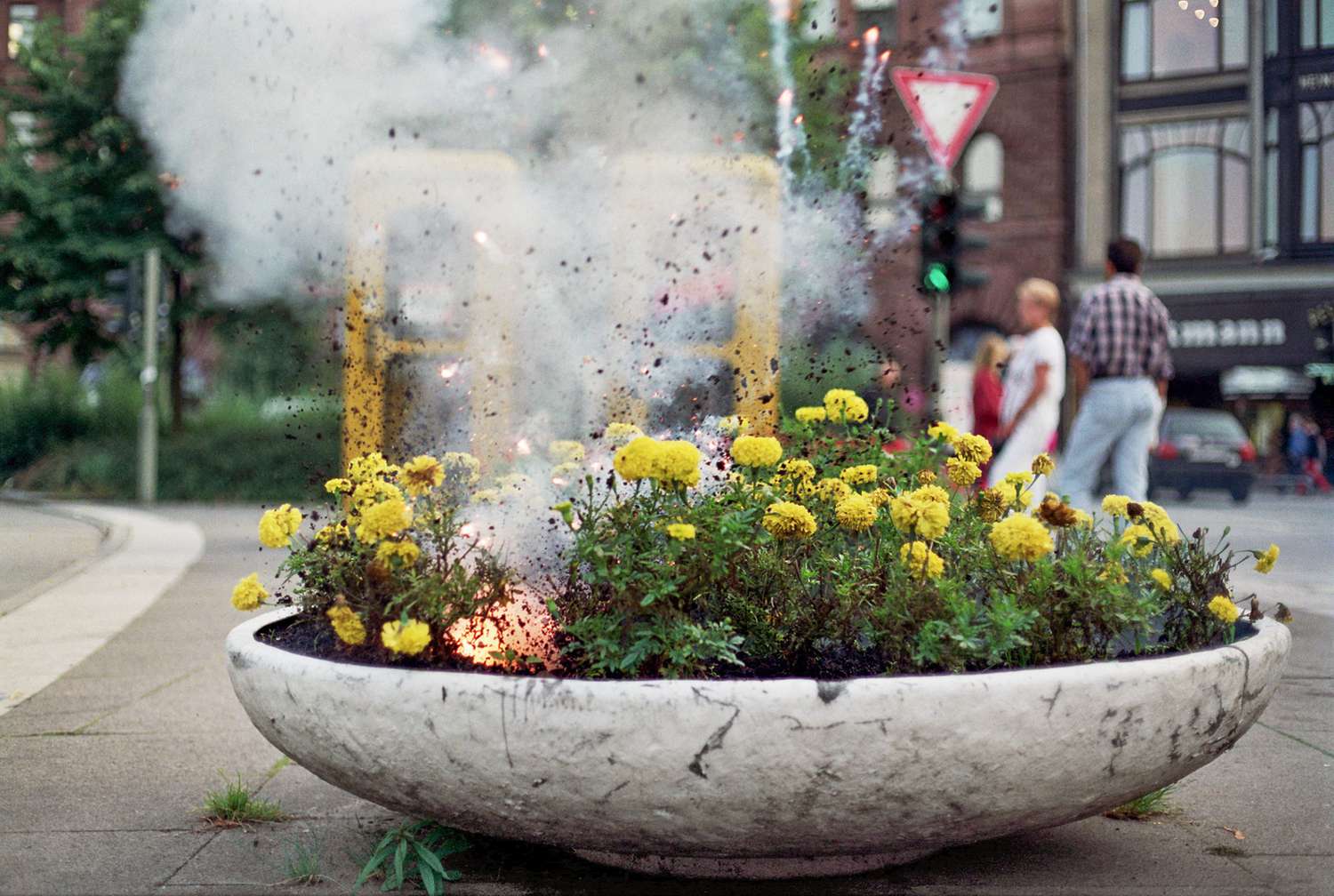
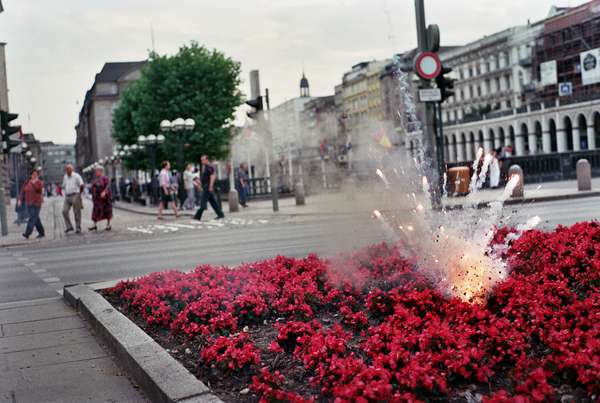
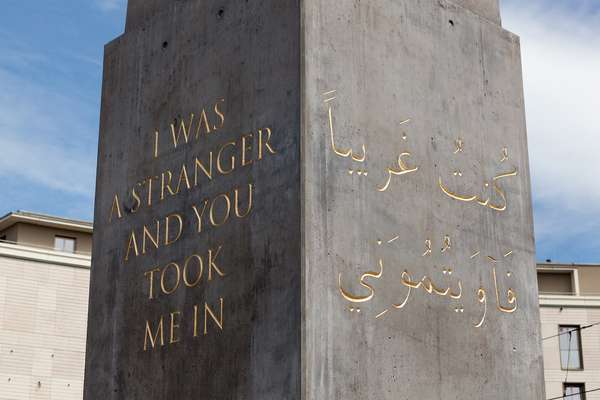
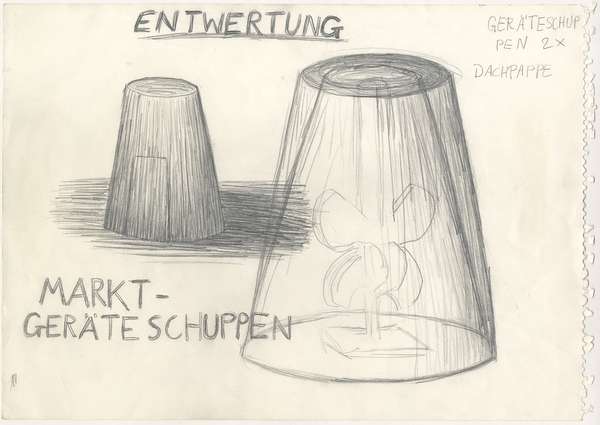
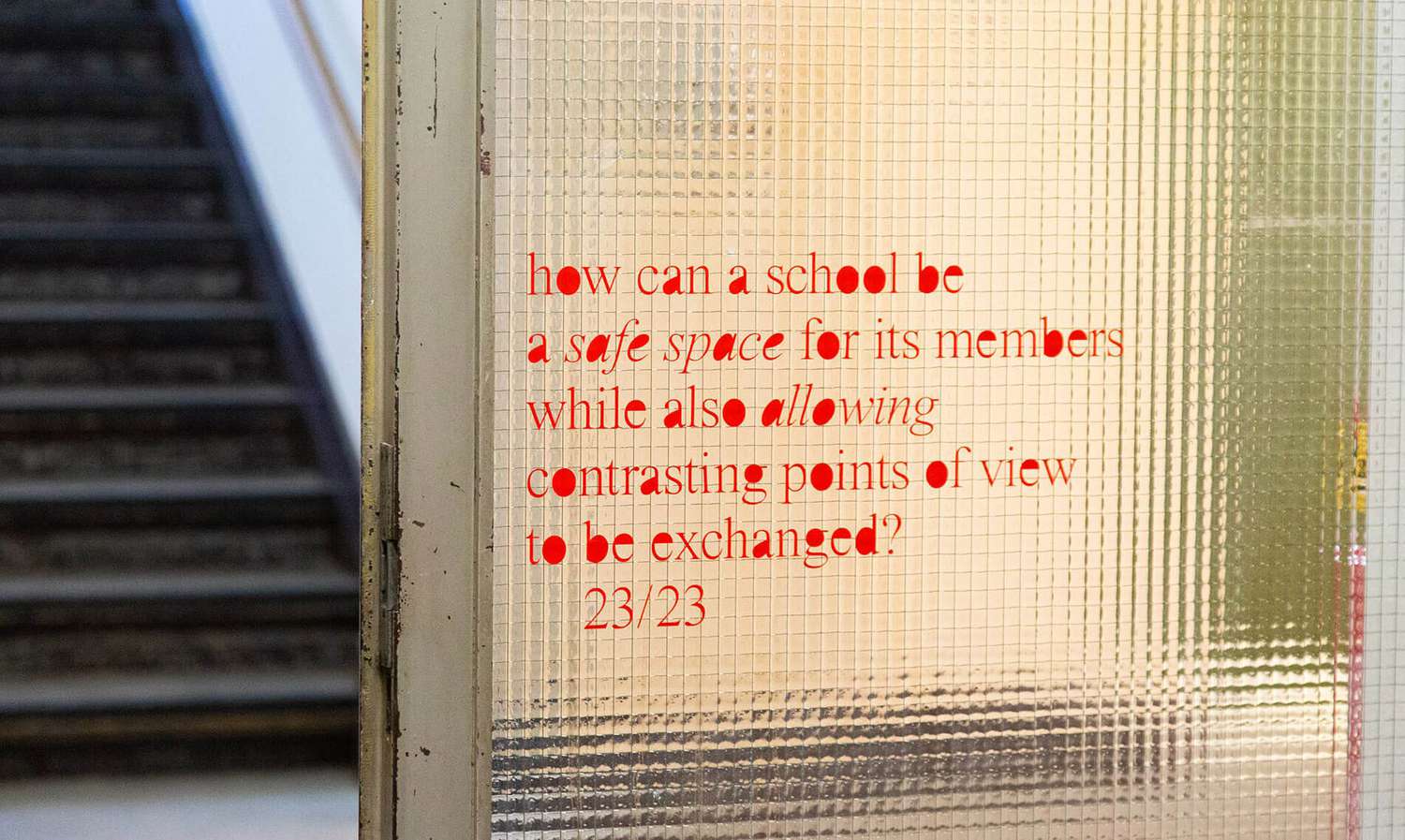
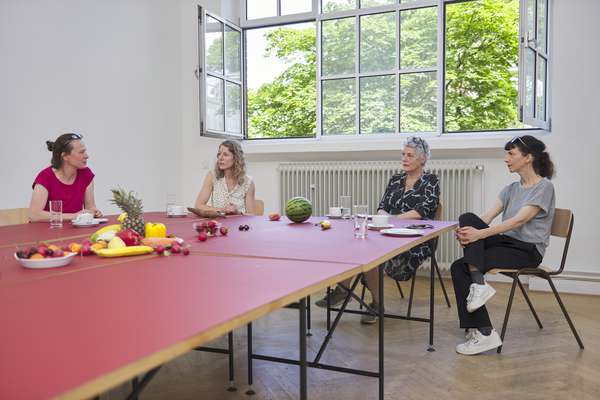
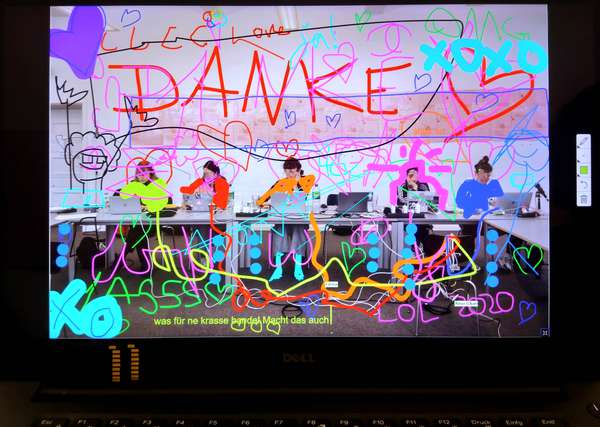
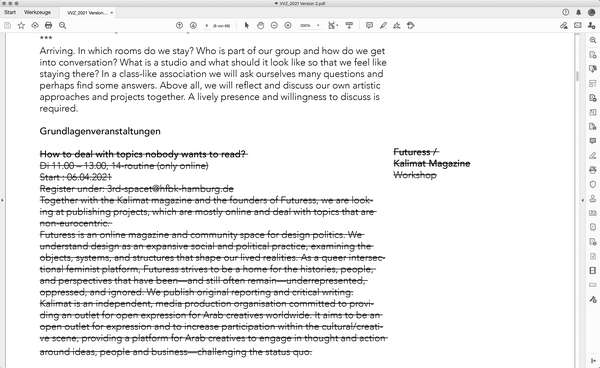
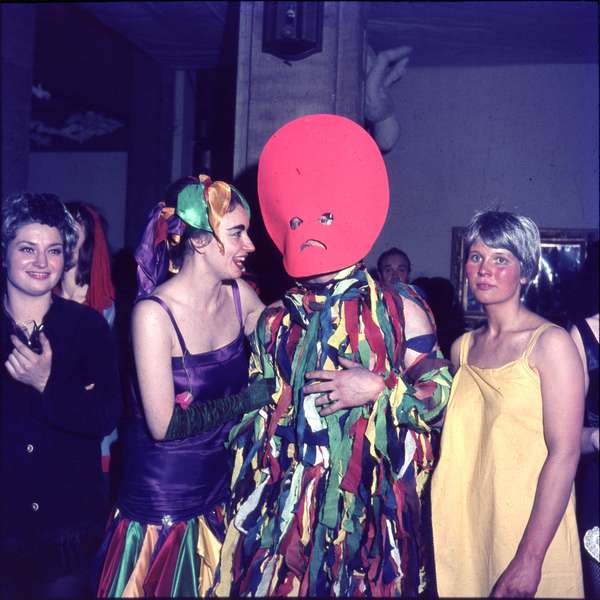
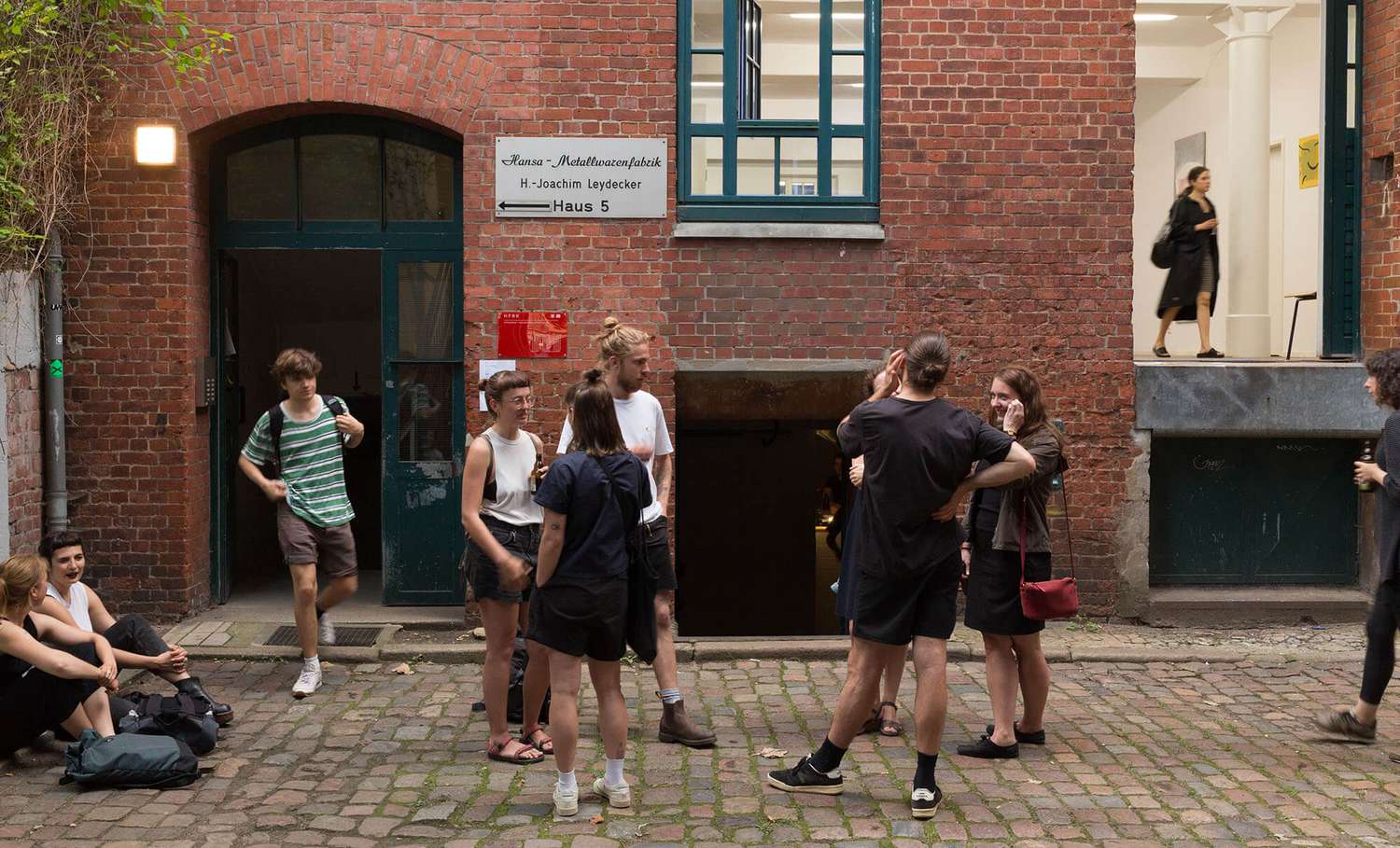
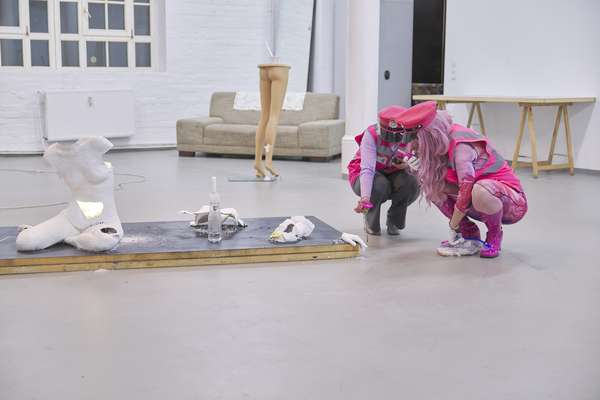
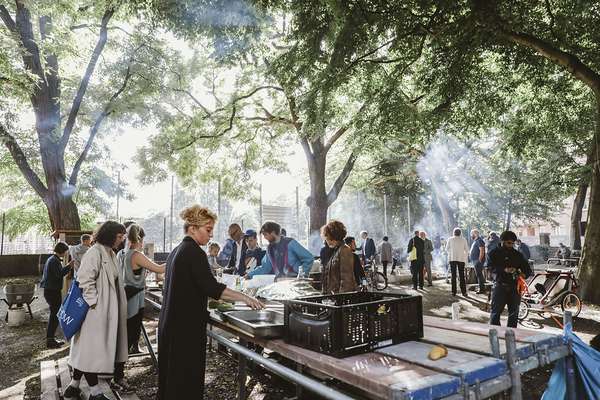
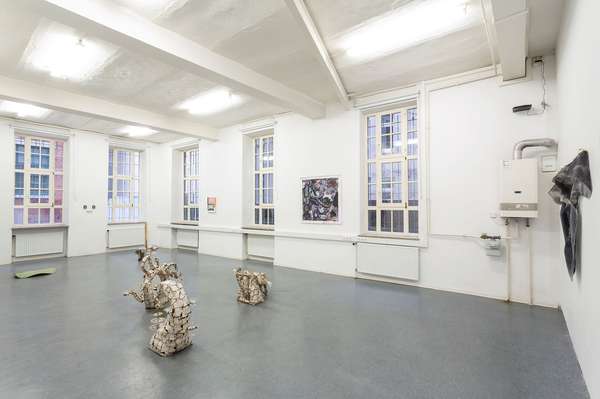
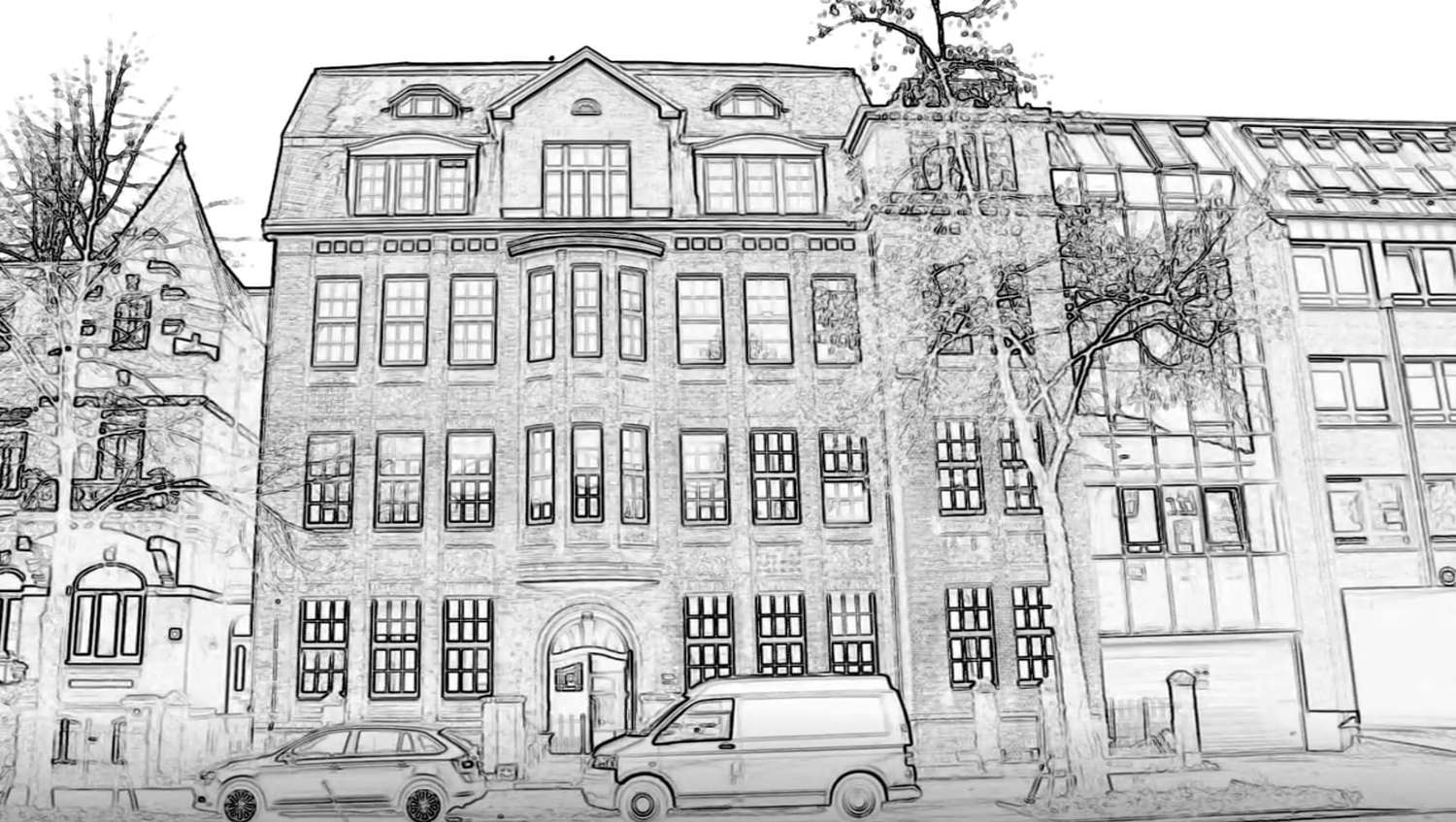
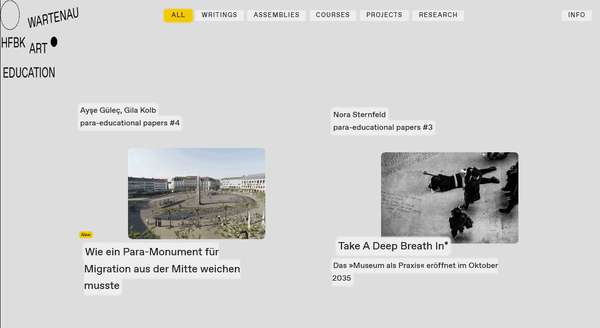
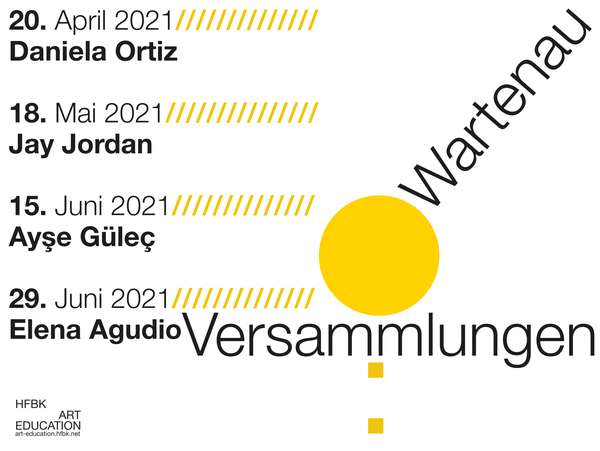
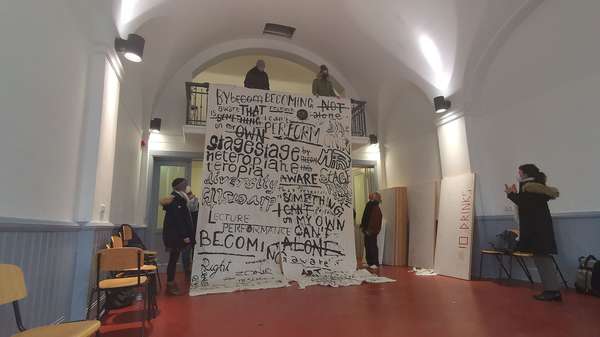
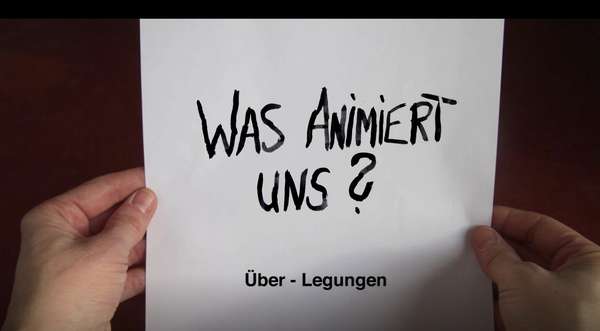
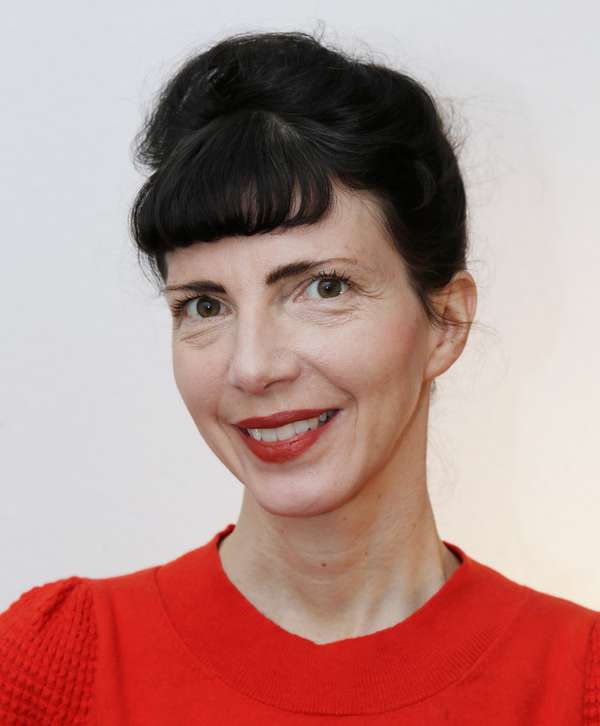
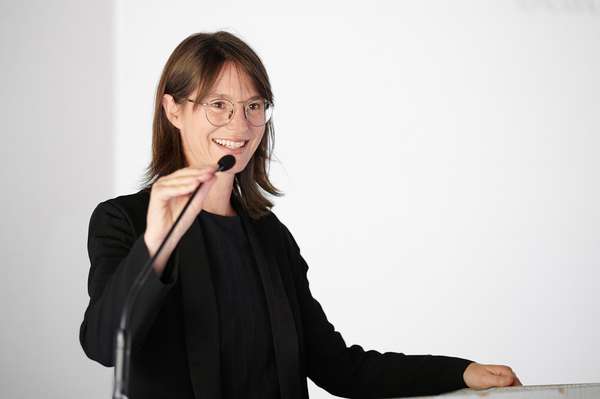
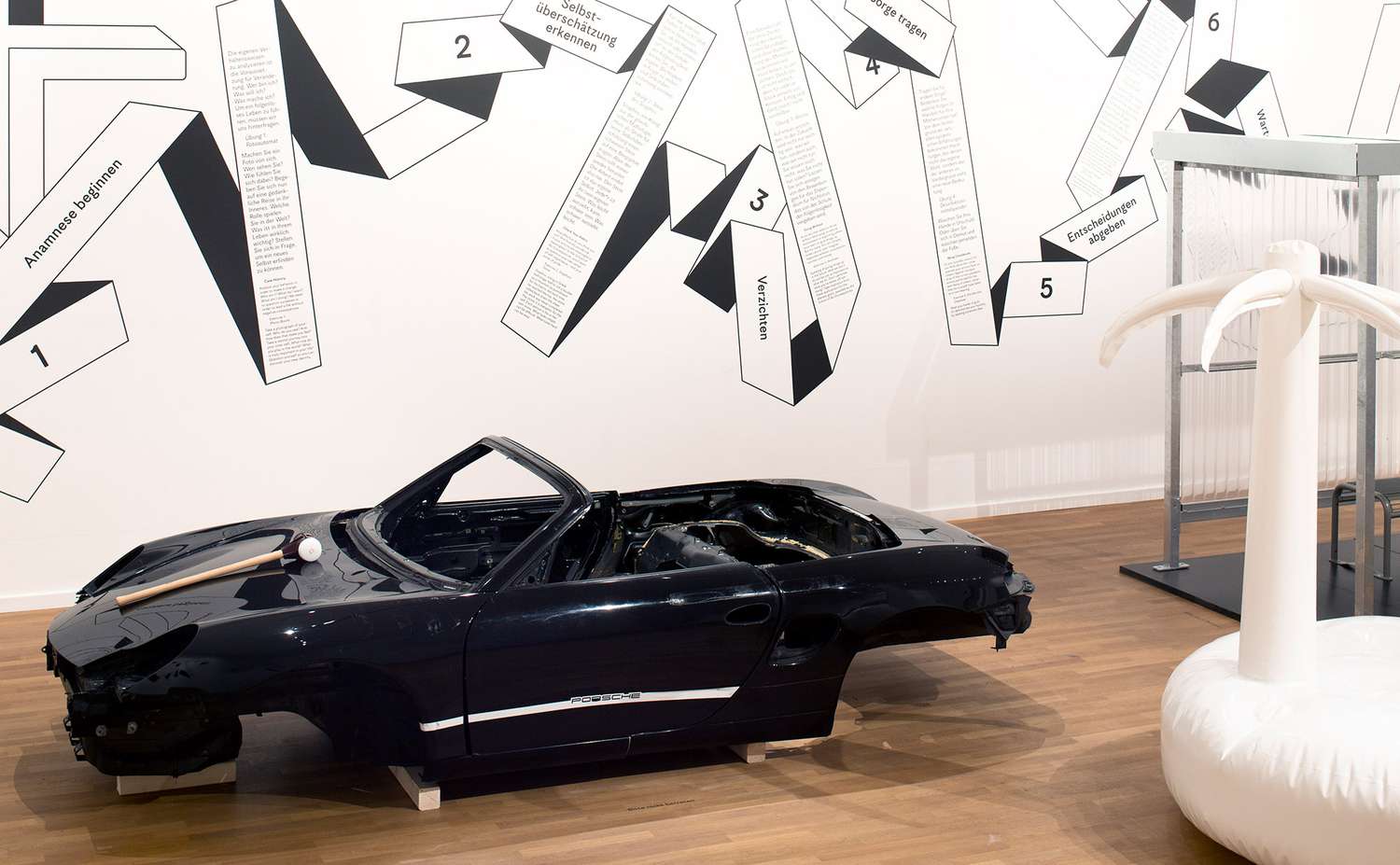
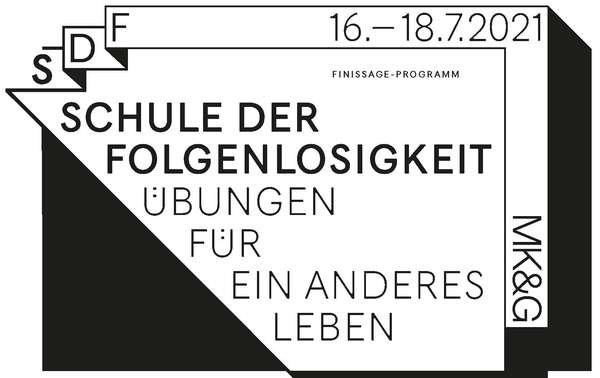
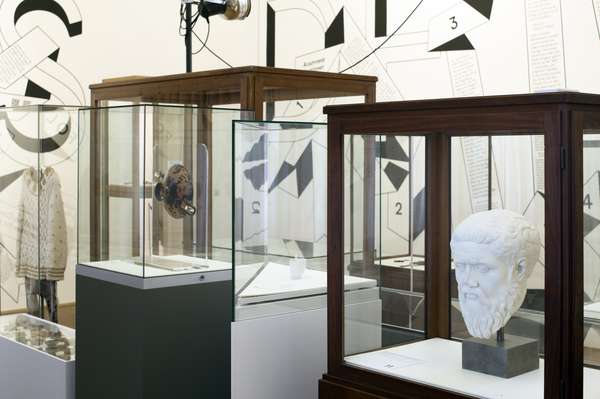
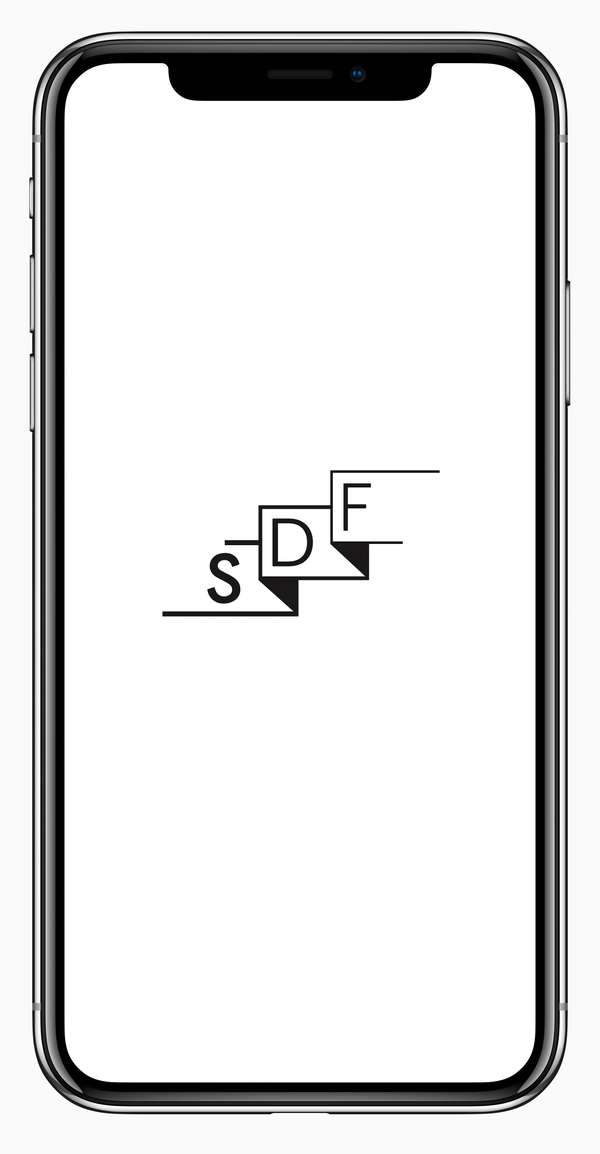
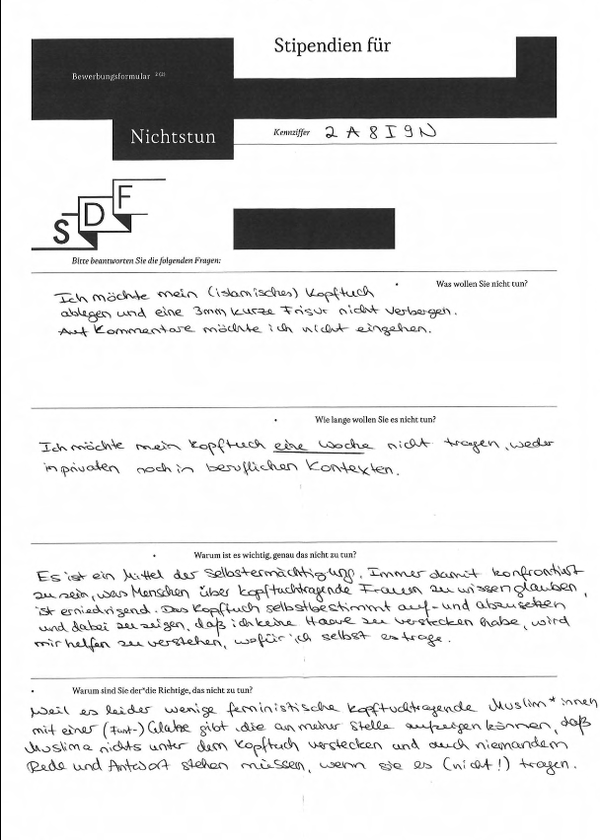
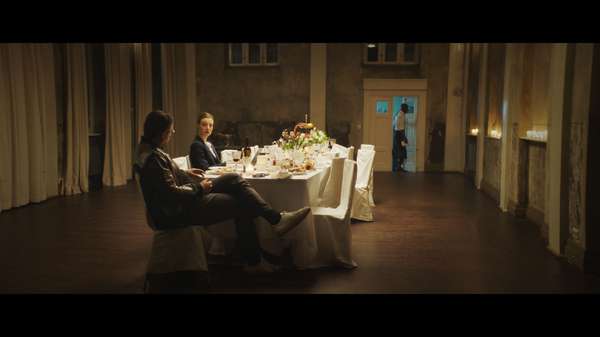
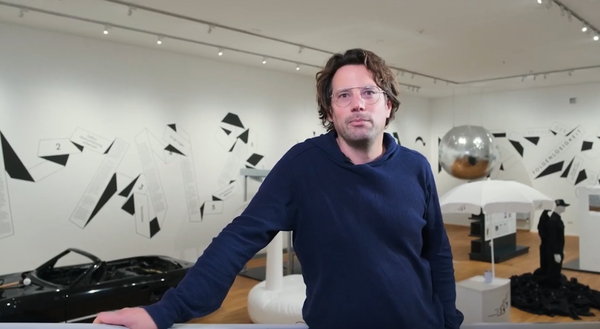
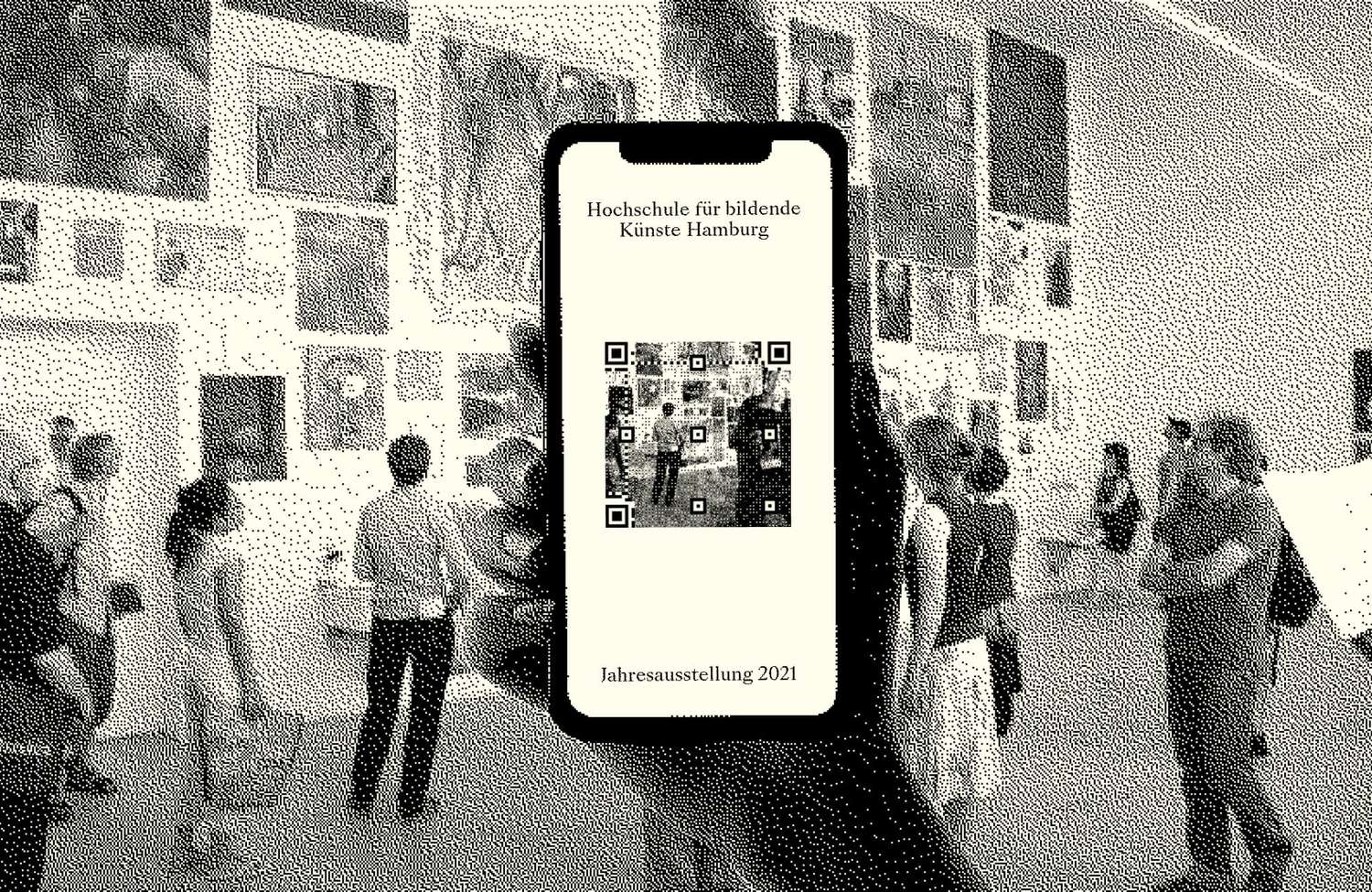
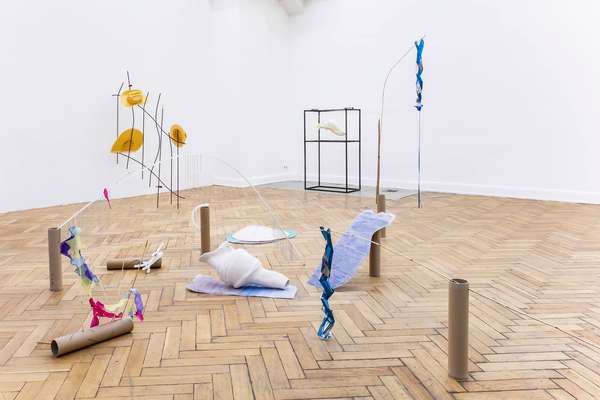
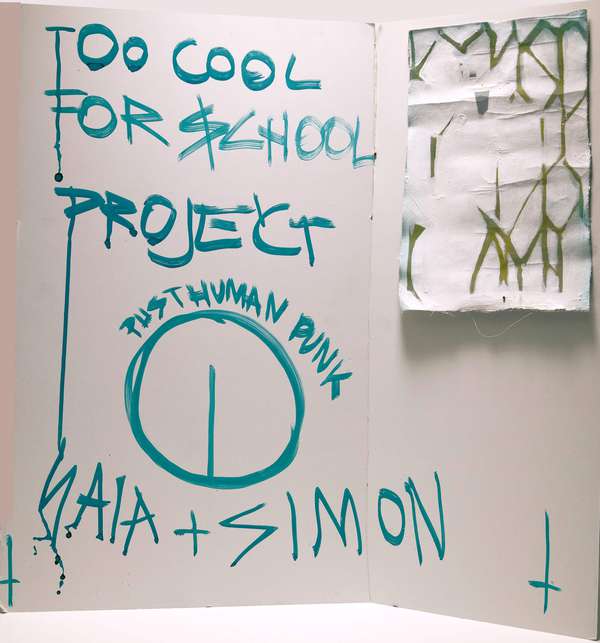
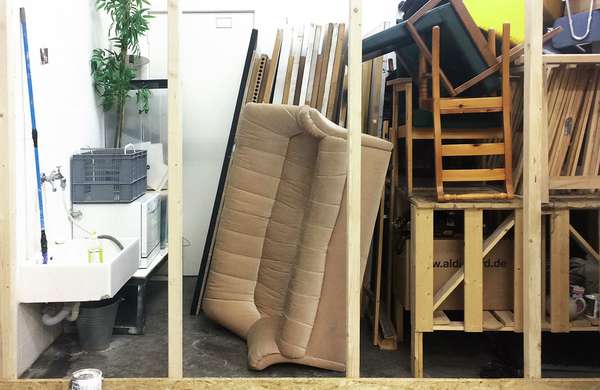

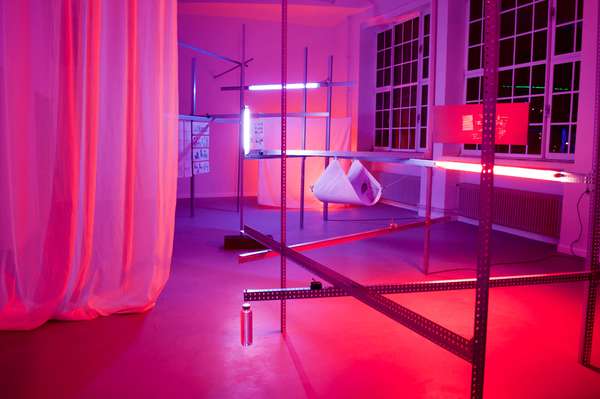
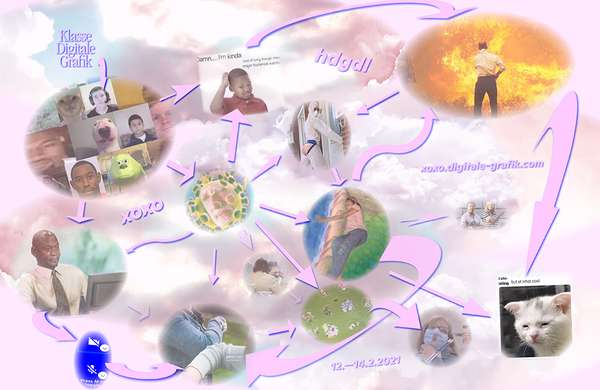
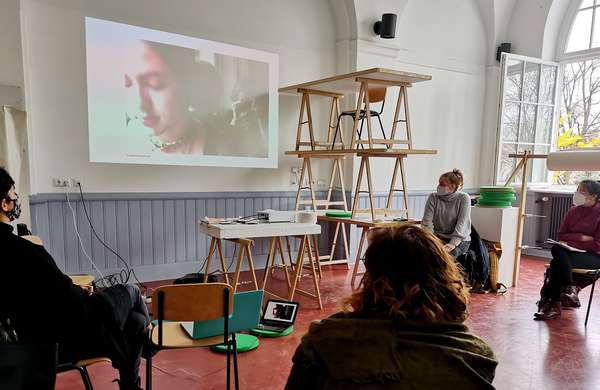
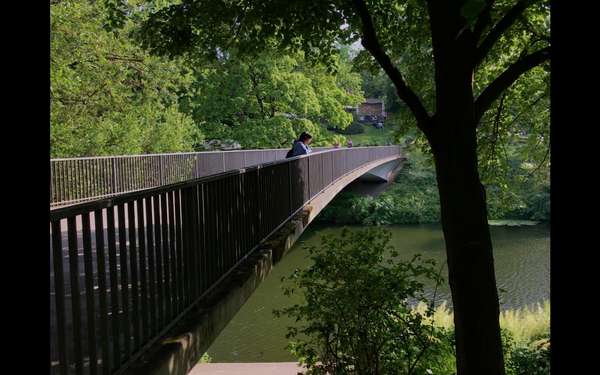
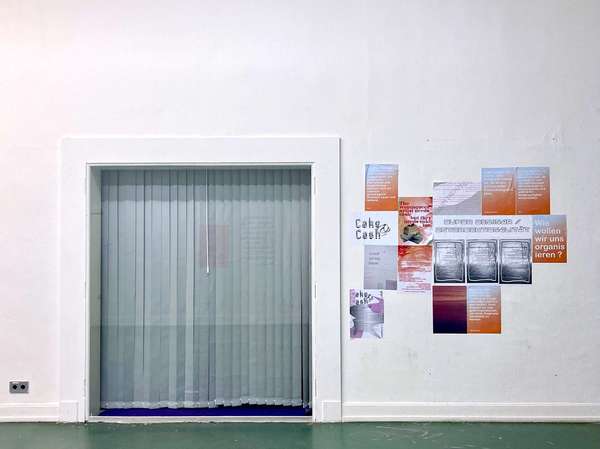
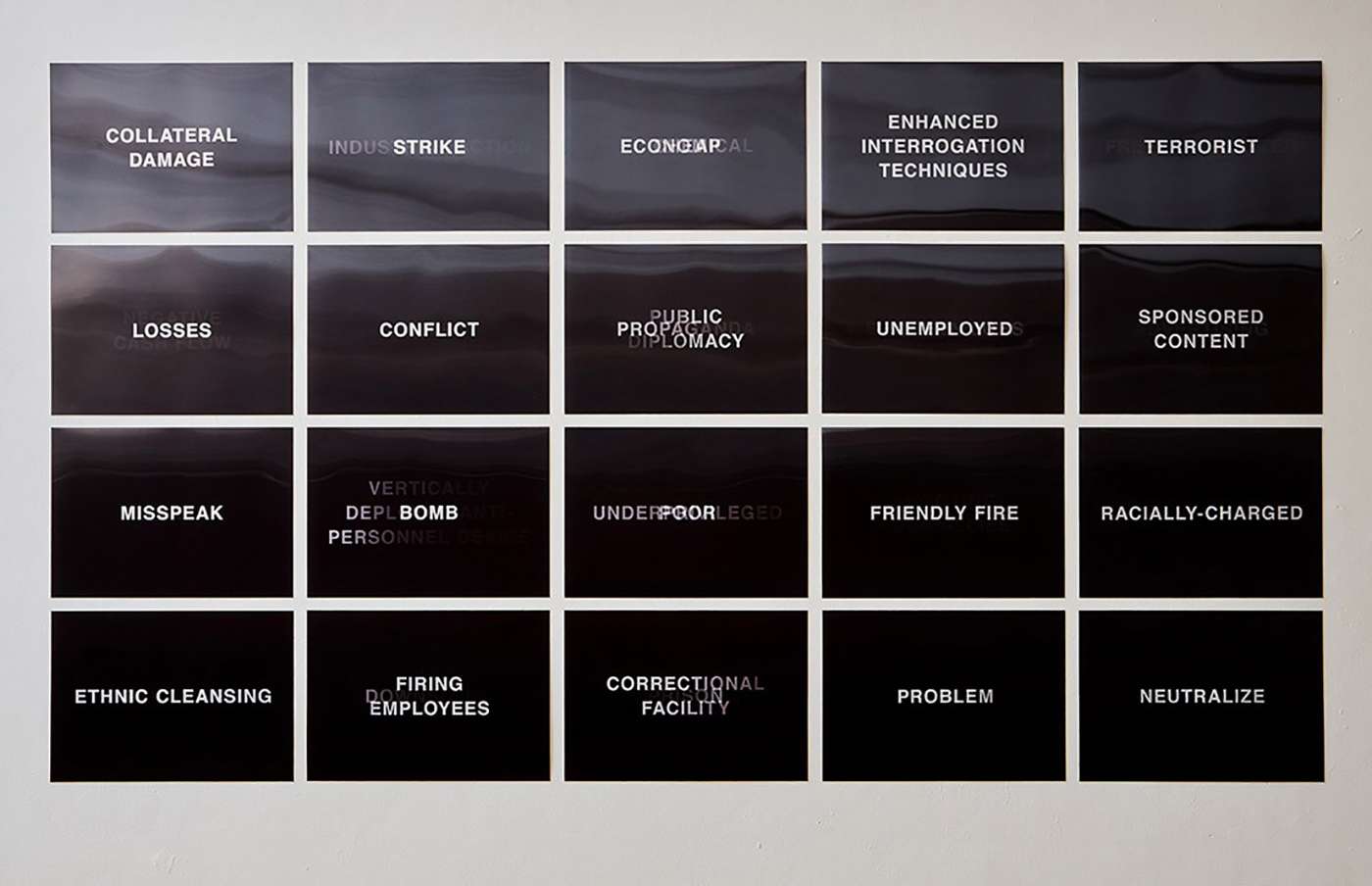
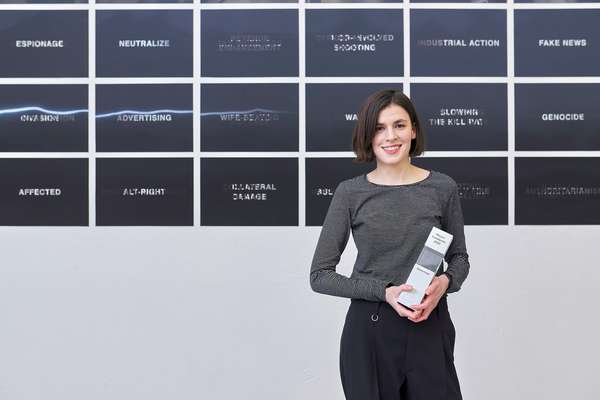
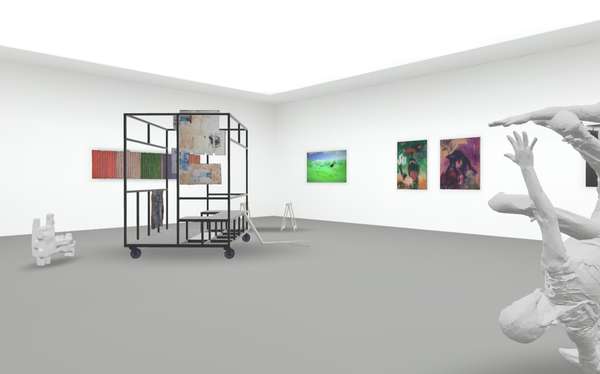
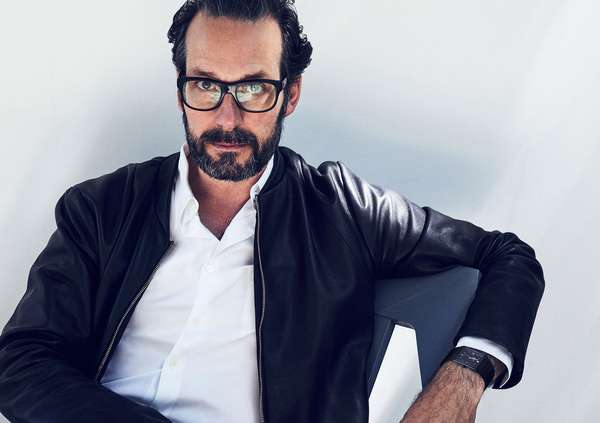
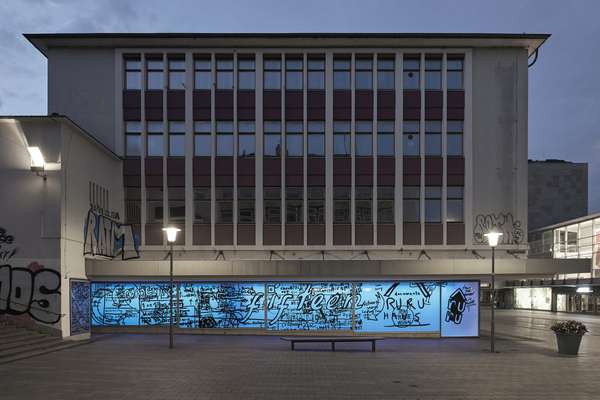
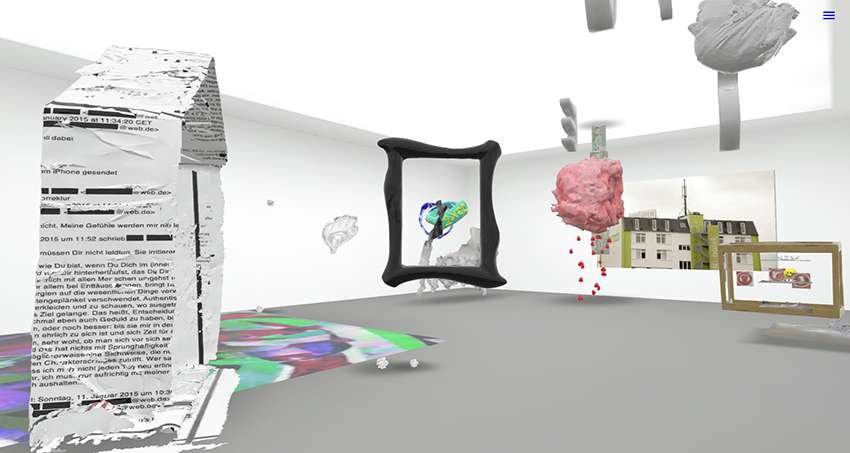
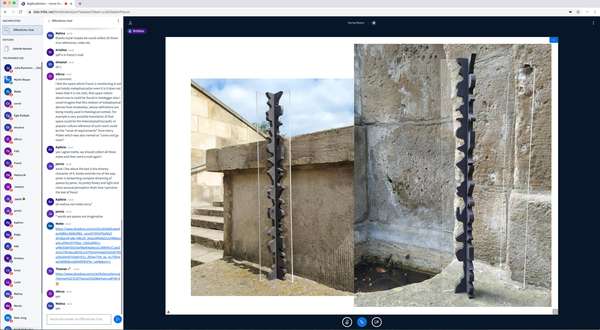
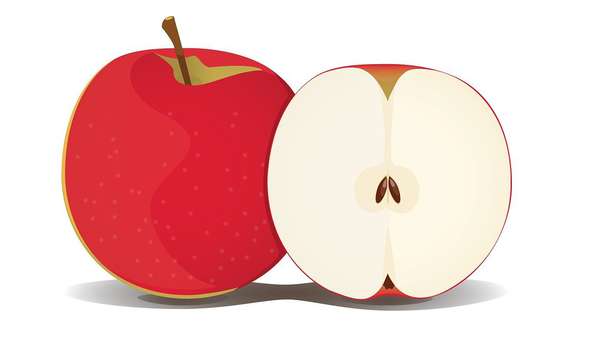
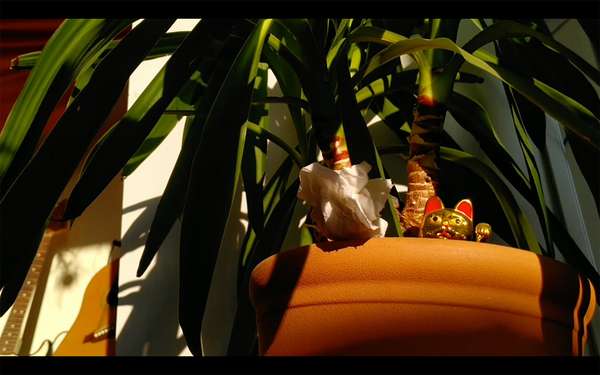
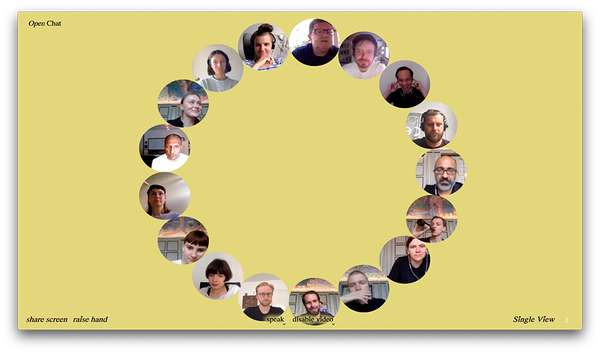
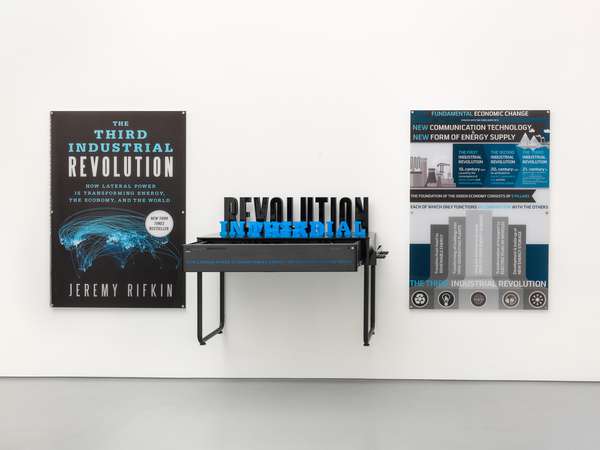
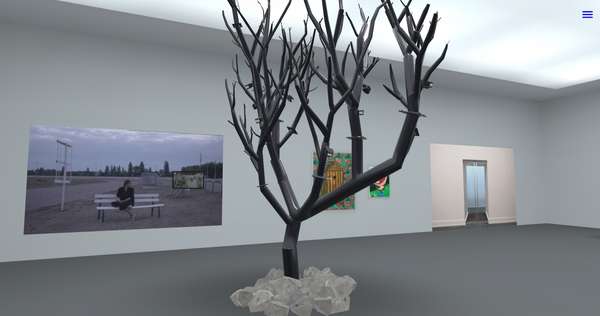
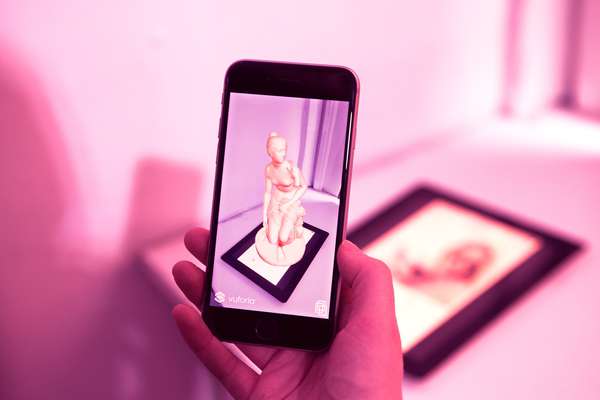
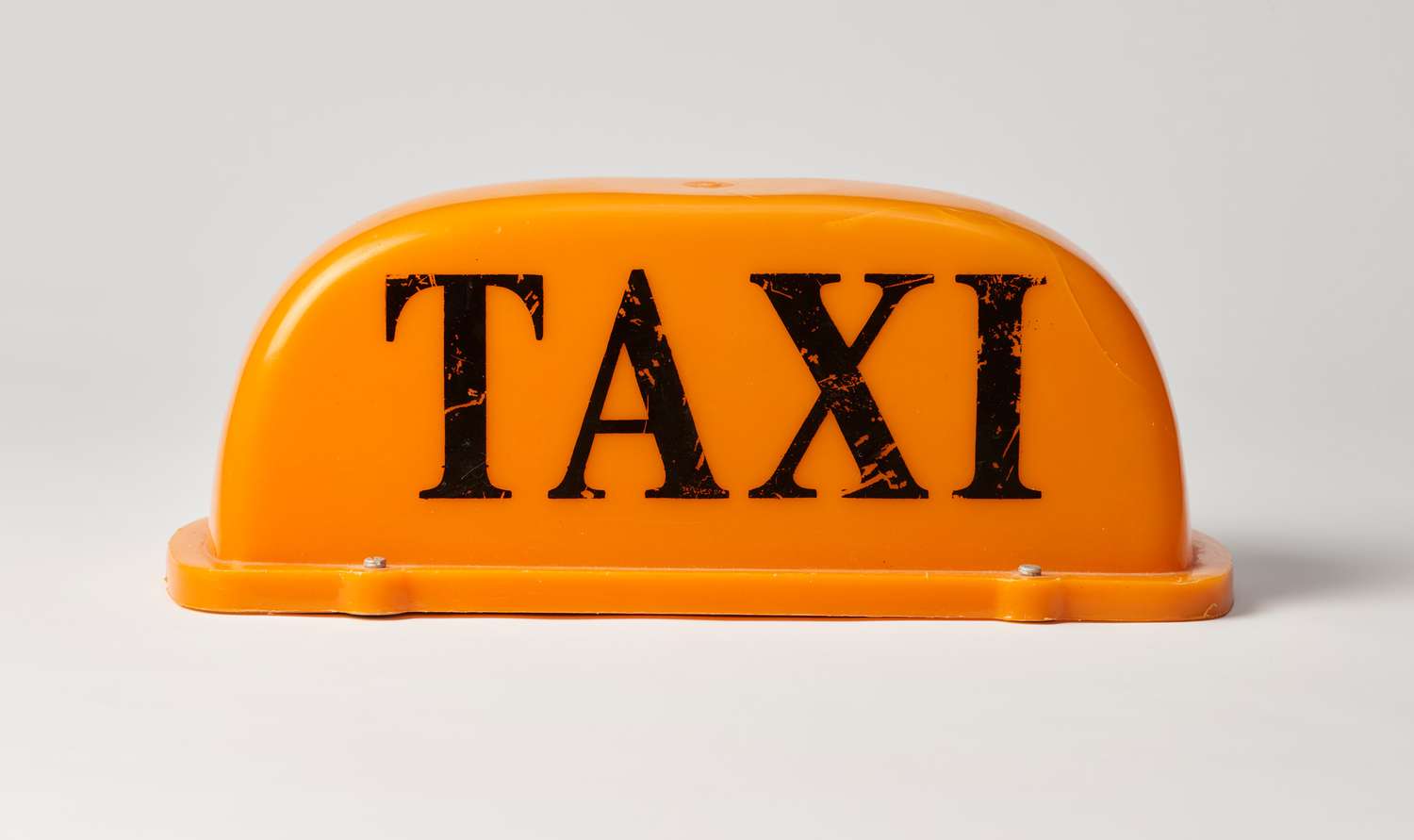
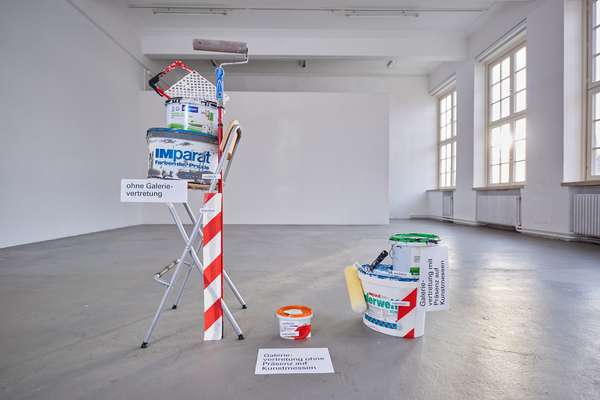
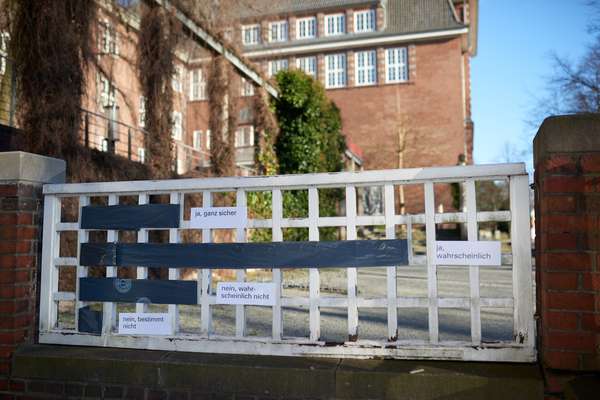
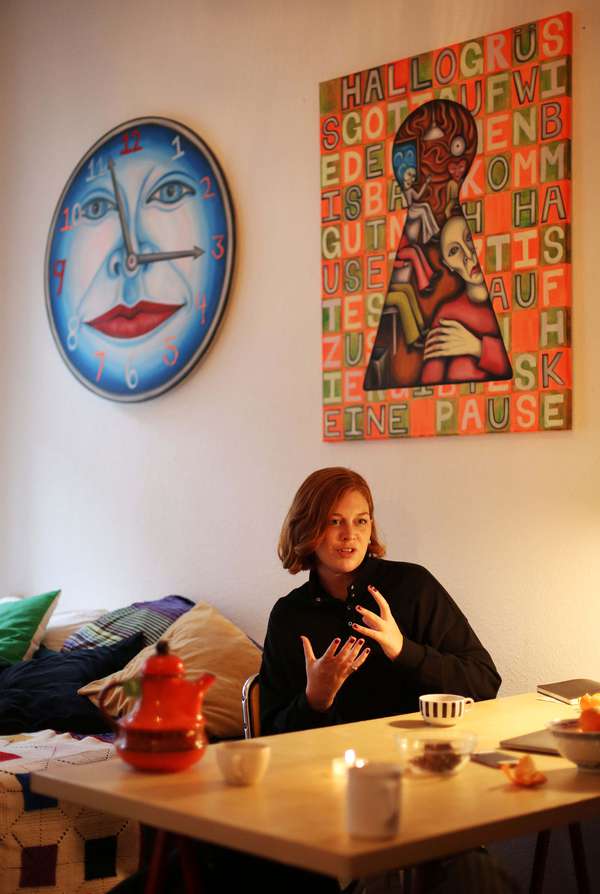
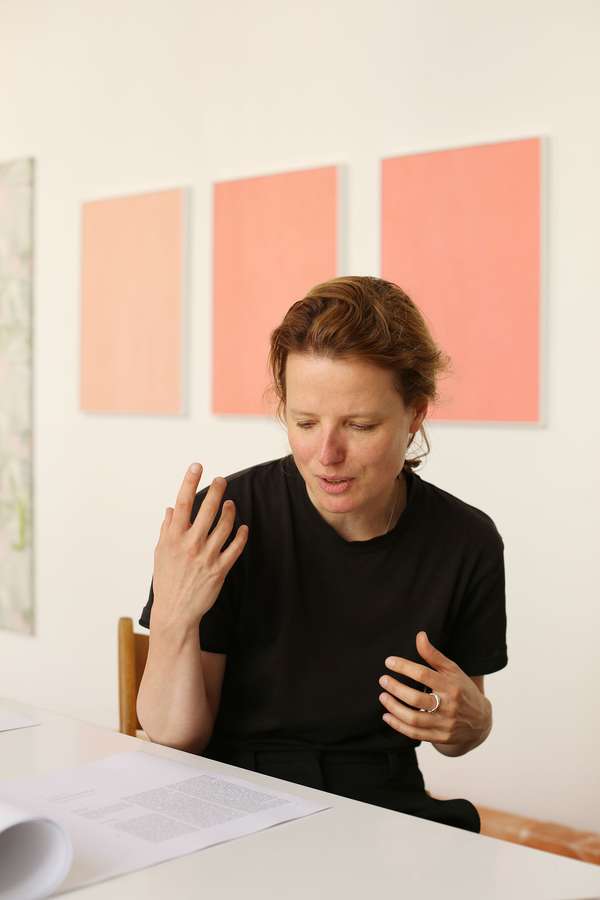
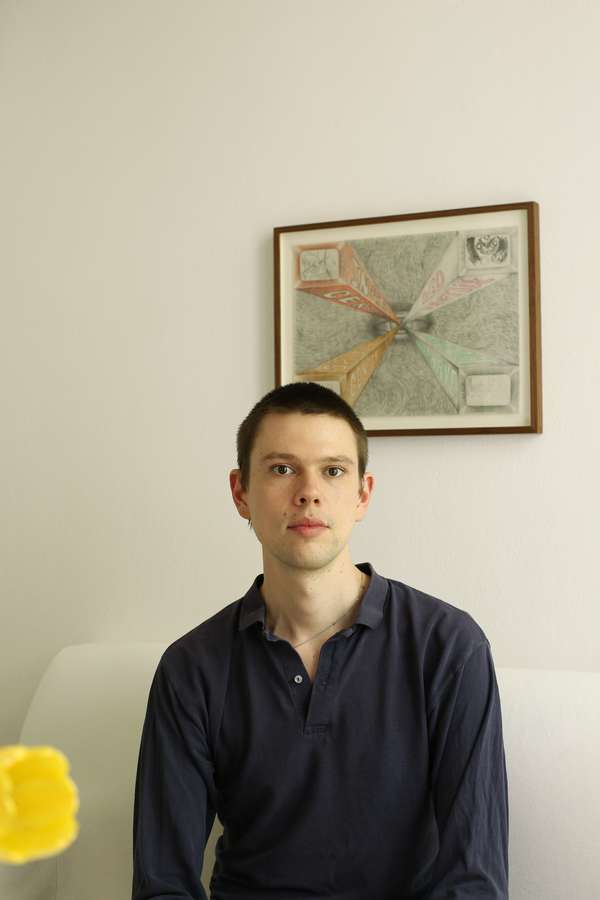
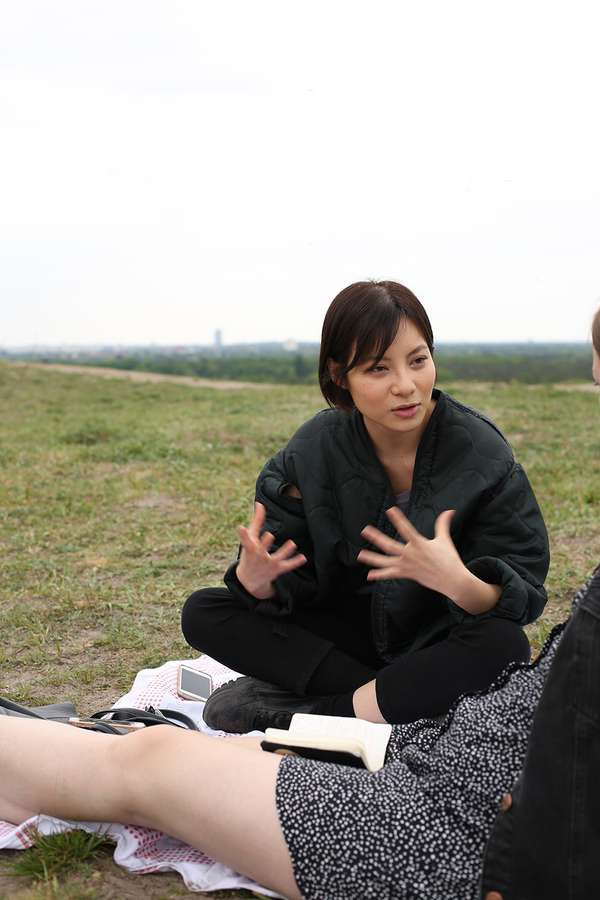
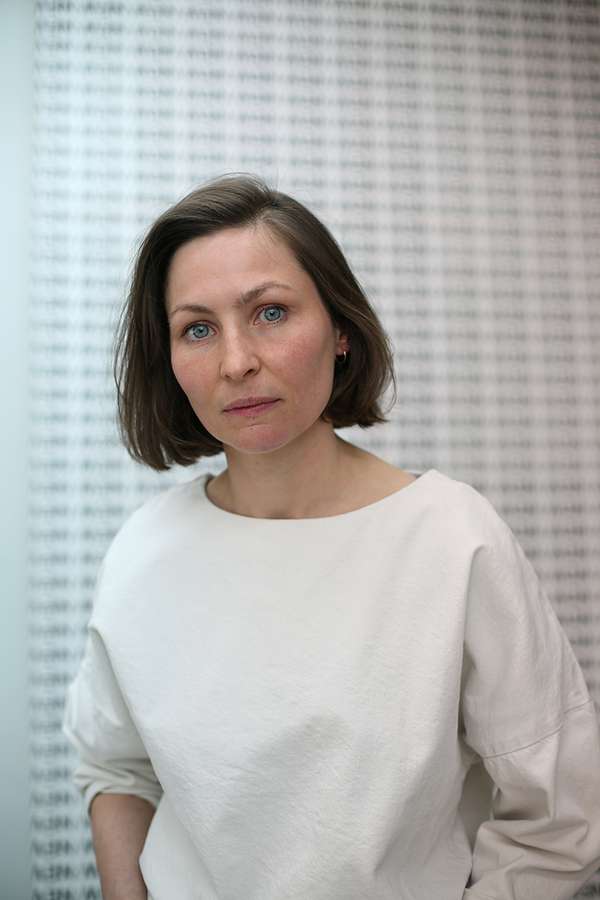
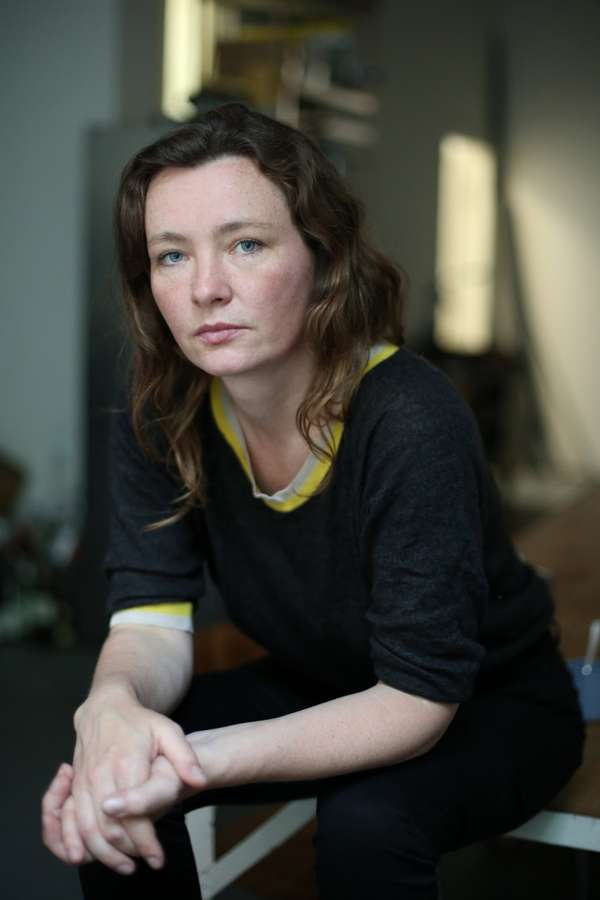
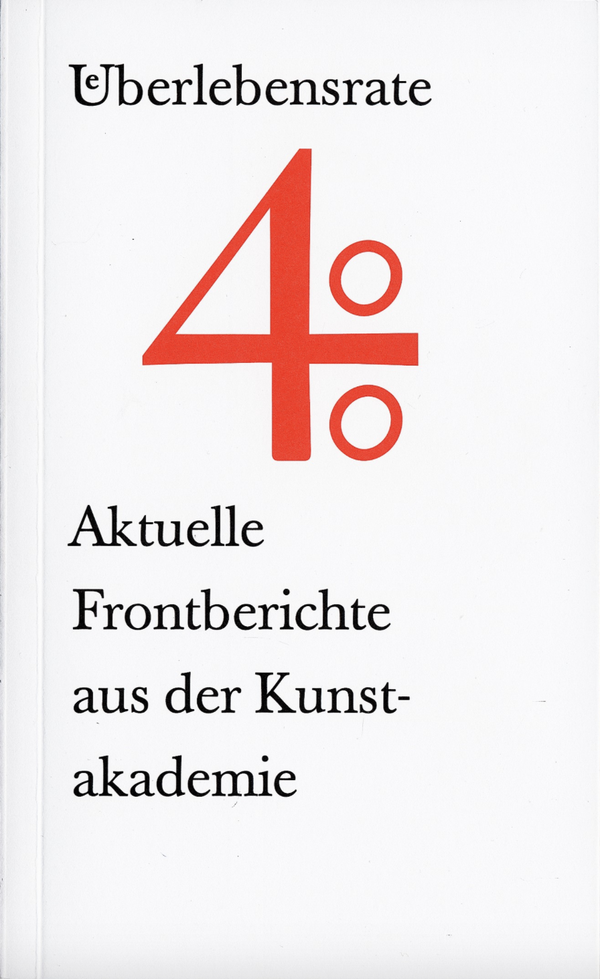
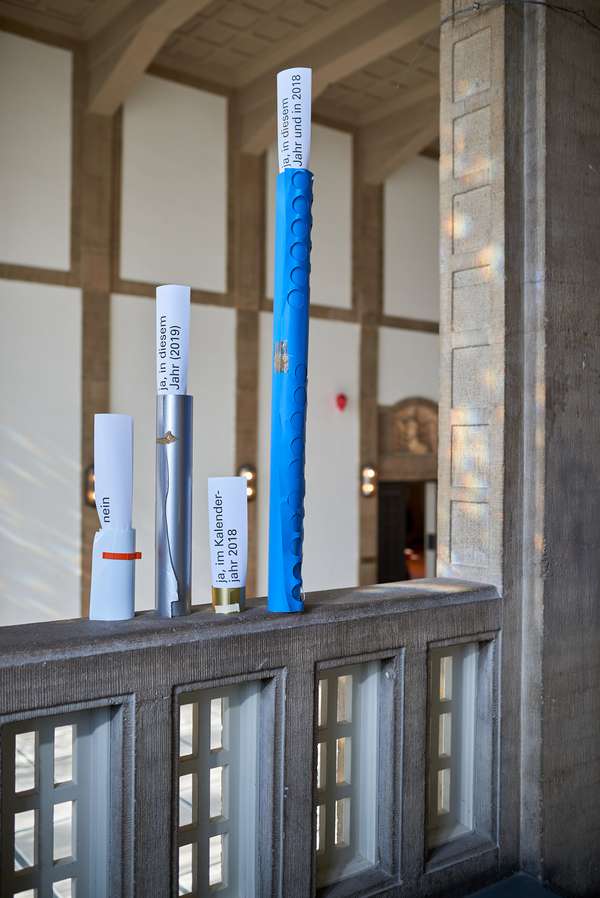
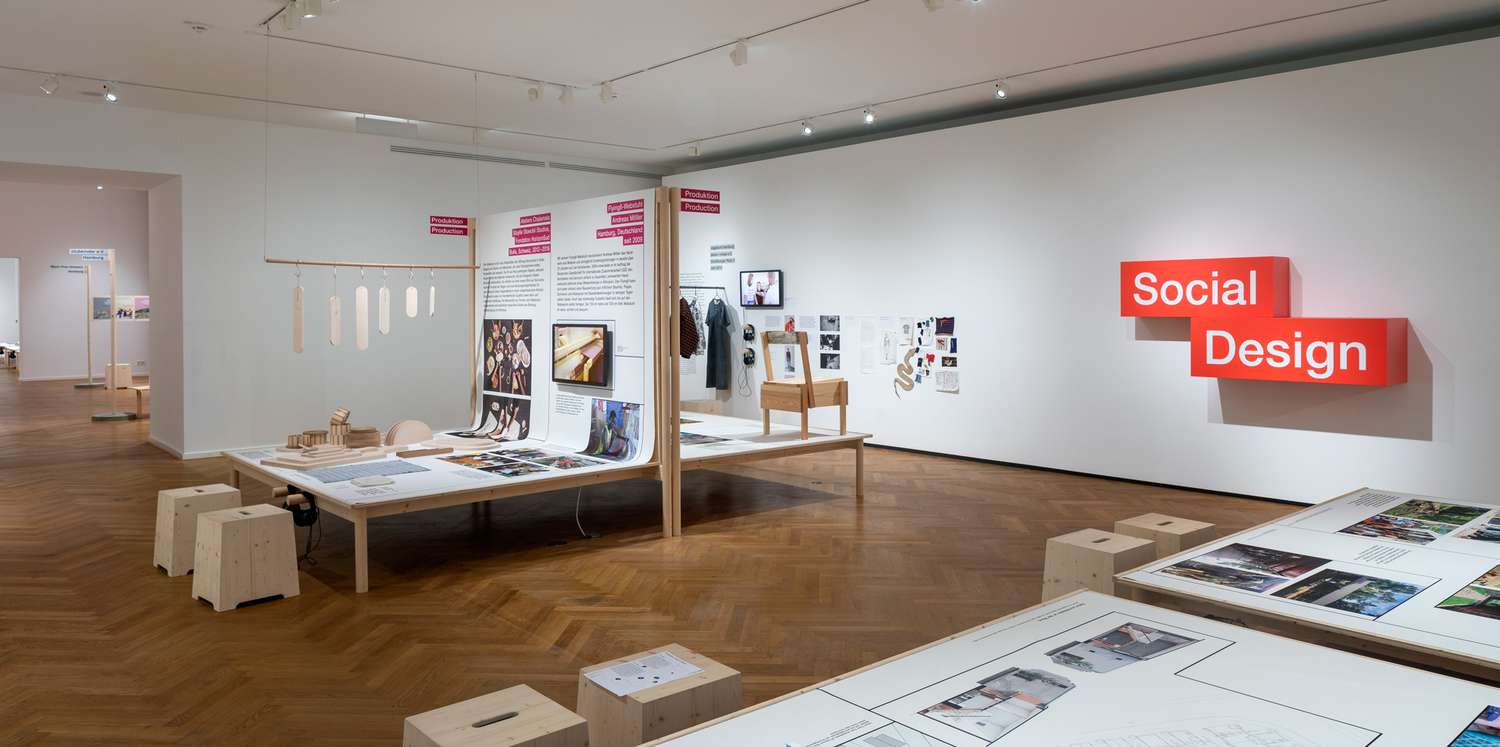
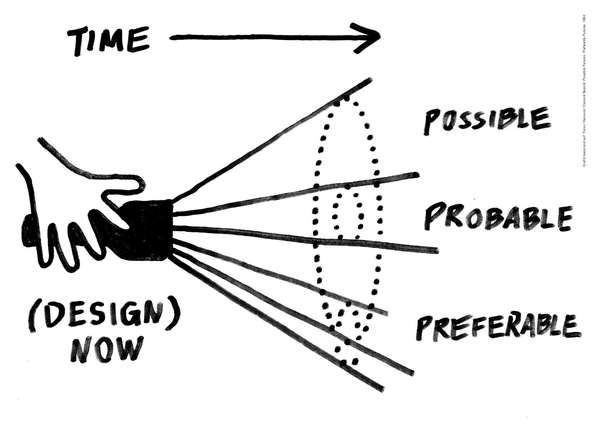
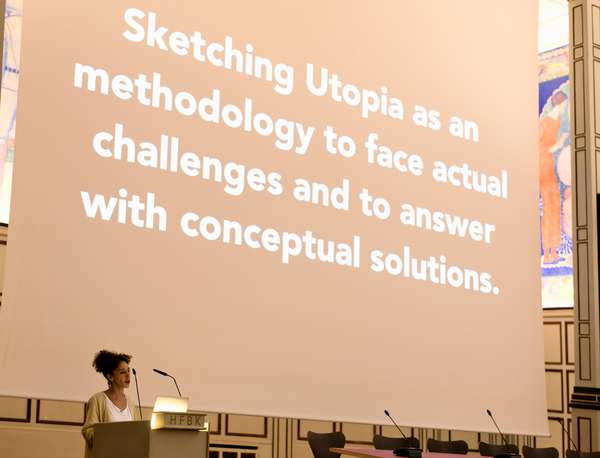
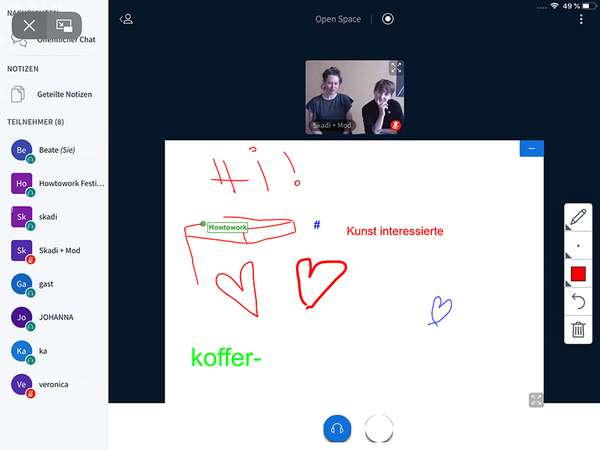
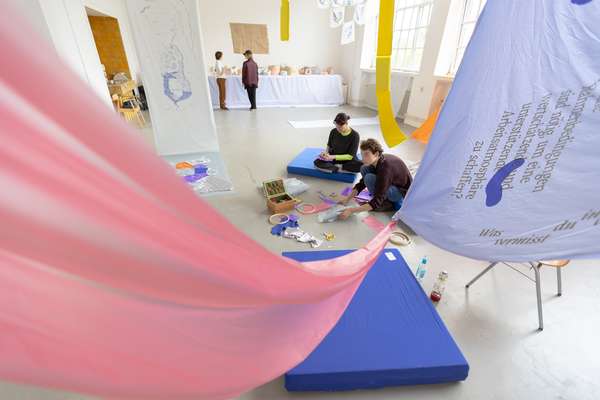
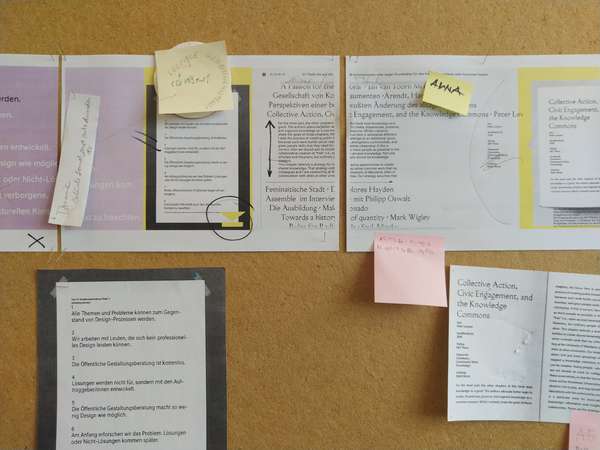
 Graduate Show 2025: Don't stop me now
Graduate Show 2025: Don't stop me now
 Long days, lots to do
Long days, lots to do
 Cine*Ami*es
Cine*Ami*es
 Redesign Democracy – competition for the ballot box of the democratic future
Redesign Democracy – competition for the ballot box of the democratic future
 Art in public space
Art in public space
 How to apply: study at HFBK Hamburg
How to apply: study at HFBK Hamburg
 Annual Exhibition 2025 at the HFBK Hamburg
Annual Exhibition 2025 at the HFBK Hamburg
 The Elephant in The Room – Sculpture today
The Elephant in The Room – Sculpture today
 Hiscox Art Prize 2024
Hiscox Art Prize 2024
 The New Woman
The New Woman
 Doing a PhD at the HFBK Hamburg
Doing a PhD at the HFBK Hamburg
 Graduate Show 2024 - Letting Go
Graduate Show 2024 - Letting Go
 Finkenwerder Art Prize 2024
Finkenwerder Art Prize 2024
 Archives of the Body - The Body in Archiving
Archives of the Body - The Body in Archiving
 New partnership with the School of Arts at the University of Haifa
New partnership with the School of Arts at the University of Haifa
 Annual Exhibition 2024 at the HFBK Hamburg
Annual Exhibition 2024 at the HFBK Hamburg
 (Ex)Changes of / in Art
(Ex)Changes of / in Art
 Extended Libraries
Extended Libraries
 And Still I Rise
And Still I Rise
 Let's talk about language
Let's talk about language
 Graduate Show 2023: Unfinished Business
Graduate Show 2023: Unfinished Business
 Let`s work together
Let`s work together
 Annual Exhibition 2023 at HFBK Hamburg
Annual Exhibition 2023 at HFBK Hamburg
 Symposium: Controversy over documenta fifteen
Symposium: Controversy over documenta fifteen
 Festival and Symposium: Non-Knowledge, Laughter and the Moving Image
Festival and Symposium: Non-Knowledge, Laughter and the Moving Image
 Solo exhibition by Konstantin Grcic
Solo exhibition by Konstantin Grcic
 Art and war
Art and war
 Graduate Show 2022: We’ve Only Just Begun
Graduate Show 2022: We’ve Only Just Begun
 June is full of art and theory
June is full of art and theory
 Finkenwerder Art Prize 2022
Finkenwerder Art Prize 2022
 Nachhaltigkeit im Kontext von Kunst und Kunsthochschule
Nachhaltigkeit im Kontext von Kunst und Kunsthochschule
 Raum für die Kunst
Raum für die Kunst
 Annual Exhibition 2022 at the HFBK
Annual Exhibition 2022 at the HFBK
 Conference: Counter-Monuments and Para-Monuments.
Conference: Counter-Monuments and Para-Monuments.
 Diversity
Diversity
 Live und in Farbe: die ASA Open Studios im Juni 2021
Live und in Farbe: die ASA Open Studios im Juni 2021
 Unlearning: Wartenau Assemblies
Unlearning: Wartenau Assemblies
 School of No Consequences
School of No Consequences
 Annual Exhibition 2021 at the HFBK
Annual Exhibition 2021 at the HFBK
 Semestereröffnung und Hiscox-Preisverleihung 2020
Semestereröffnung und Hiscox-Preisverleihung 2020
 Teaching Art Online at the HFBK
Teaching Art Online at the HFBK
 HFBK Graduate Survey
HFBK Graduate Survey
 How political is Social Design?
How political is Social Design?